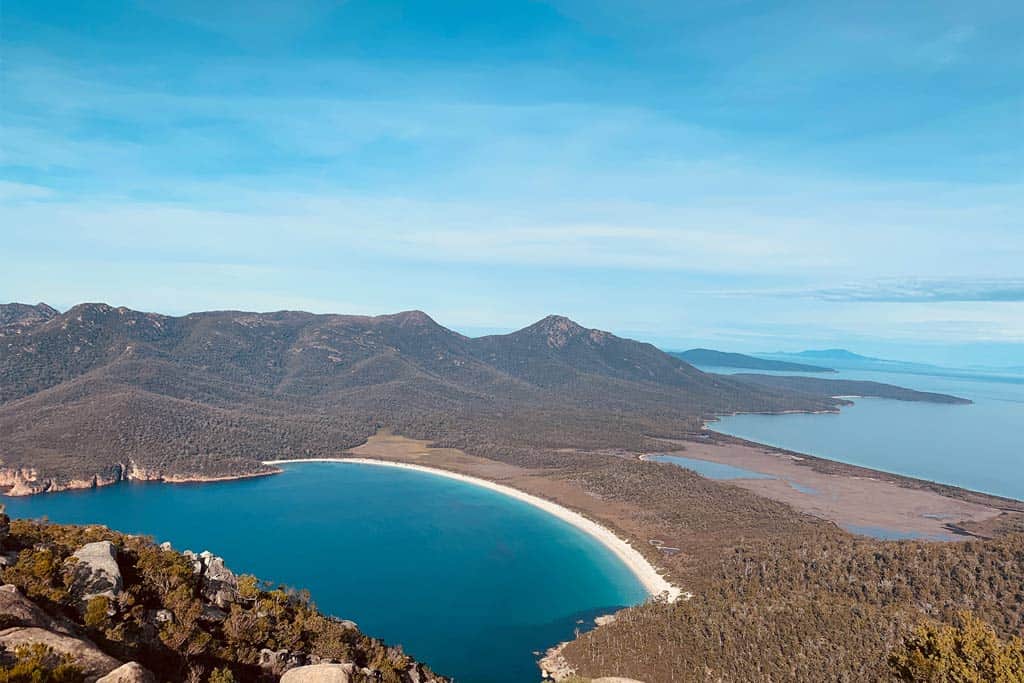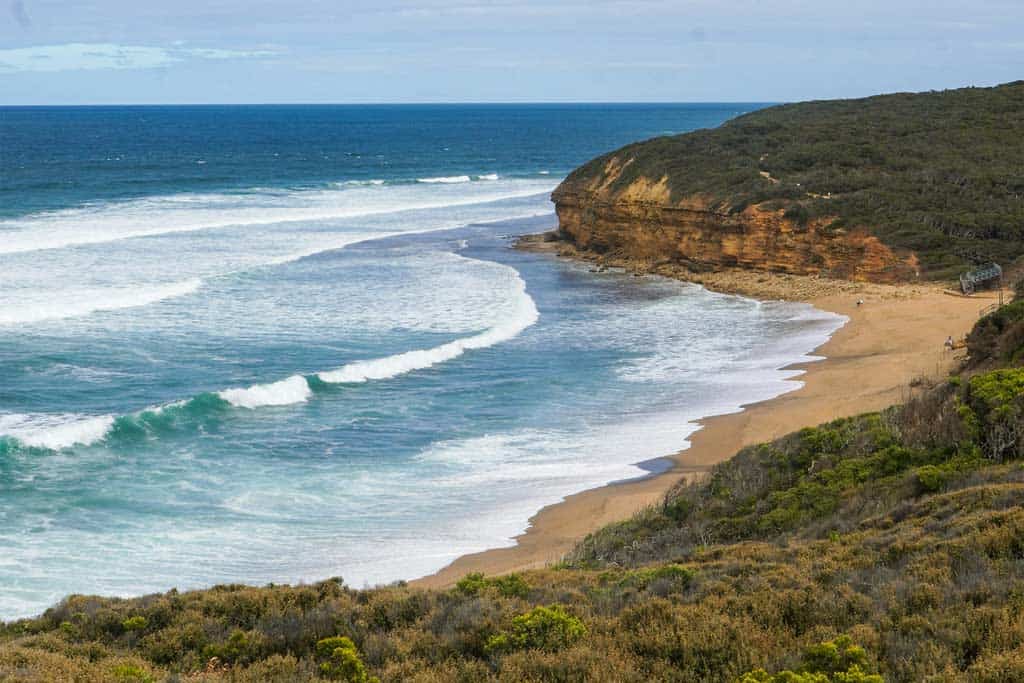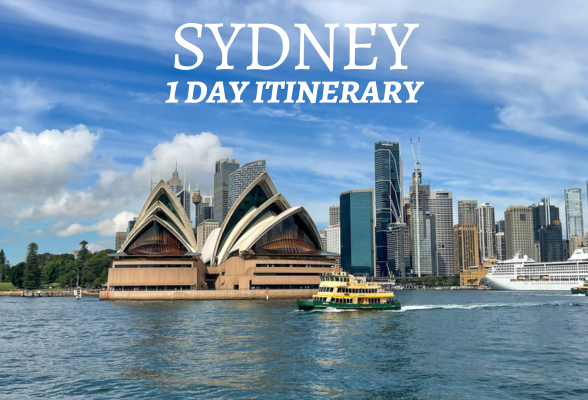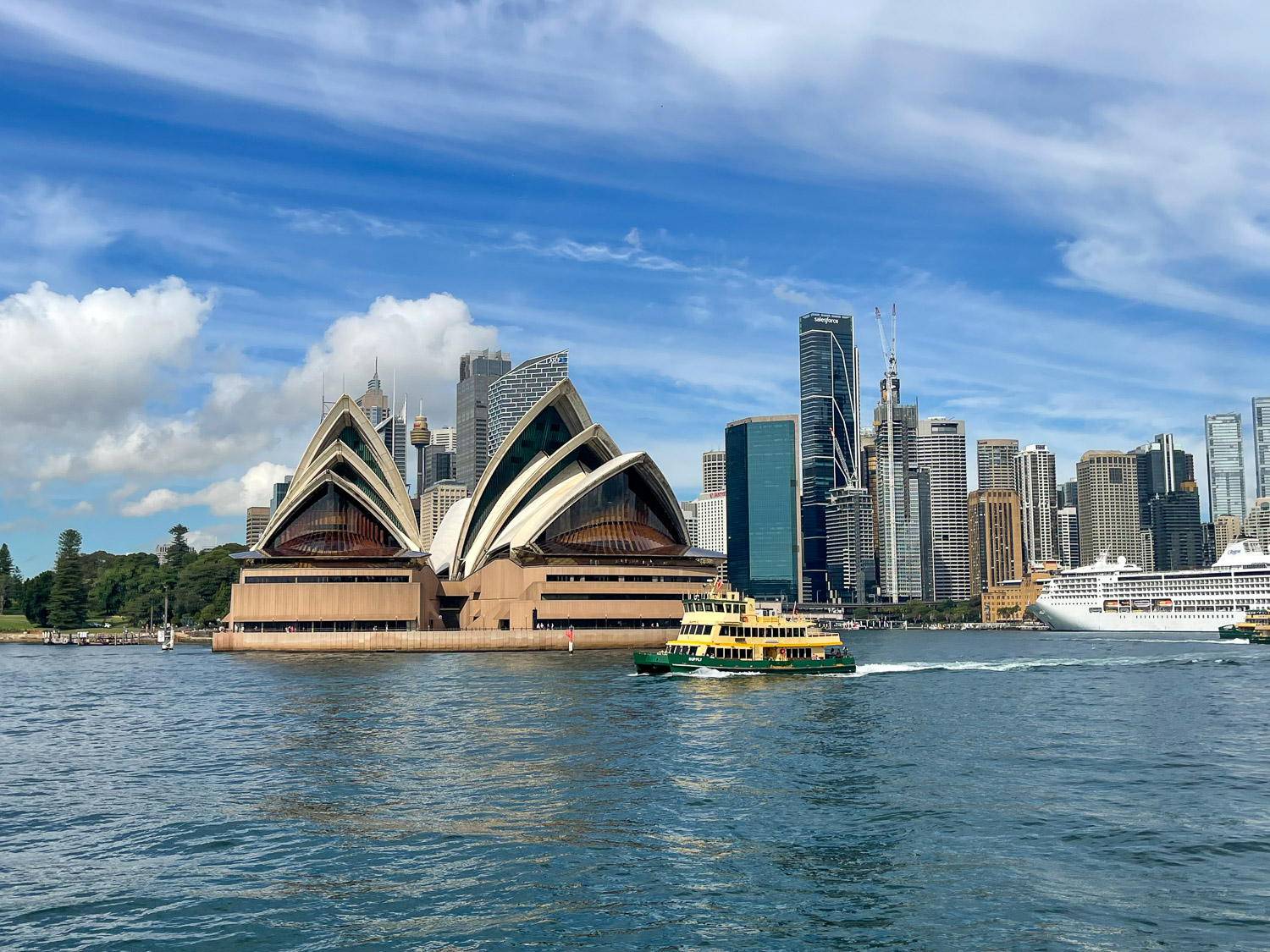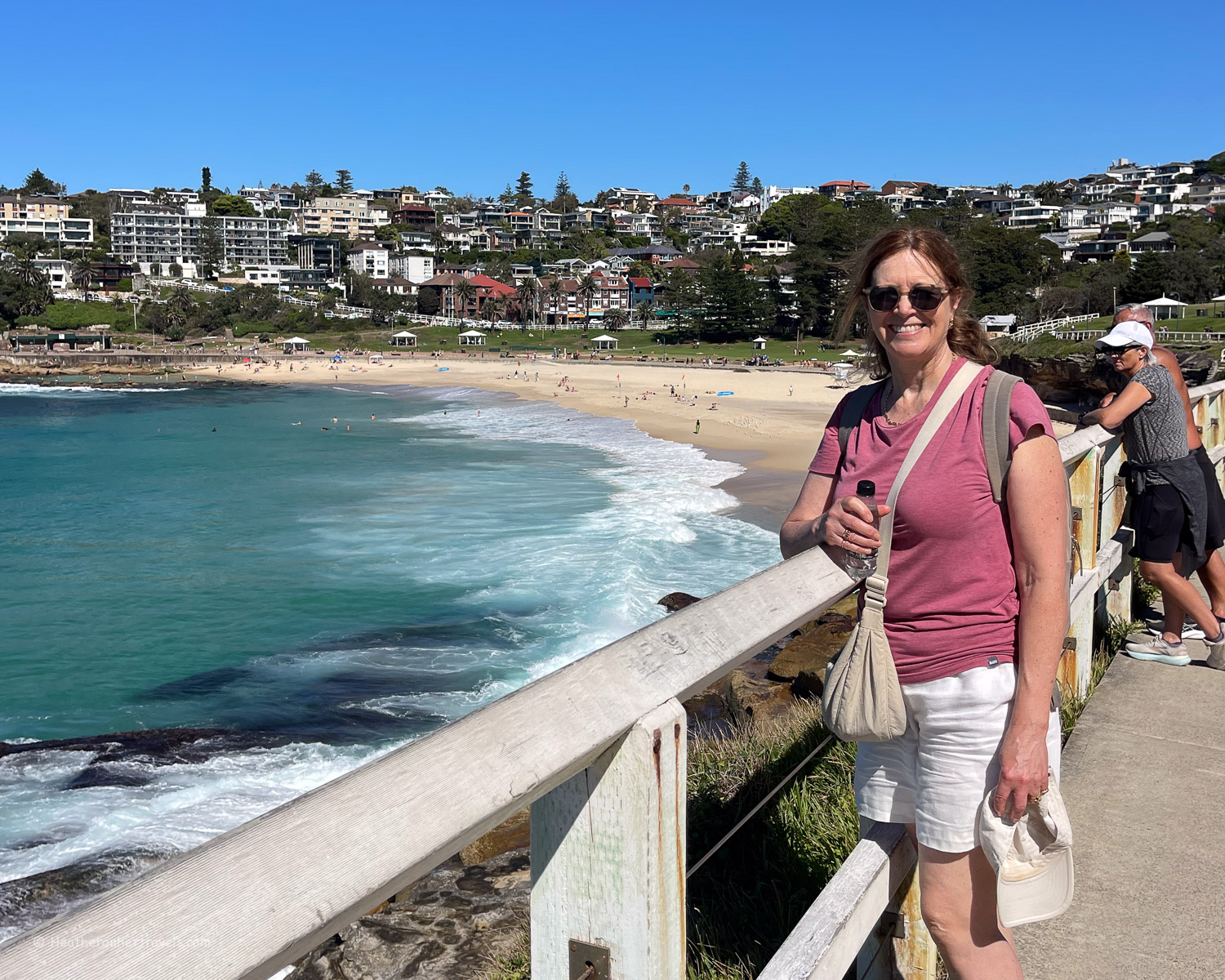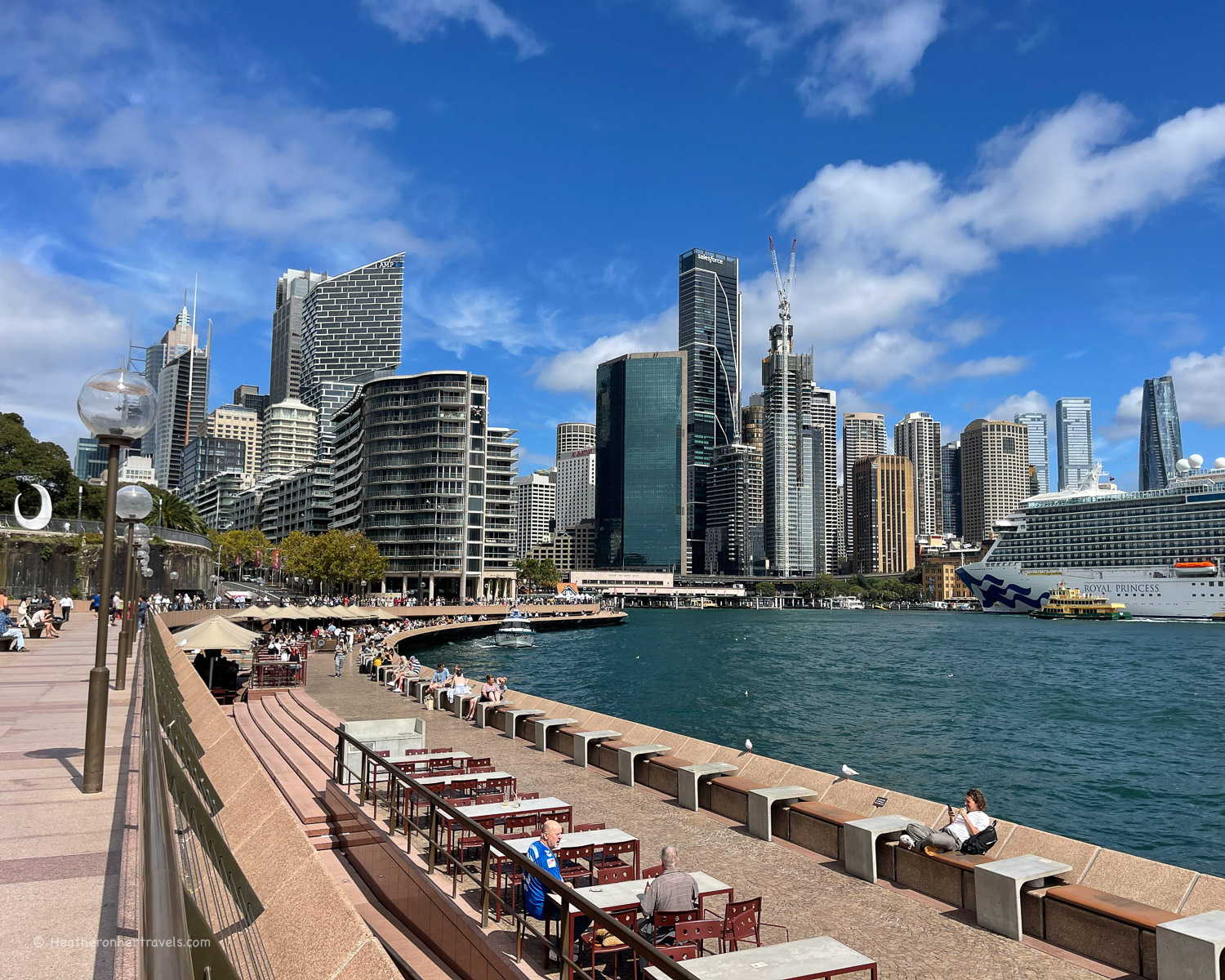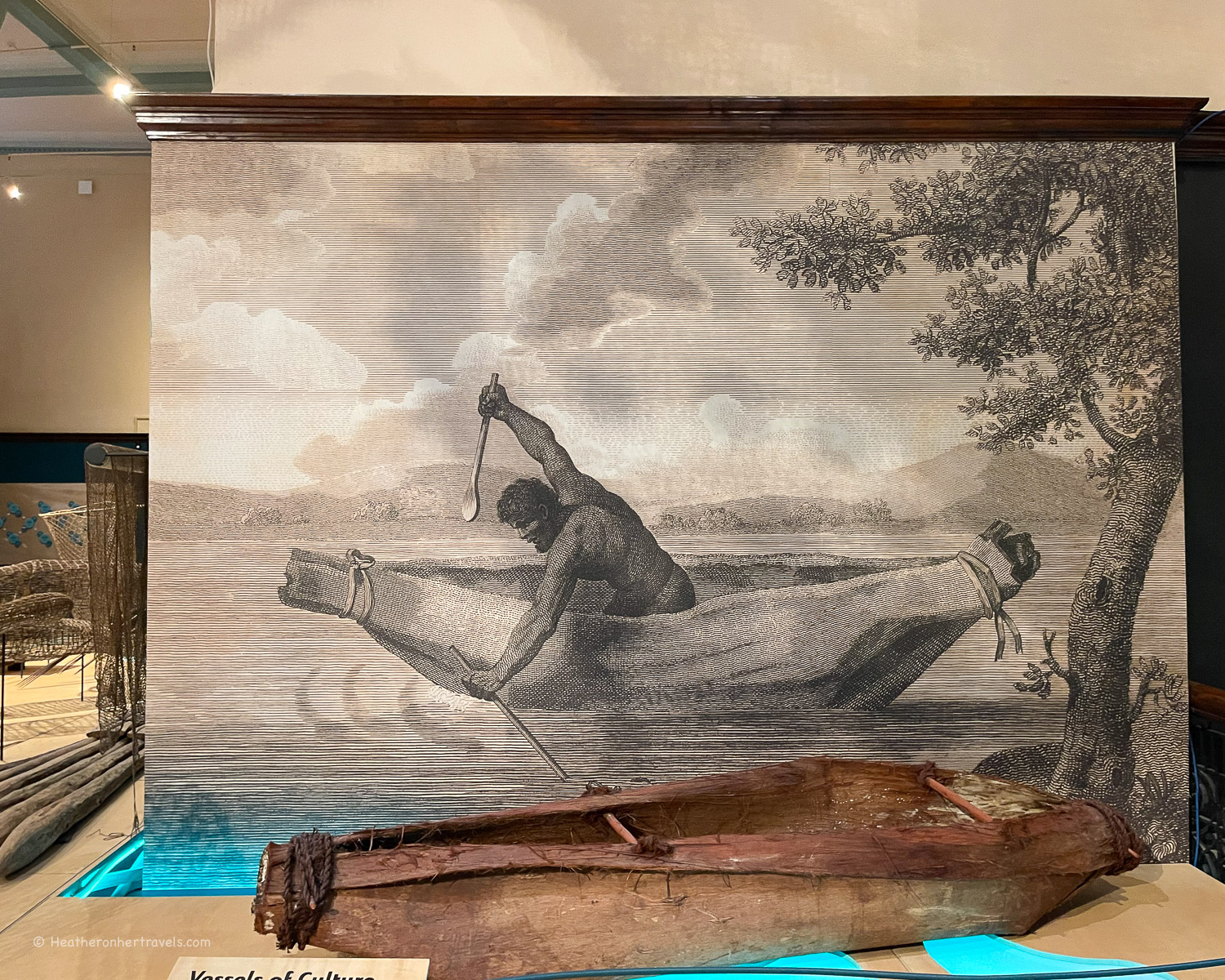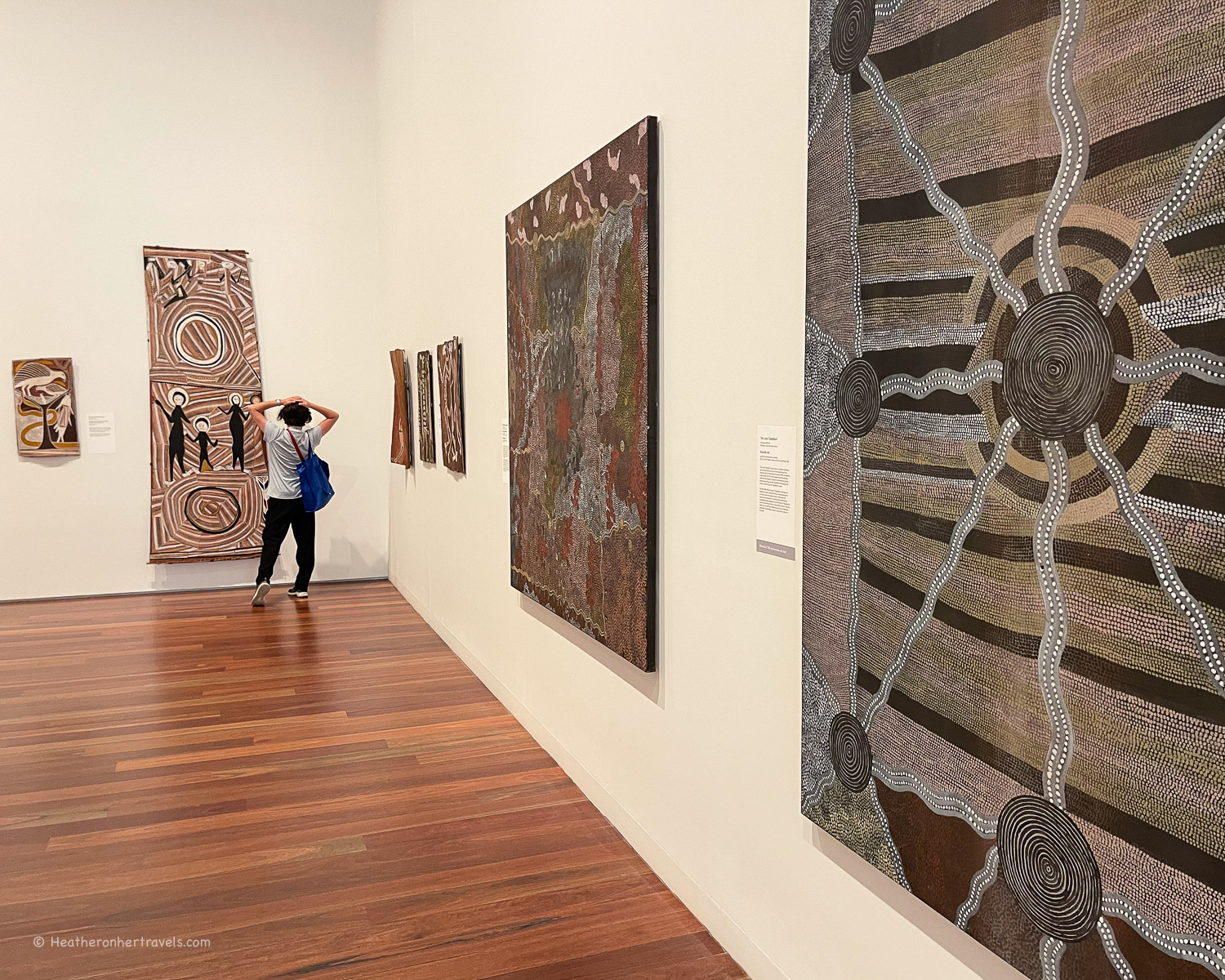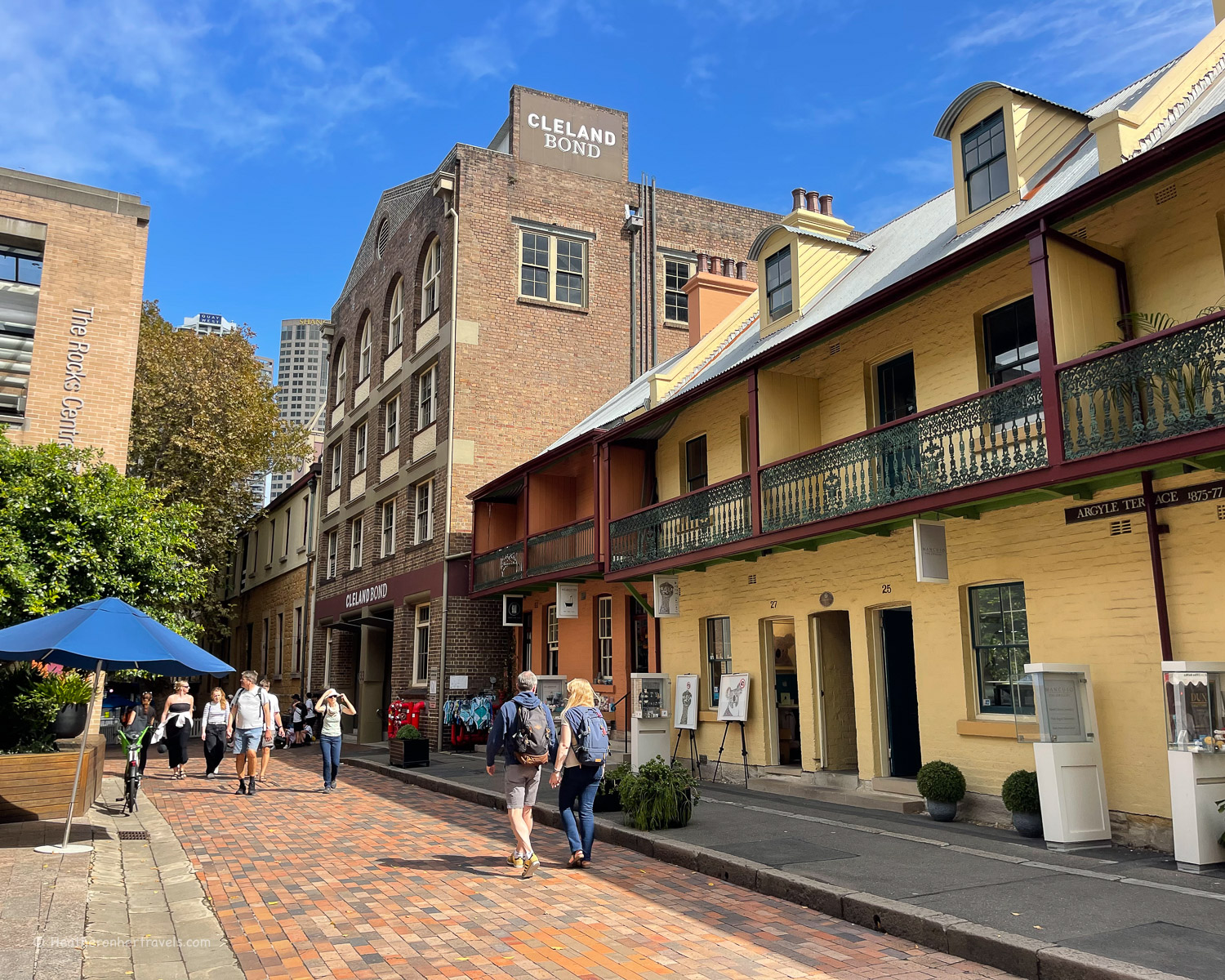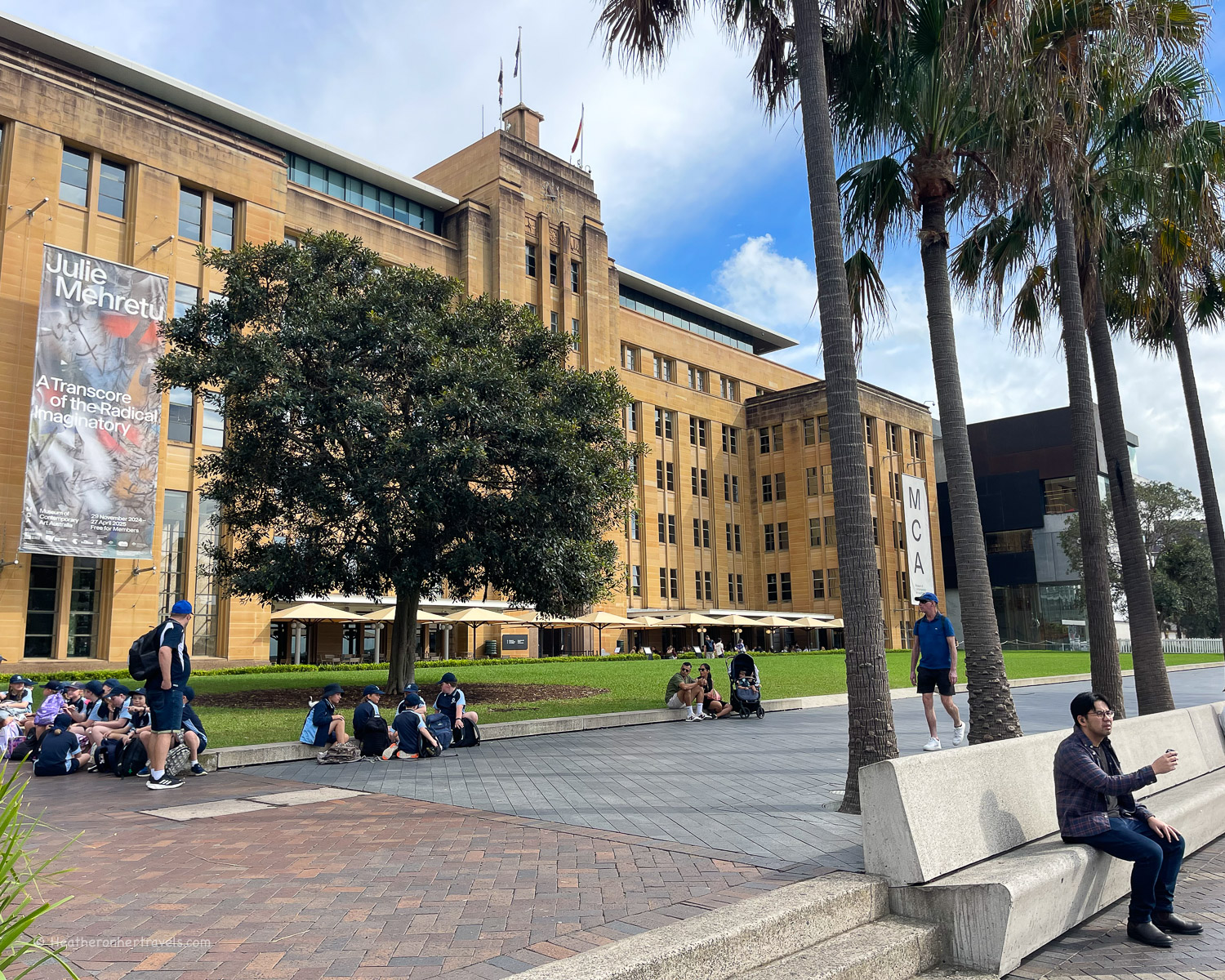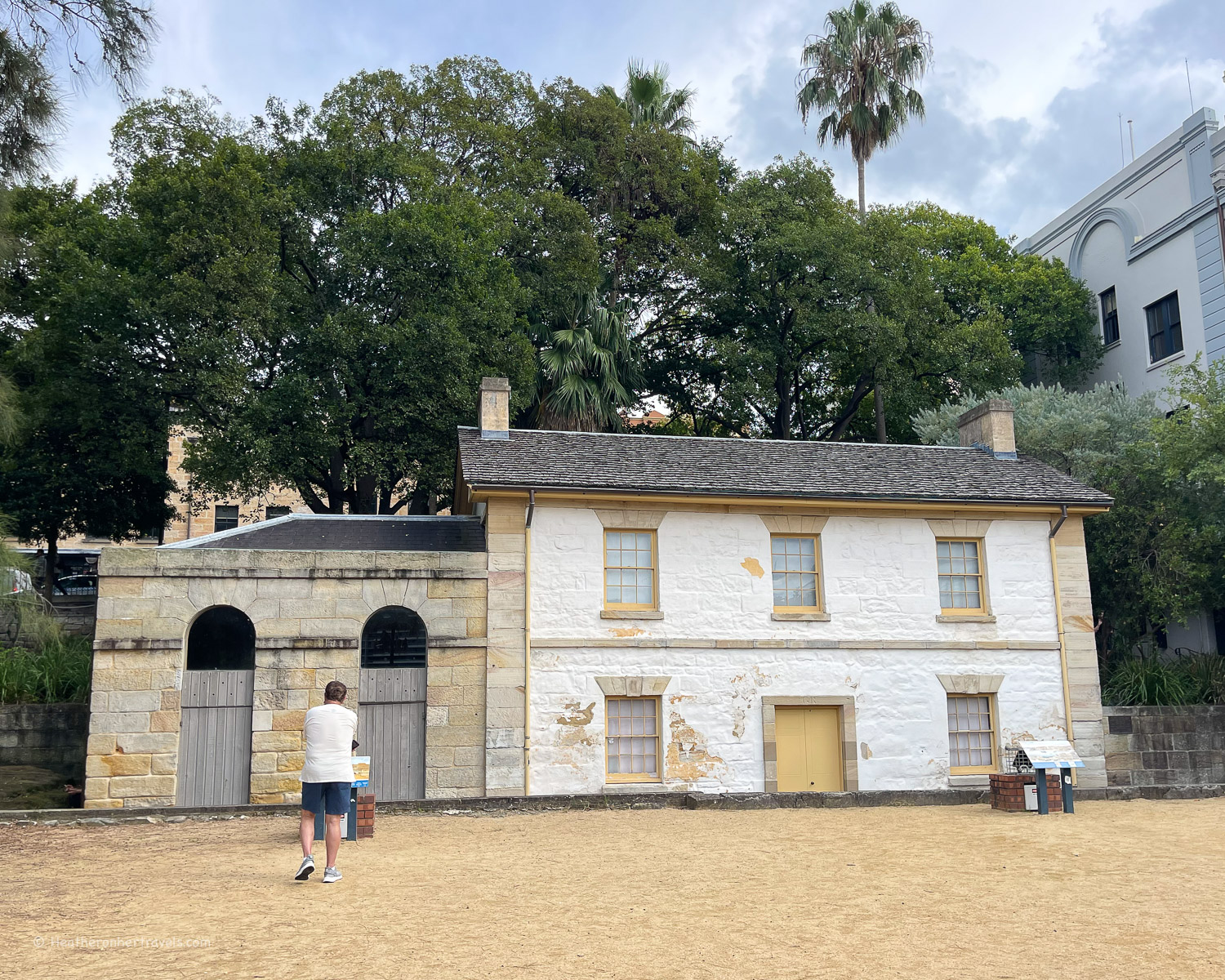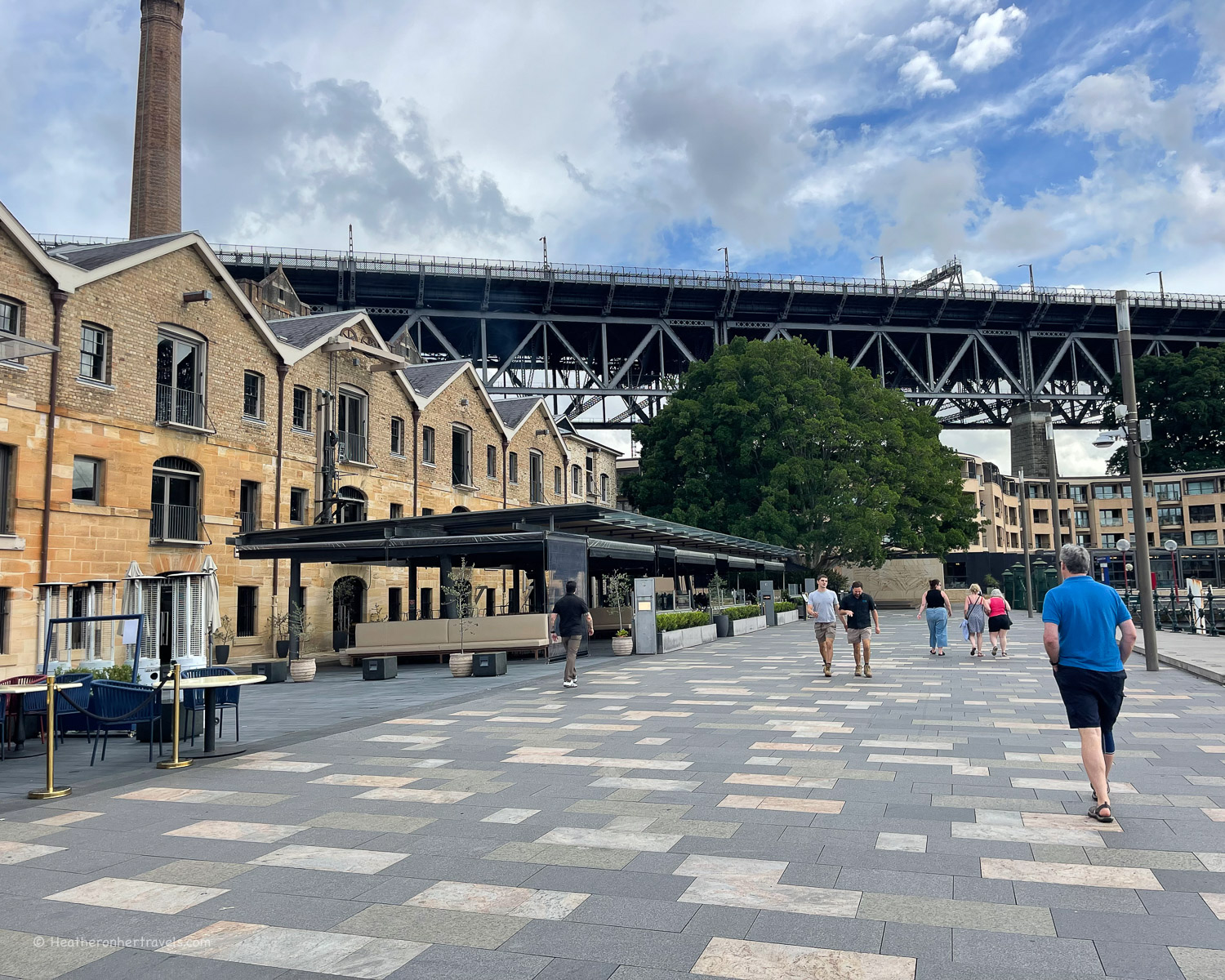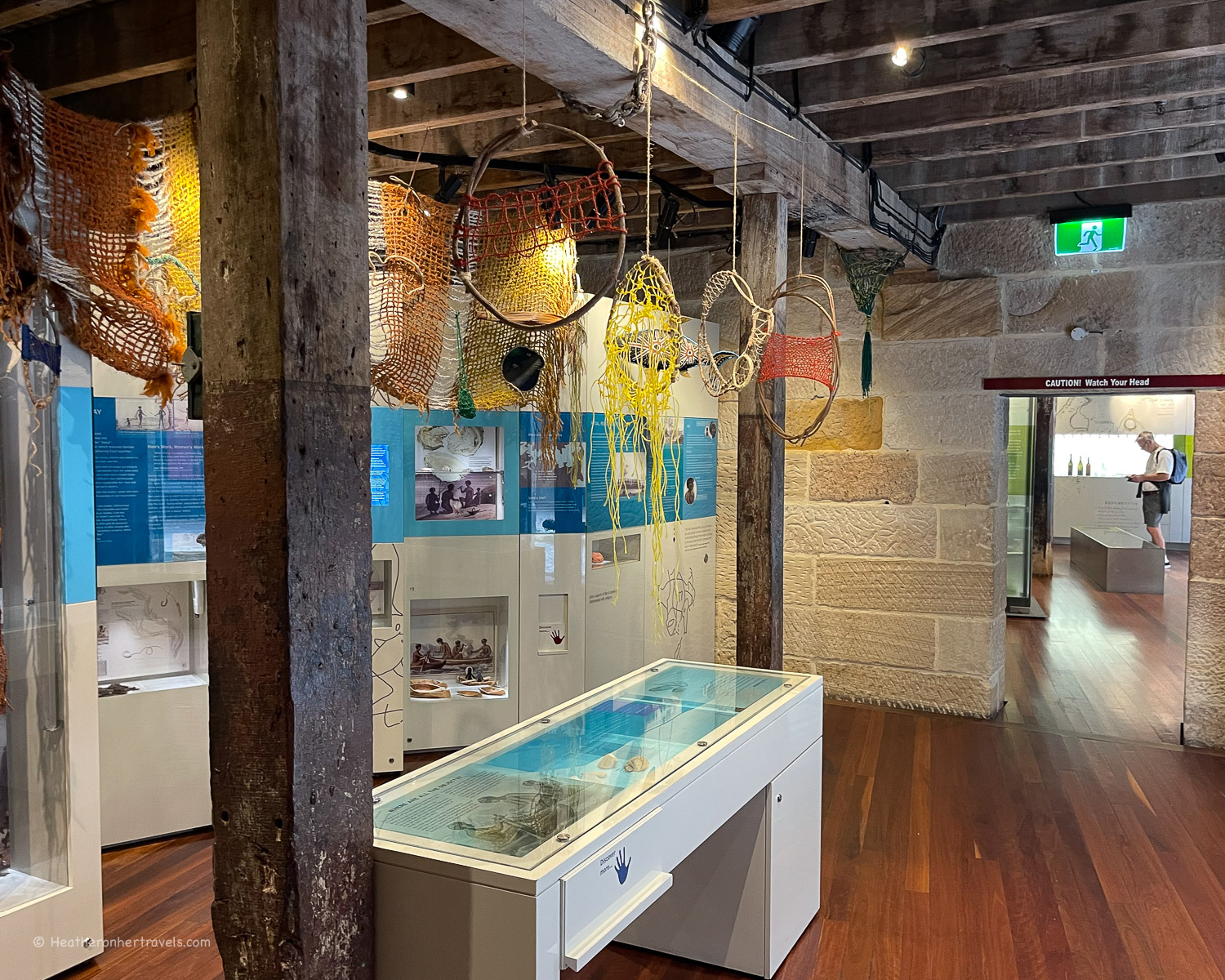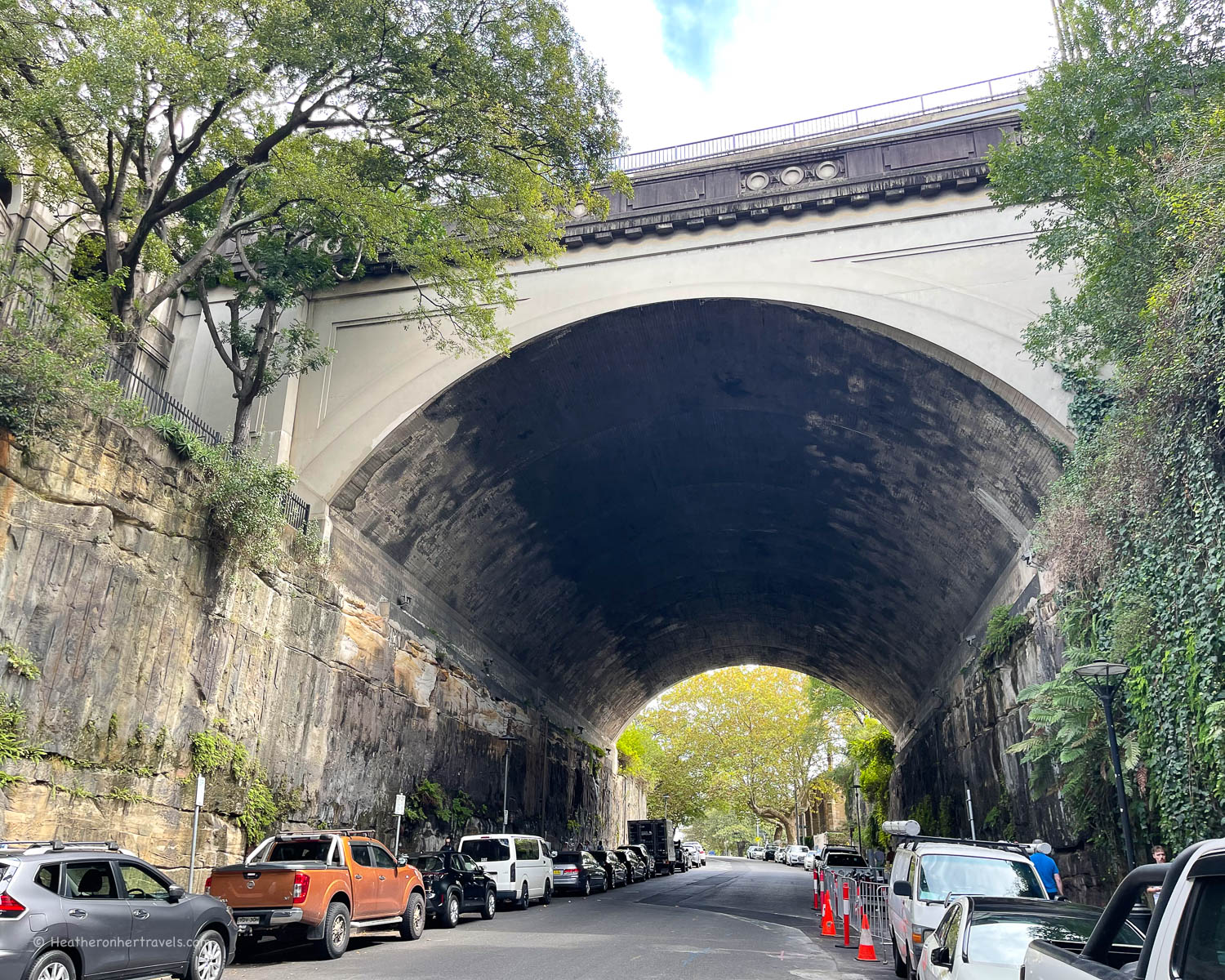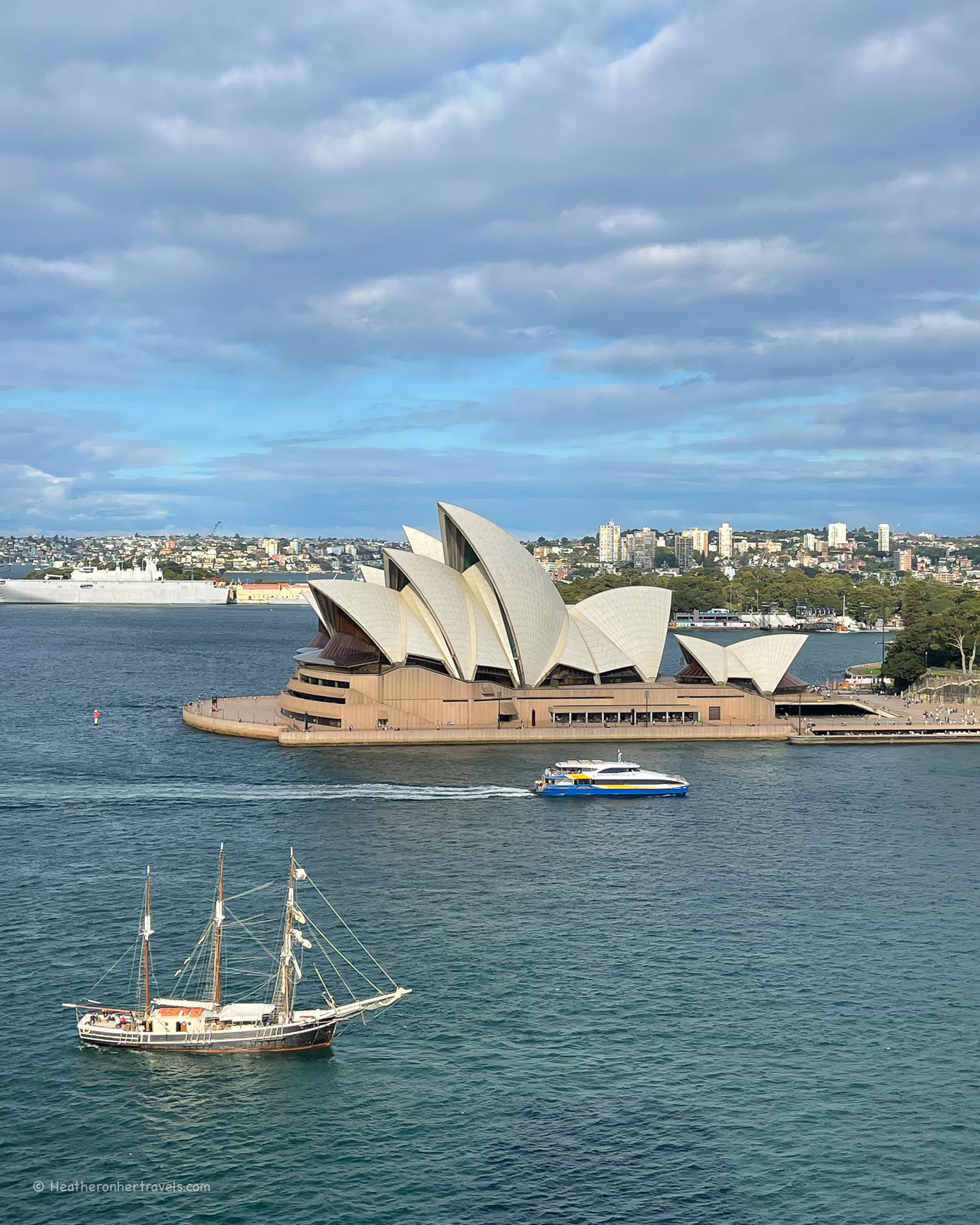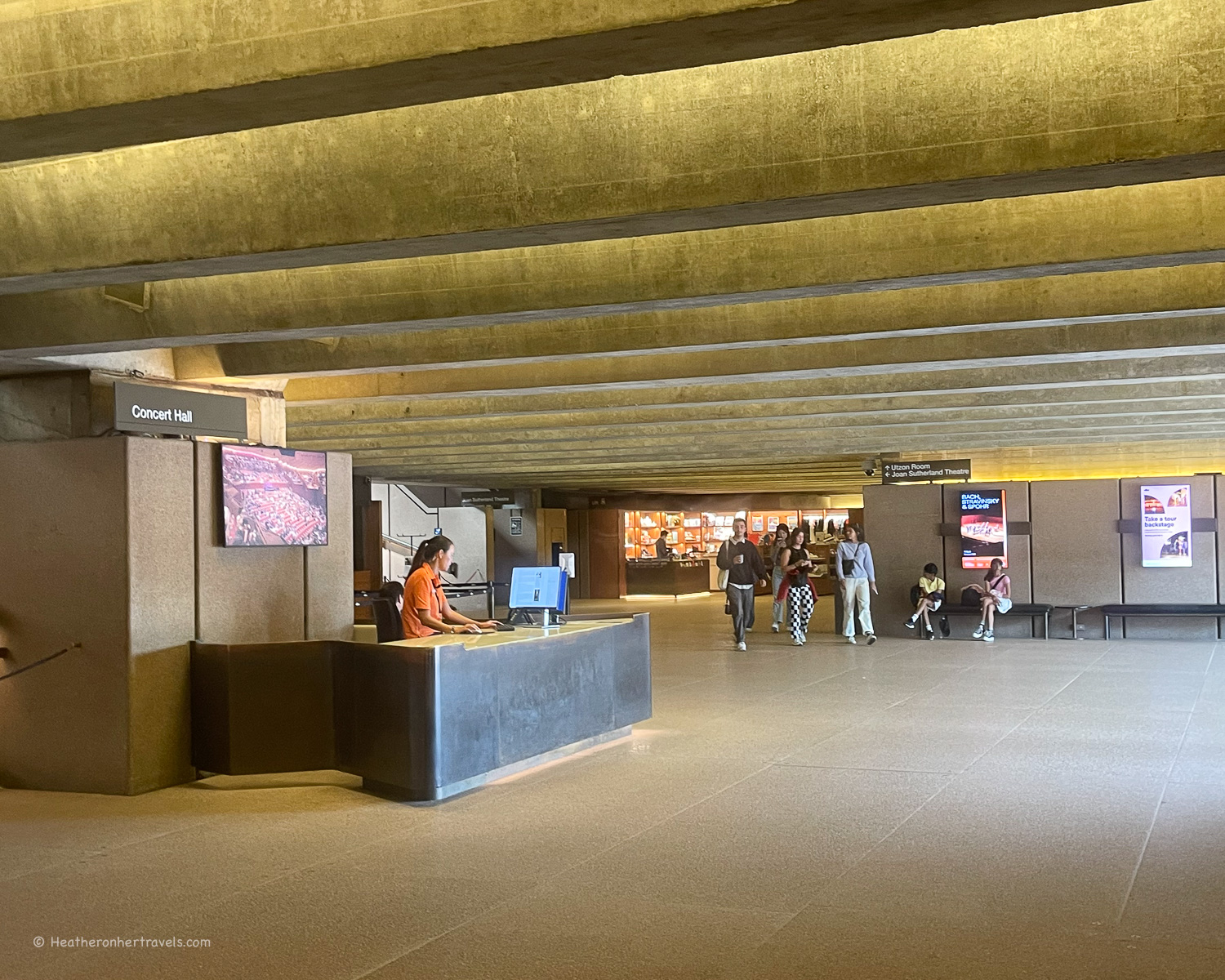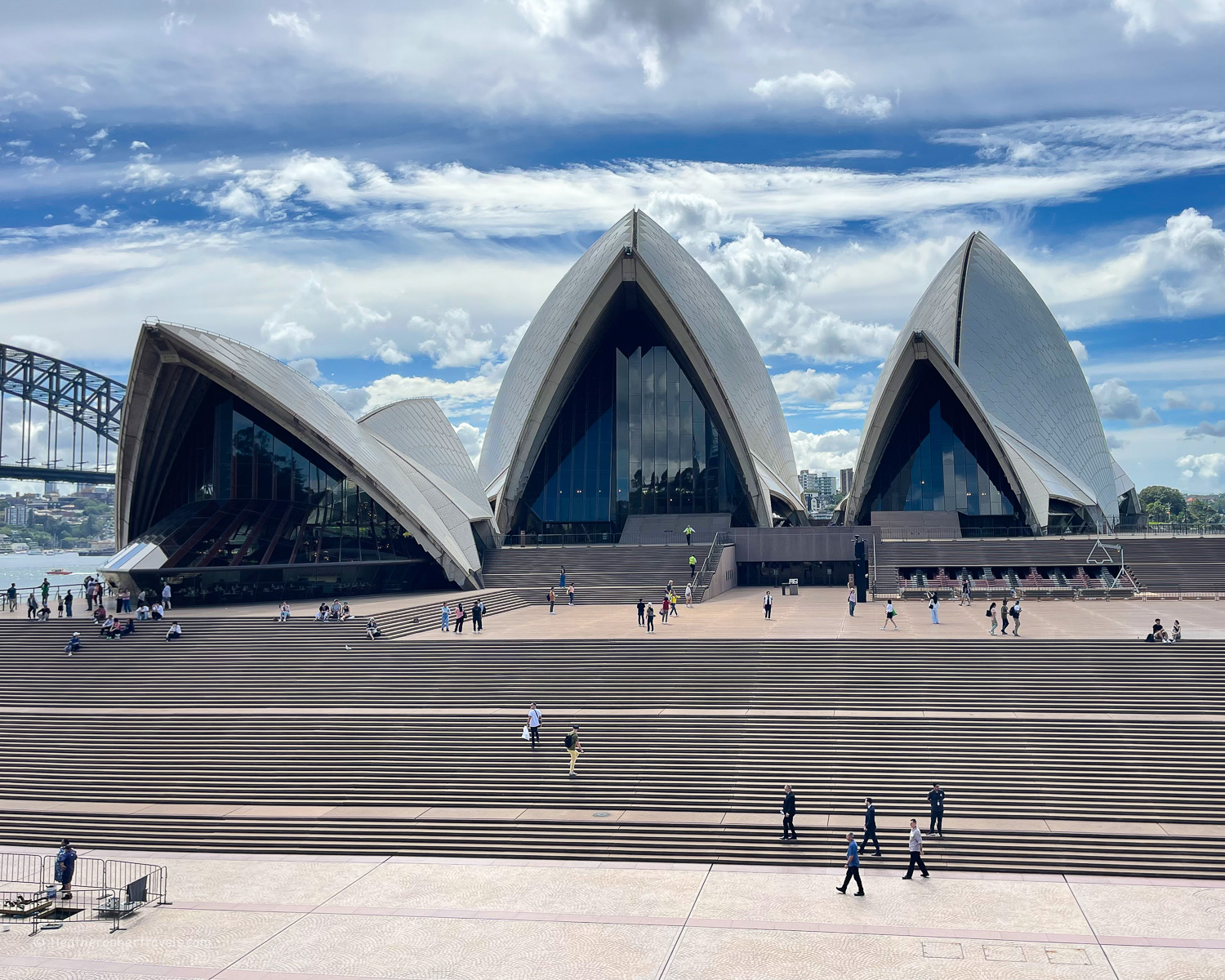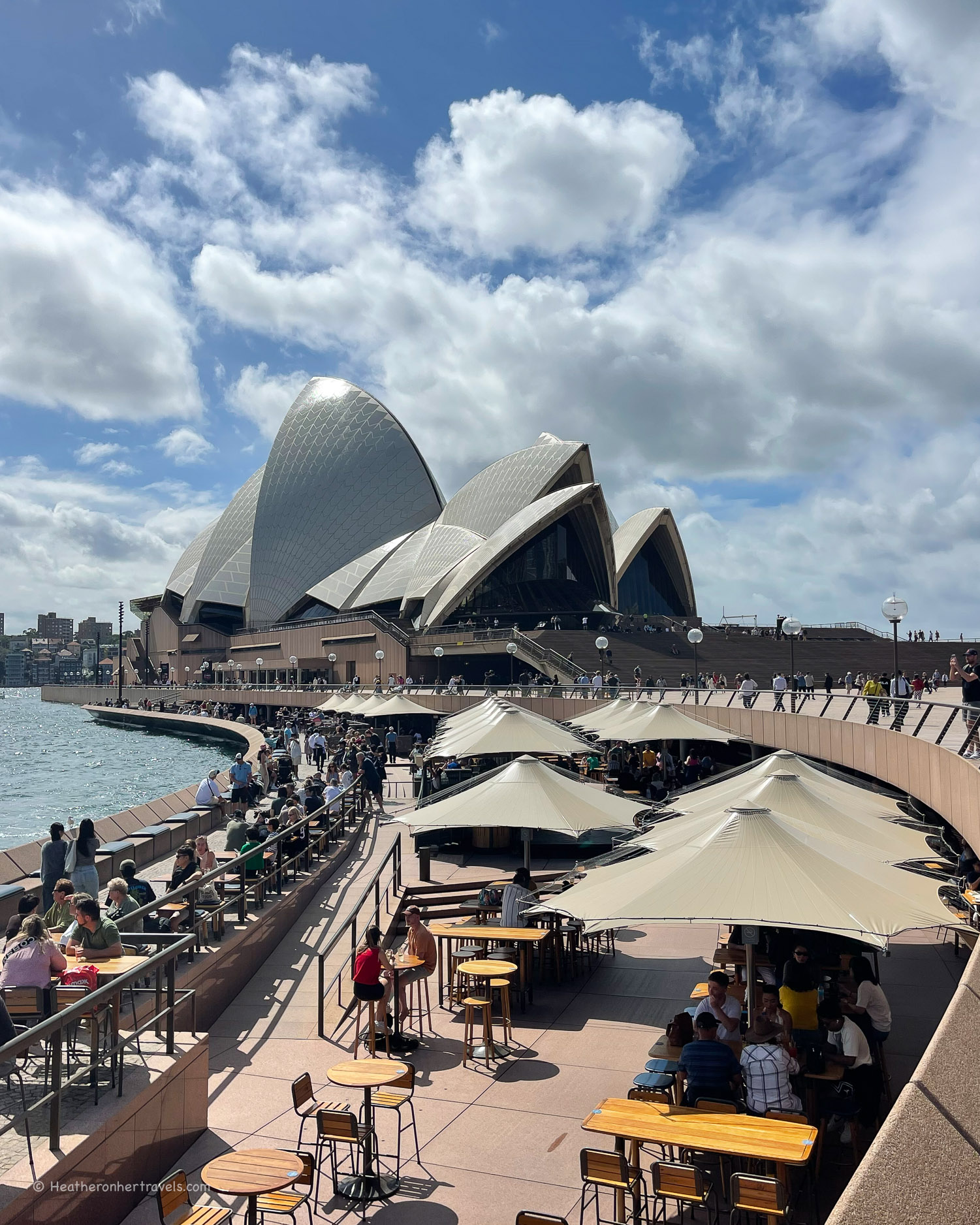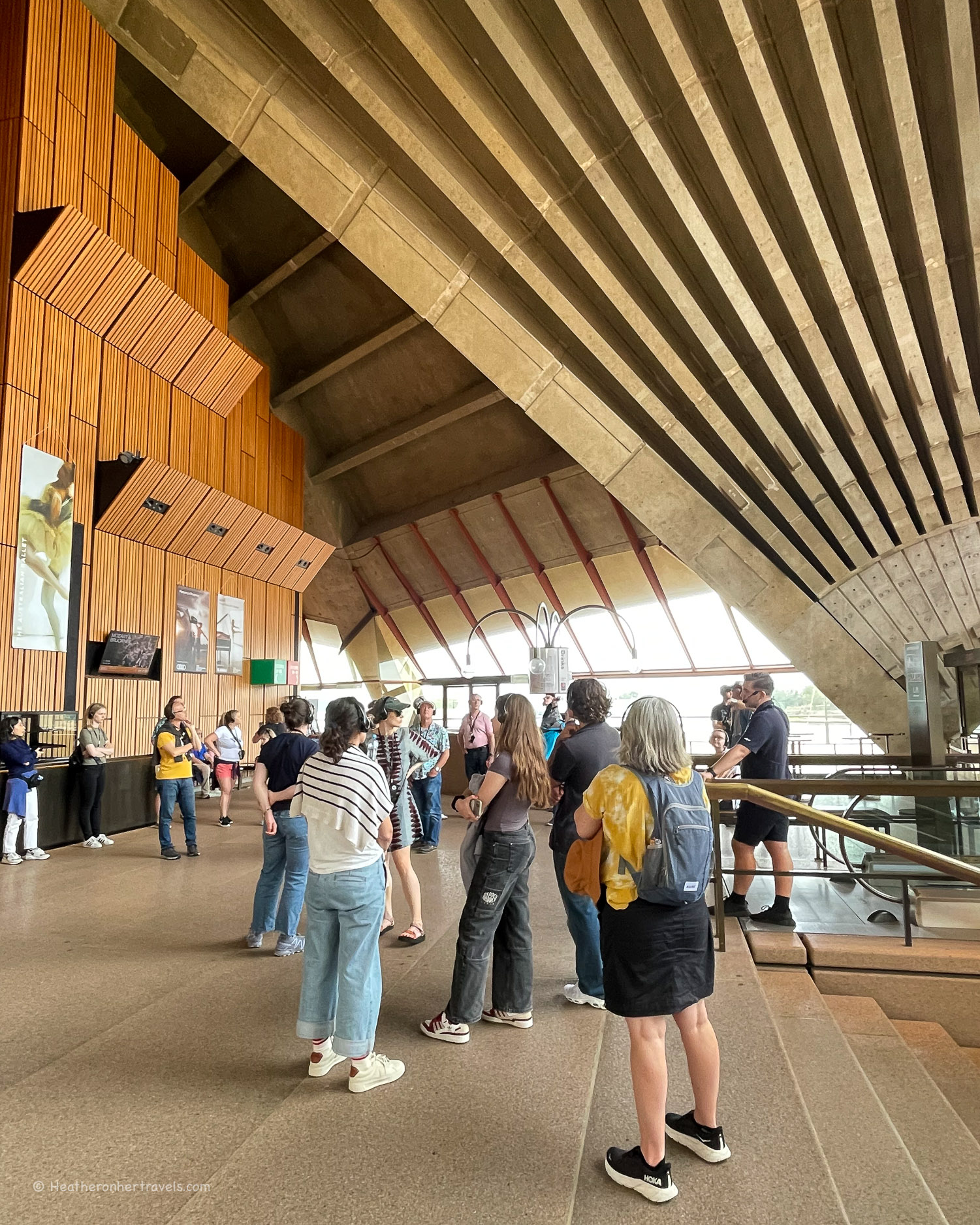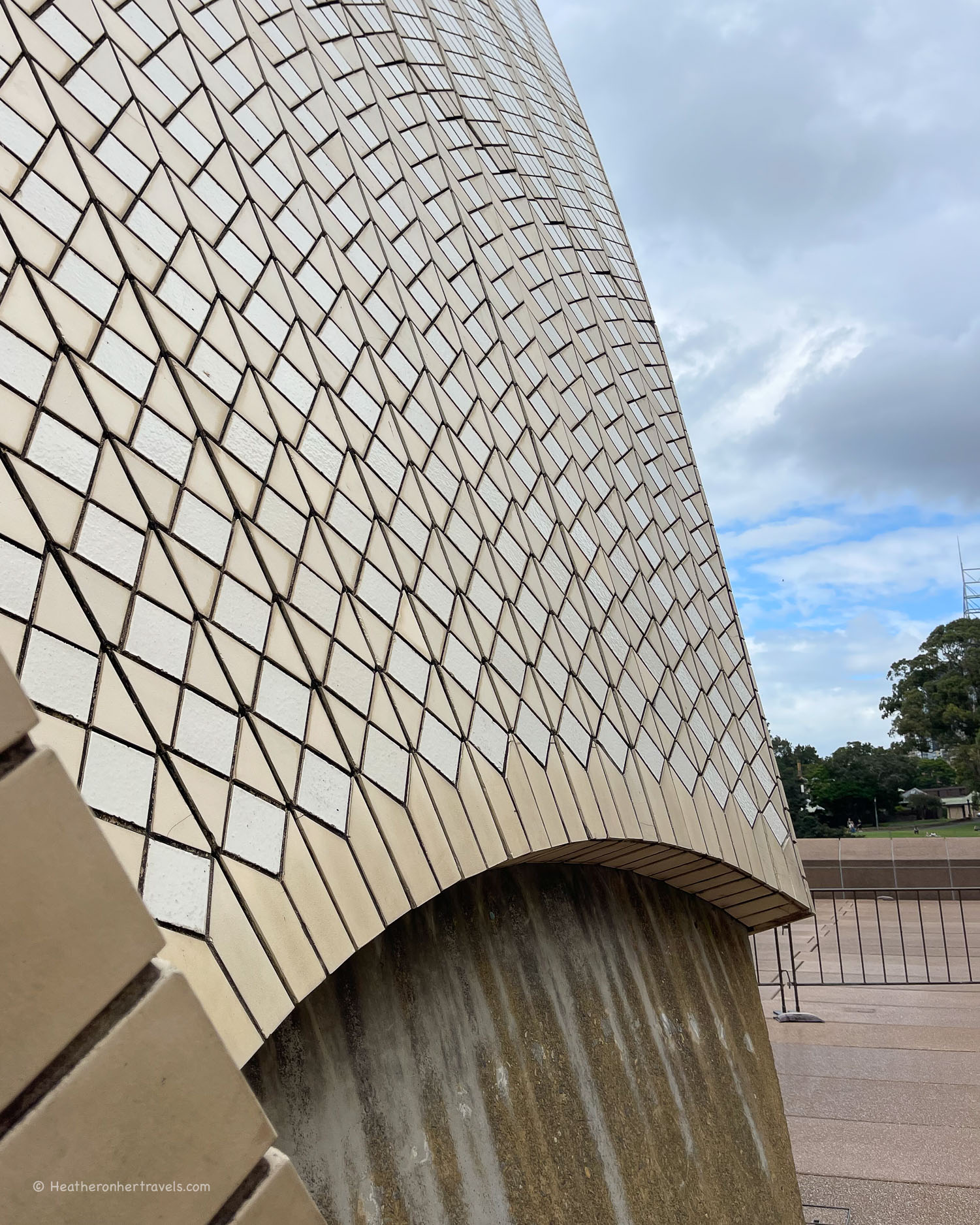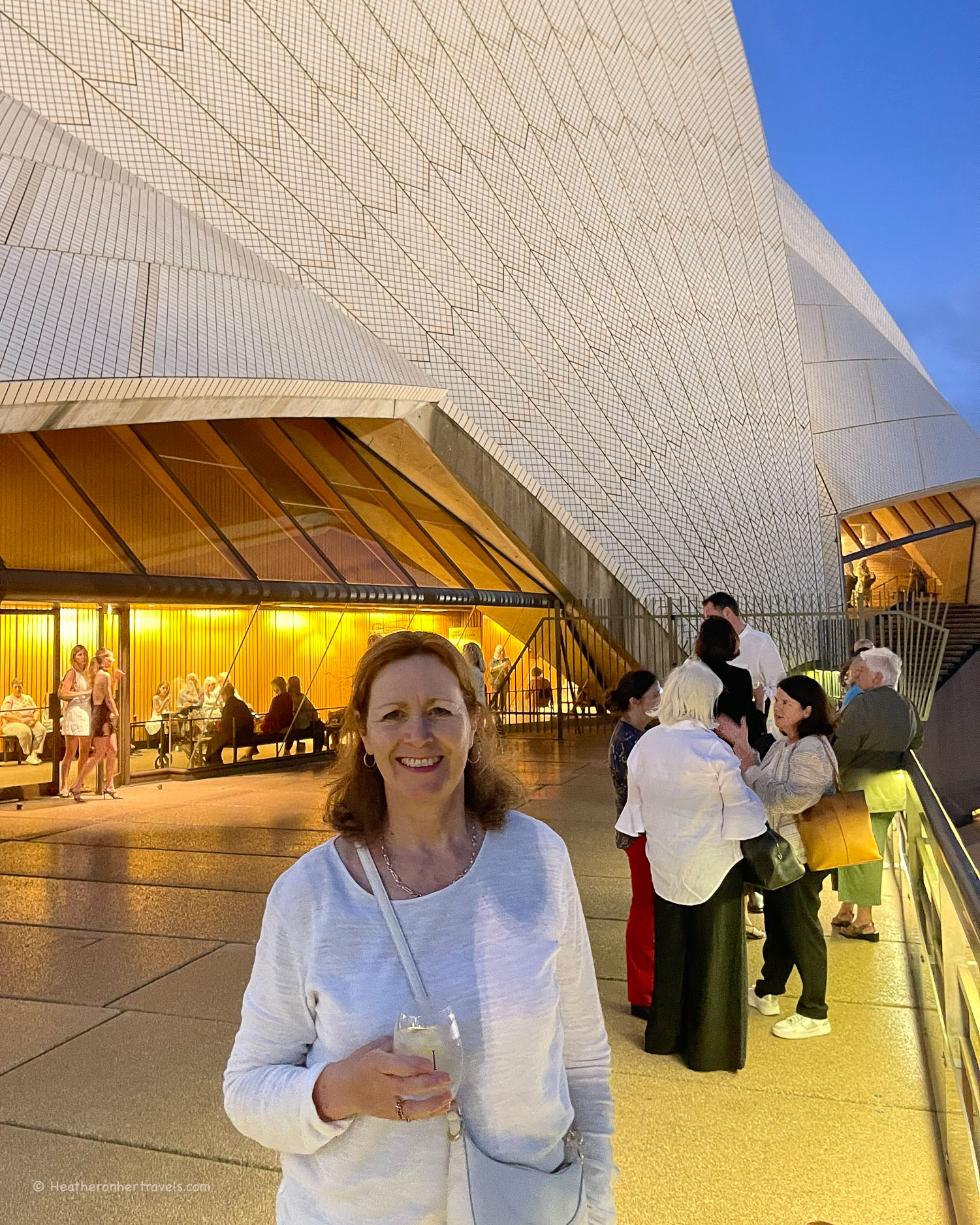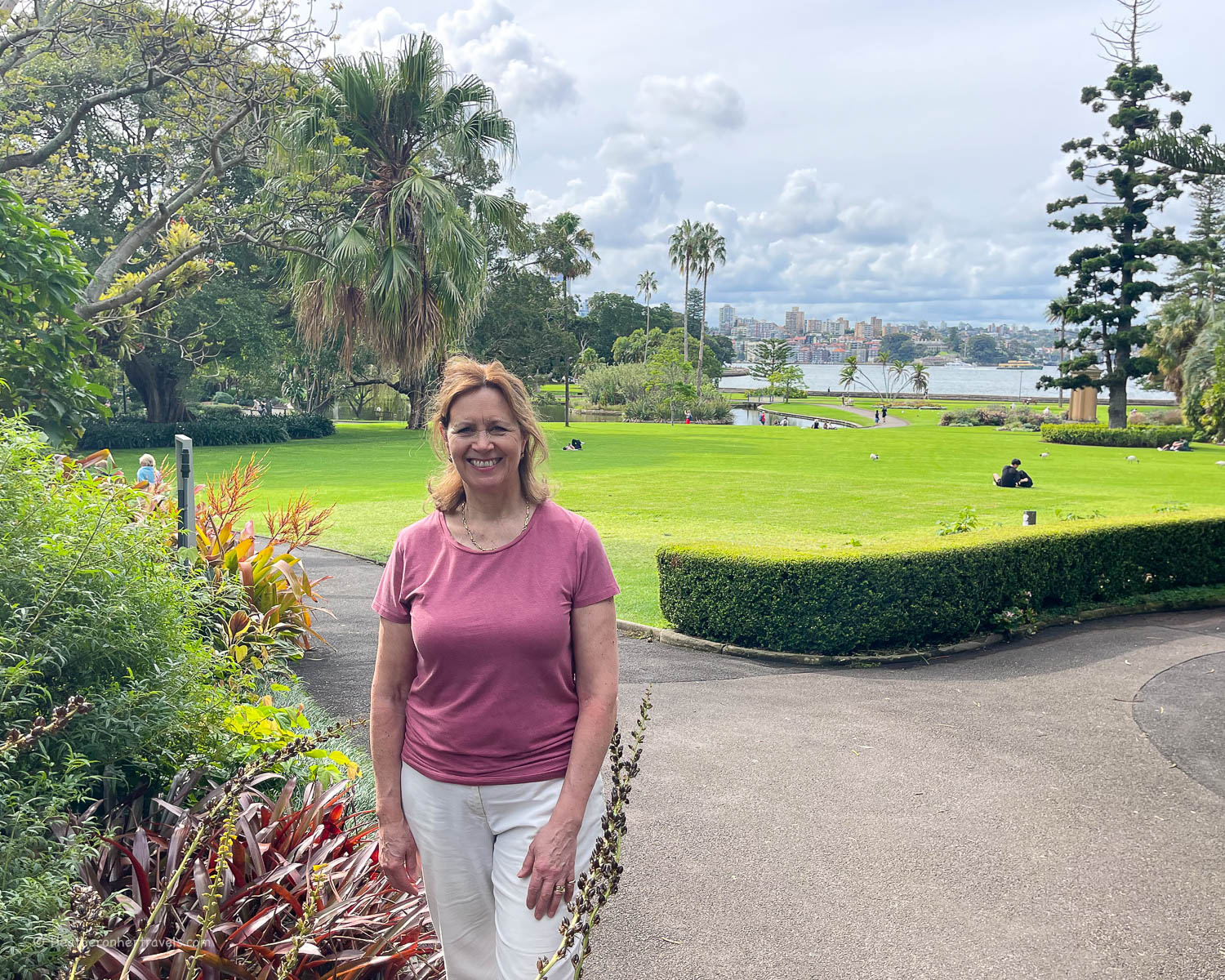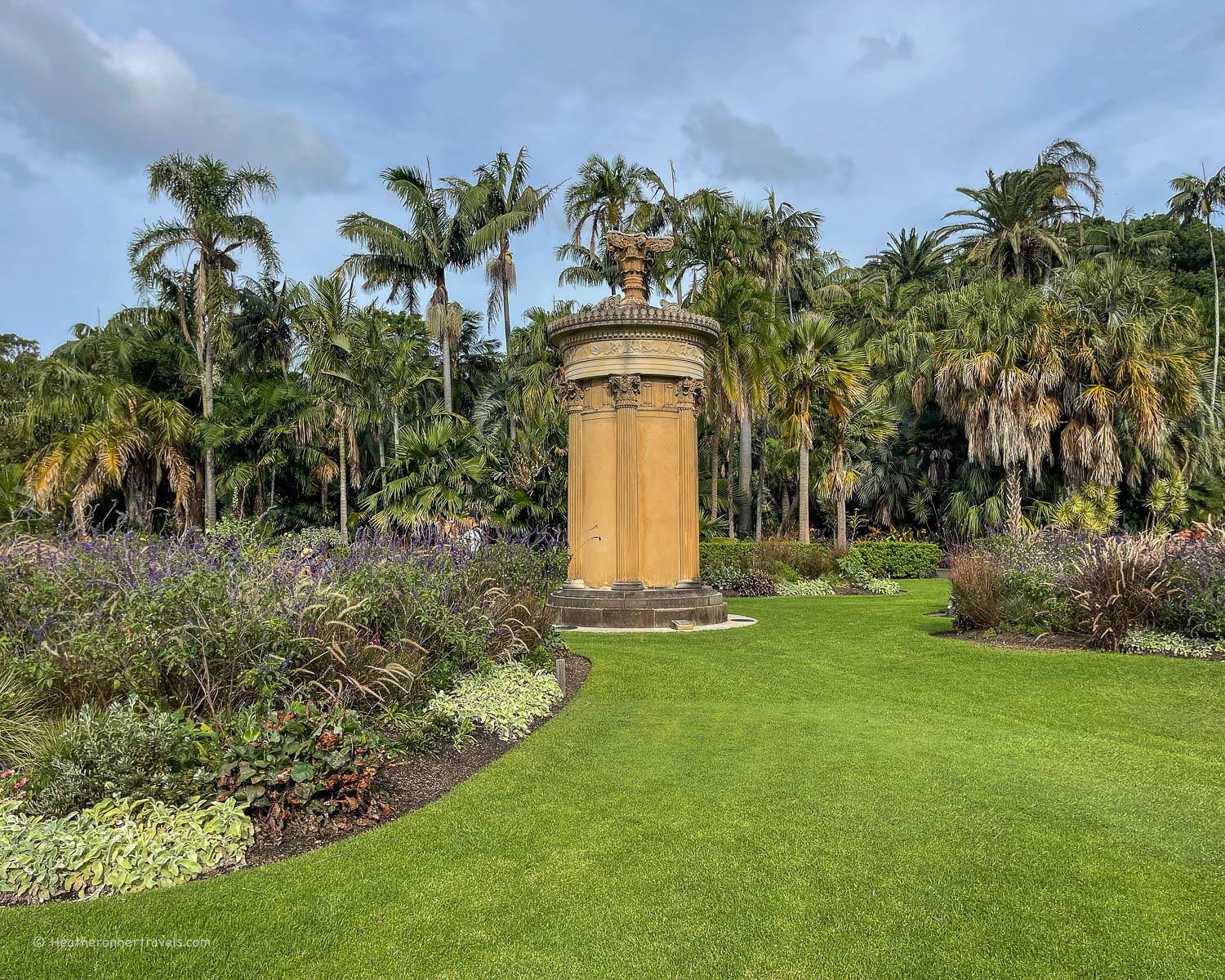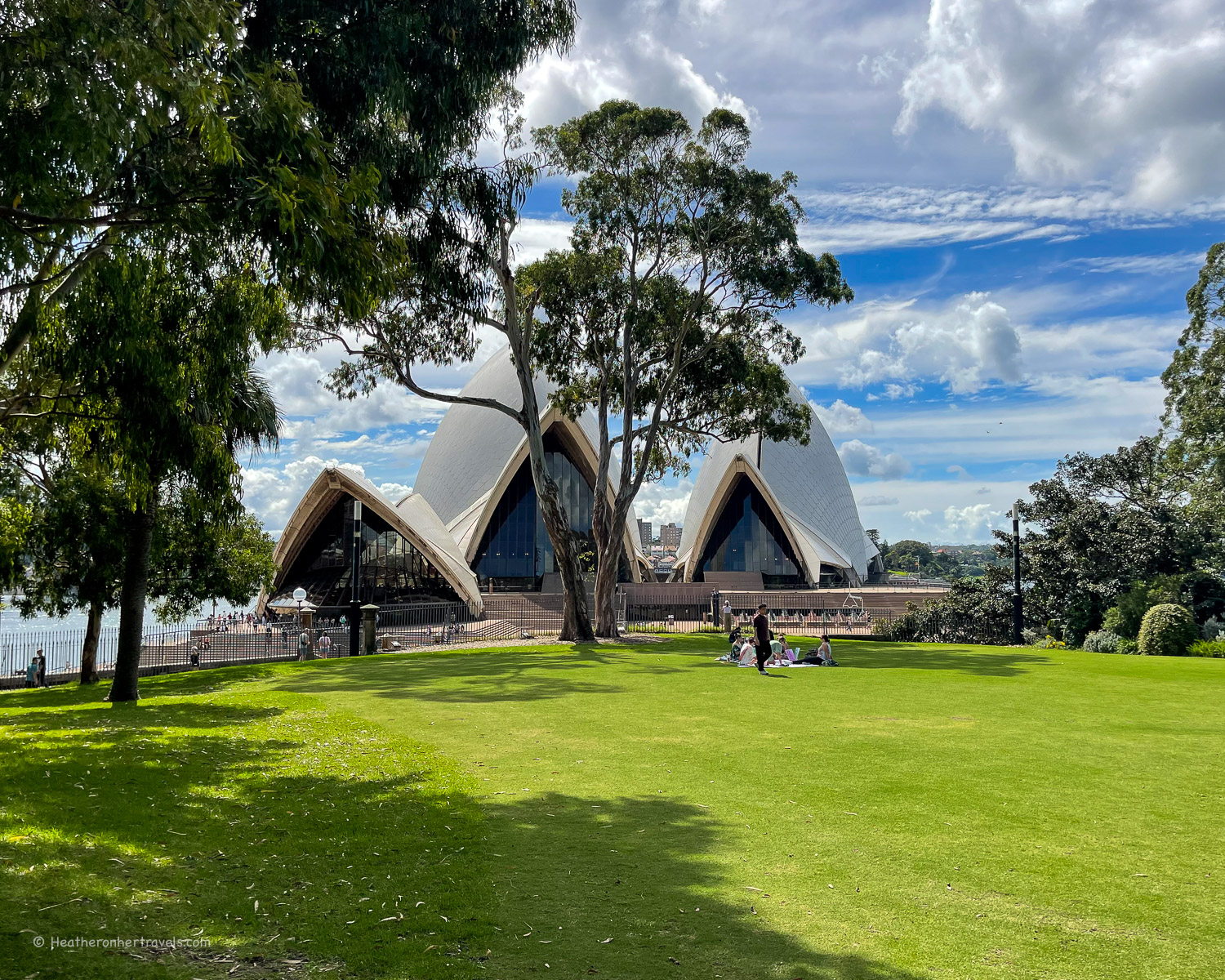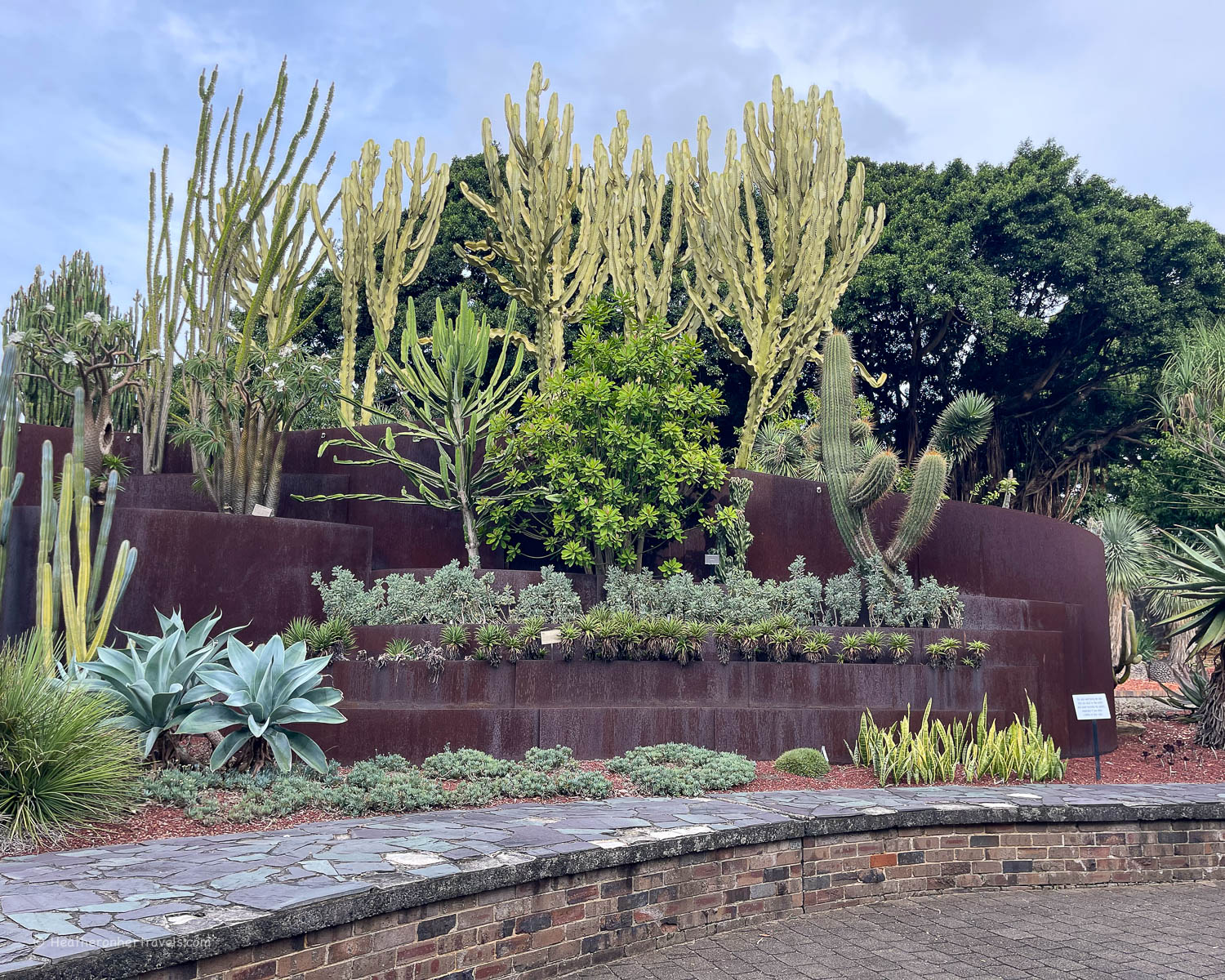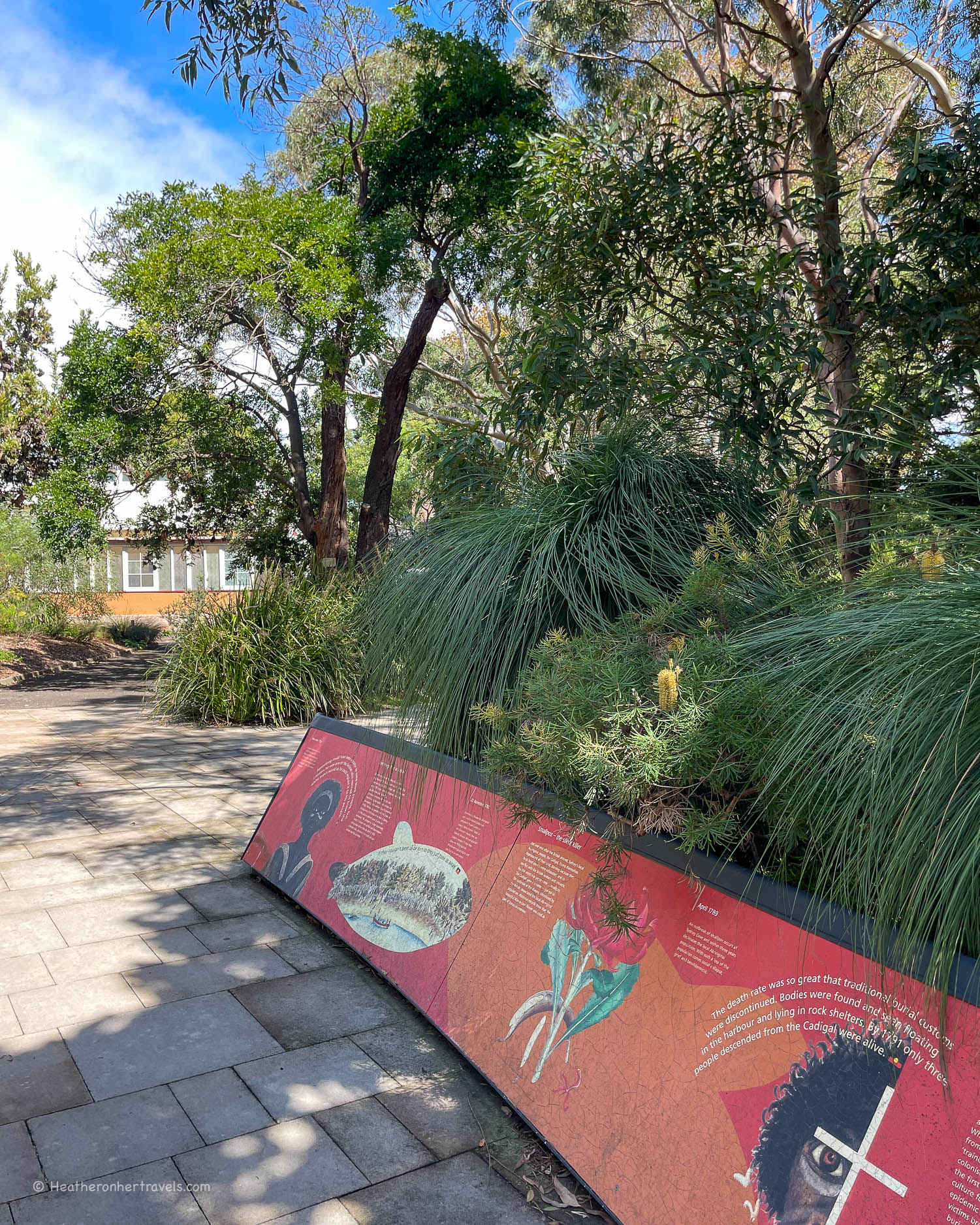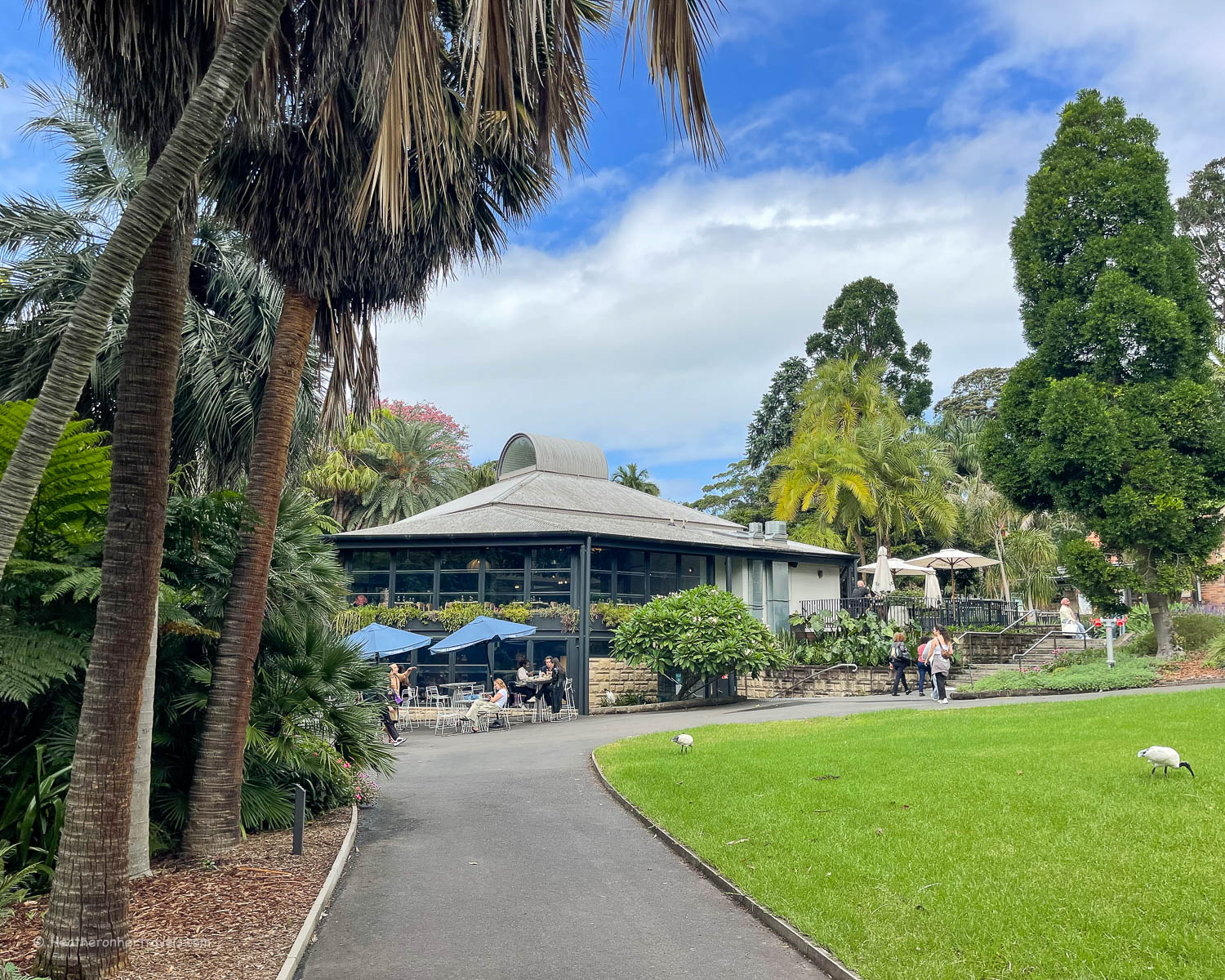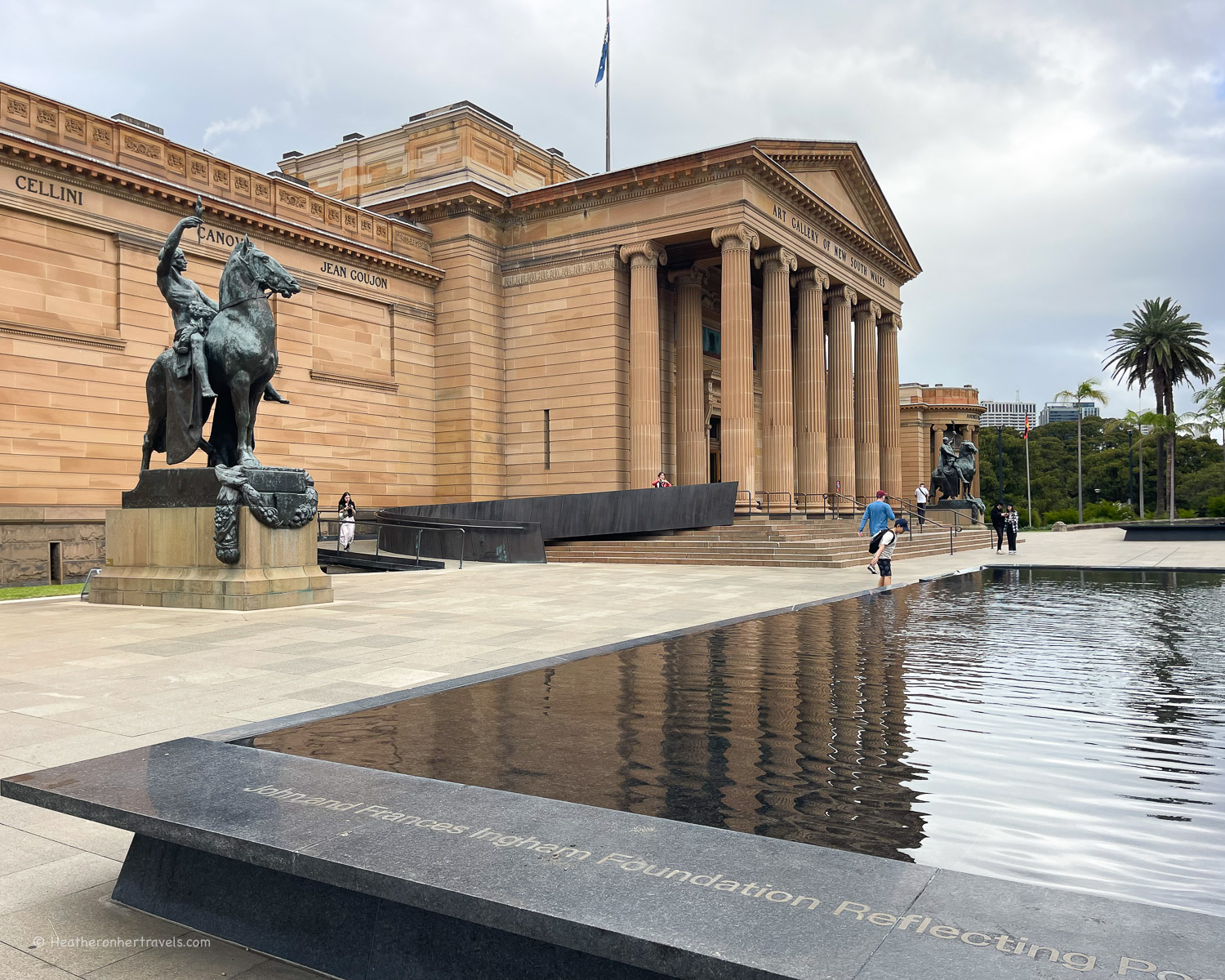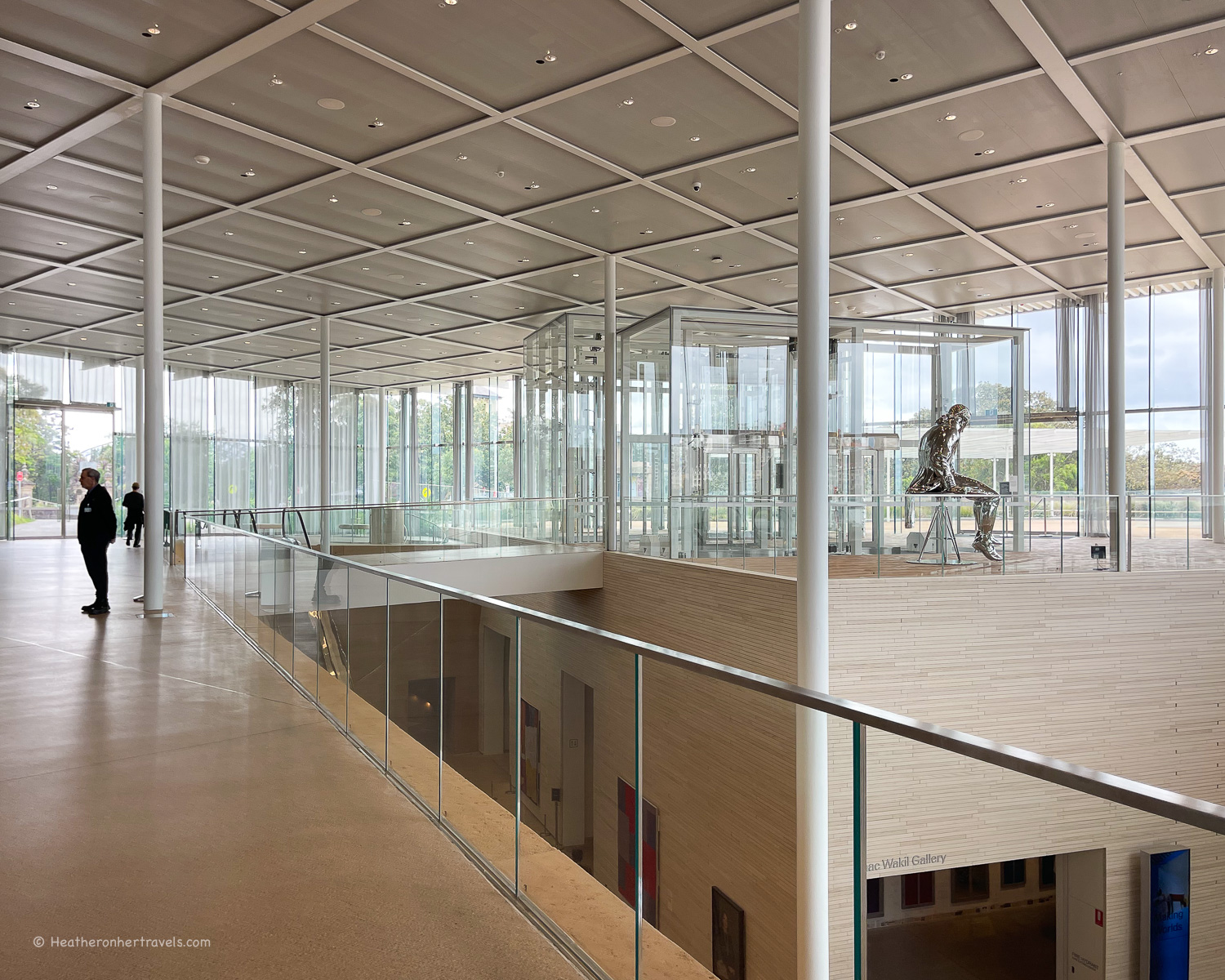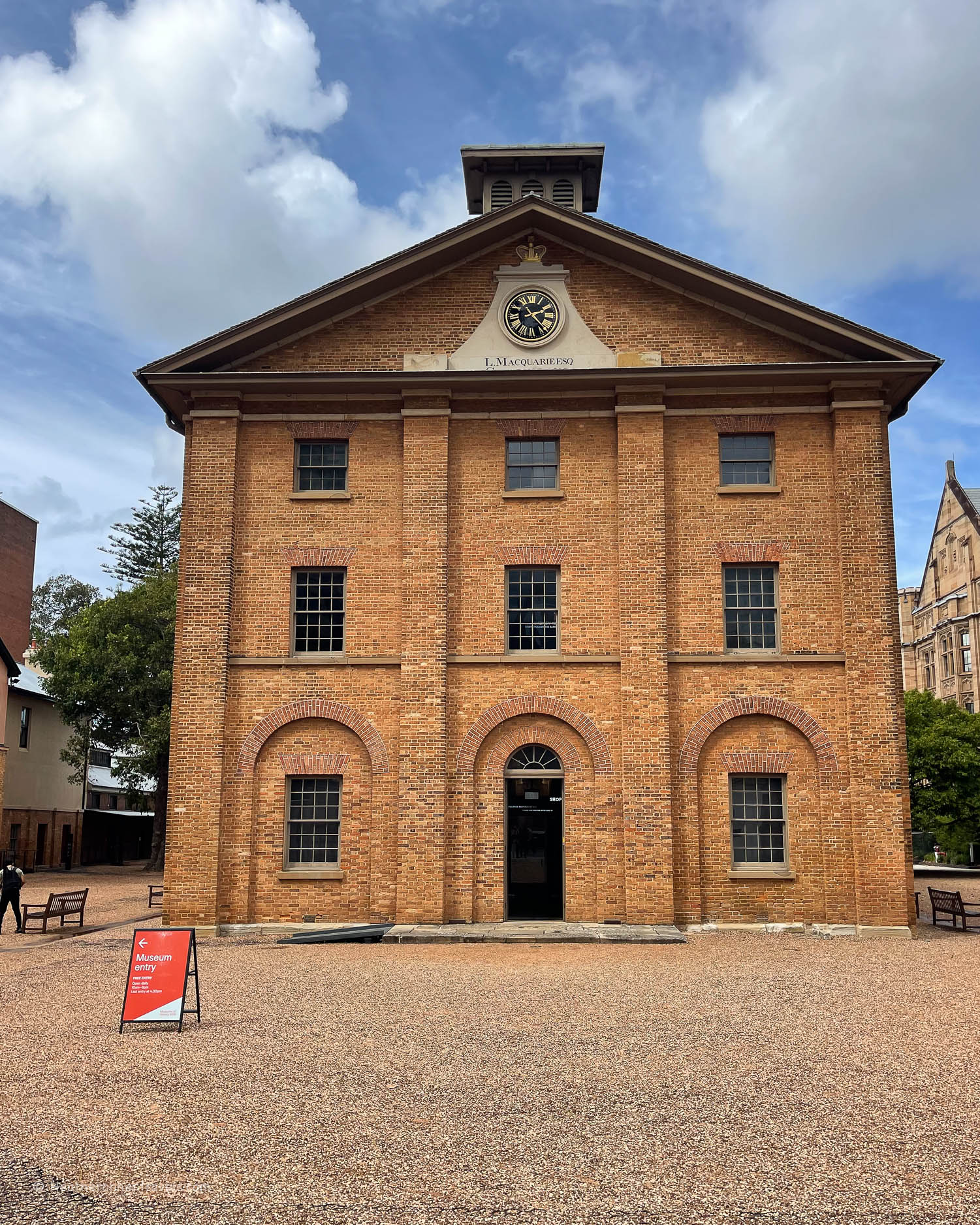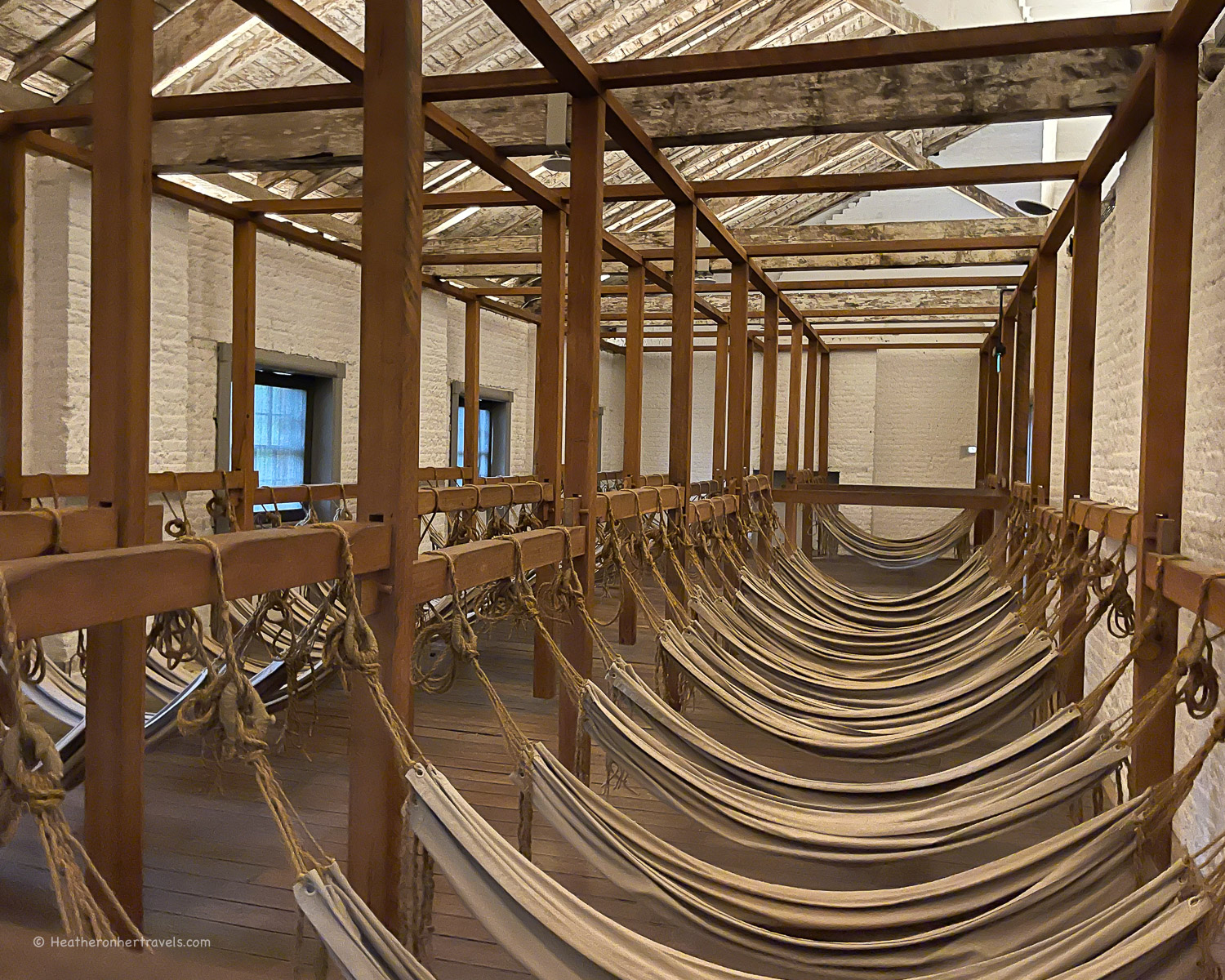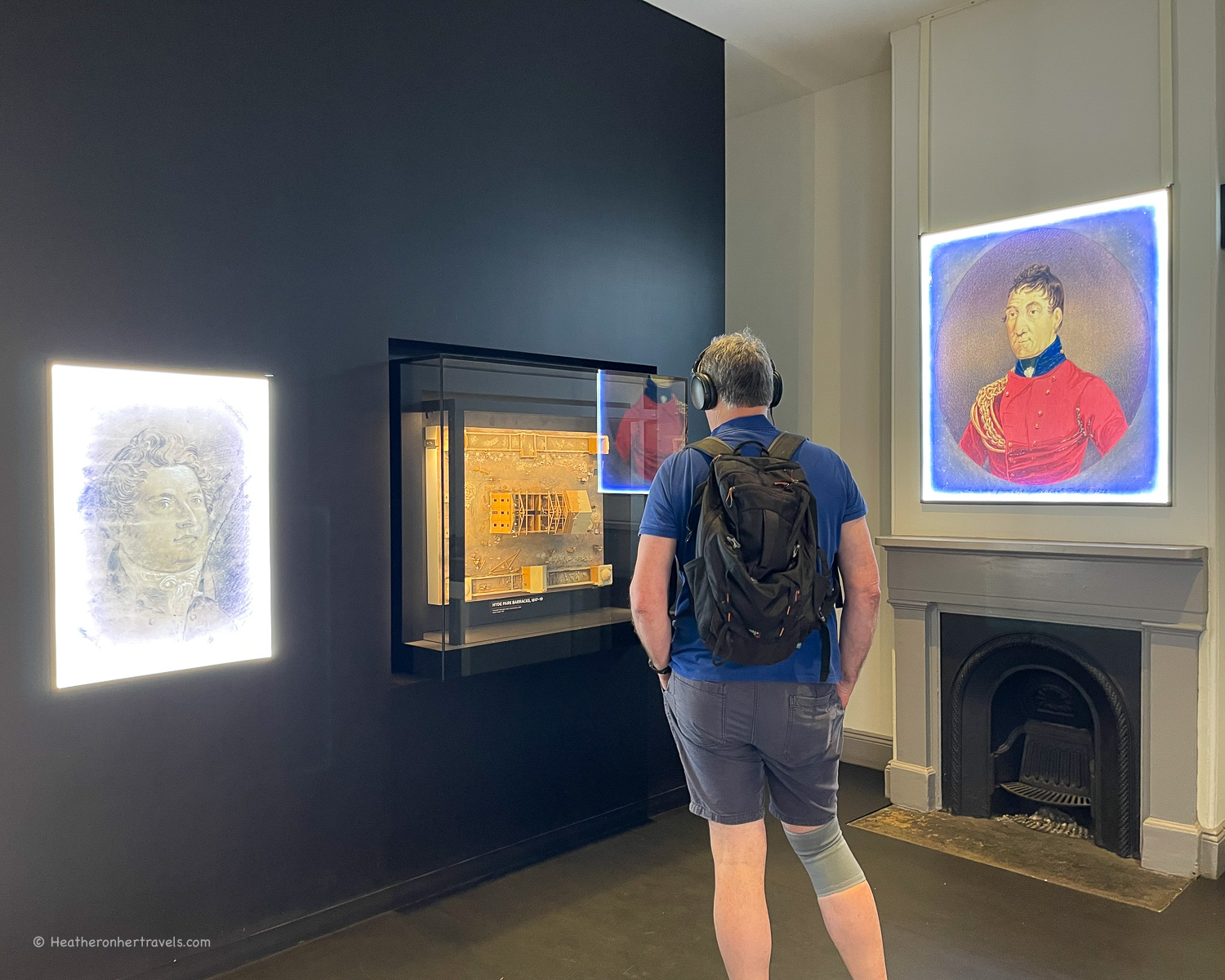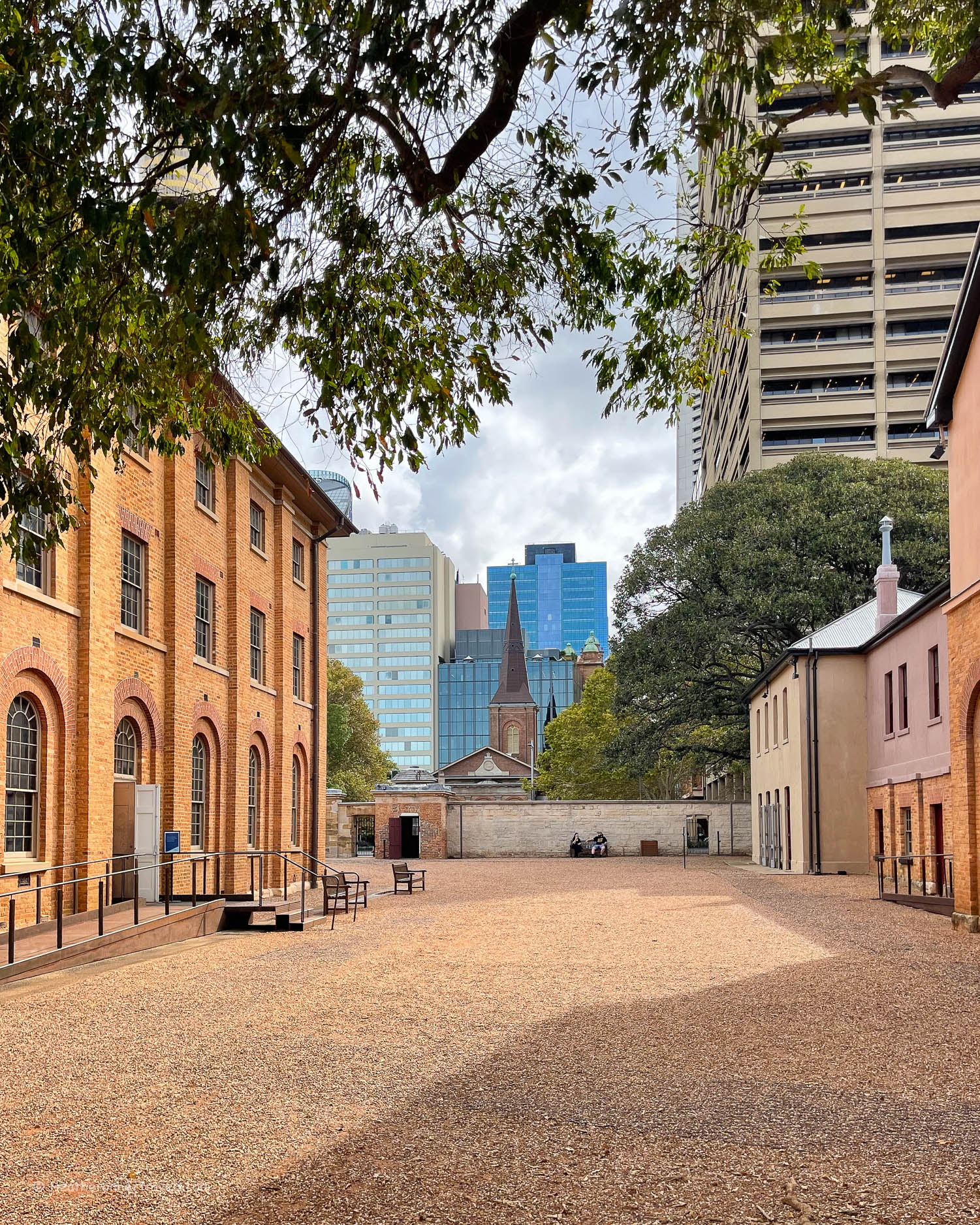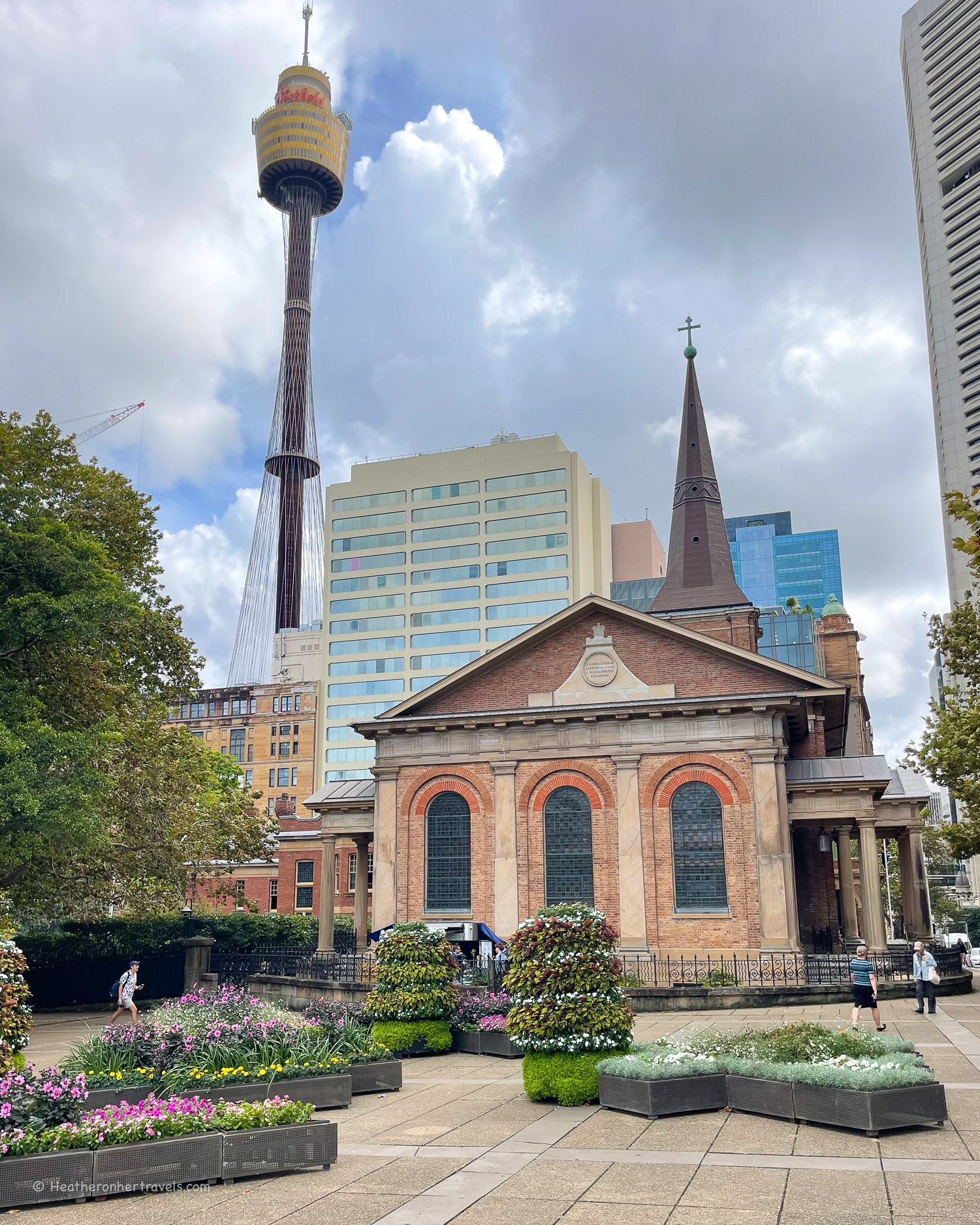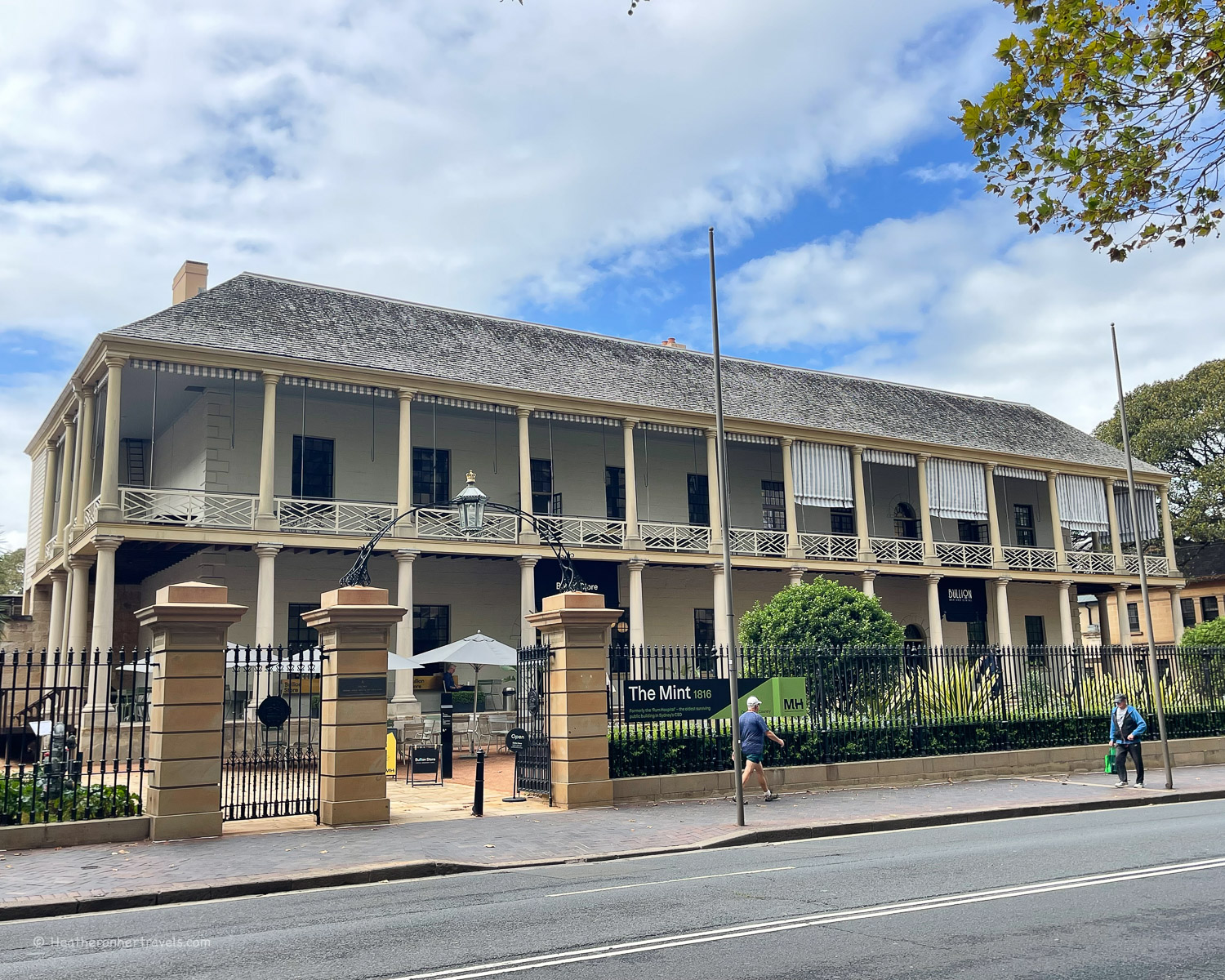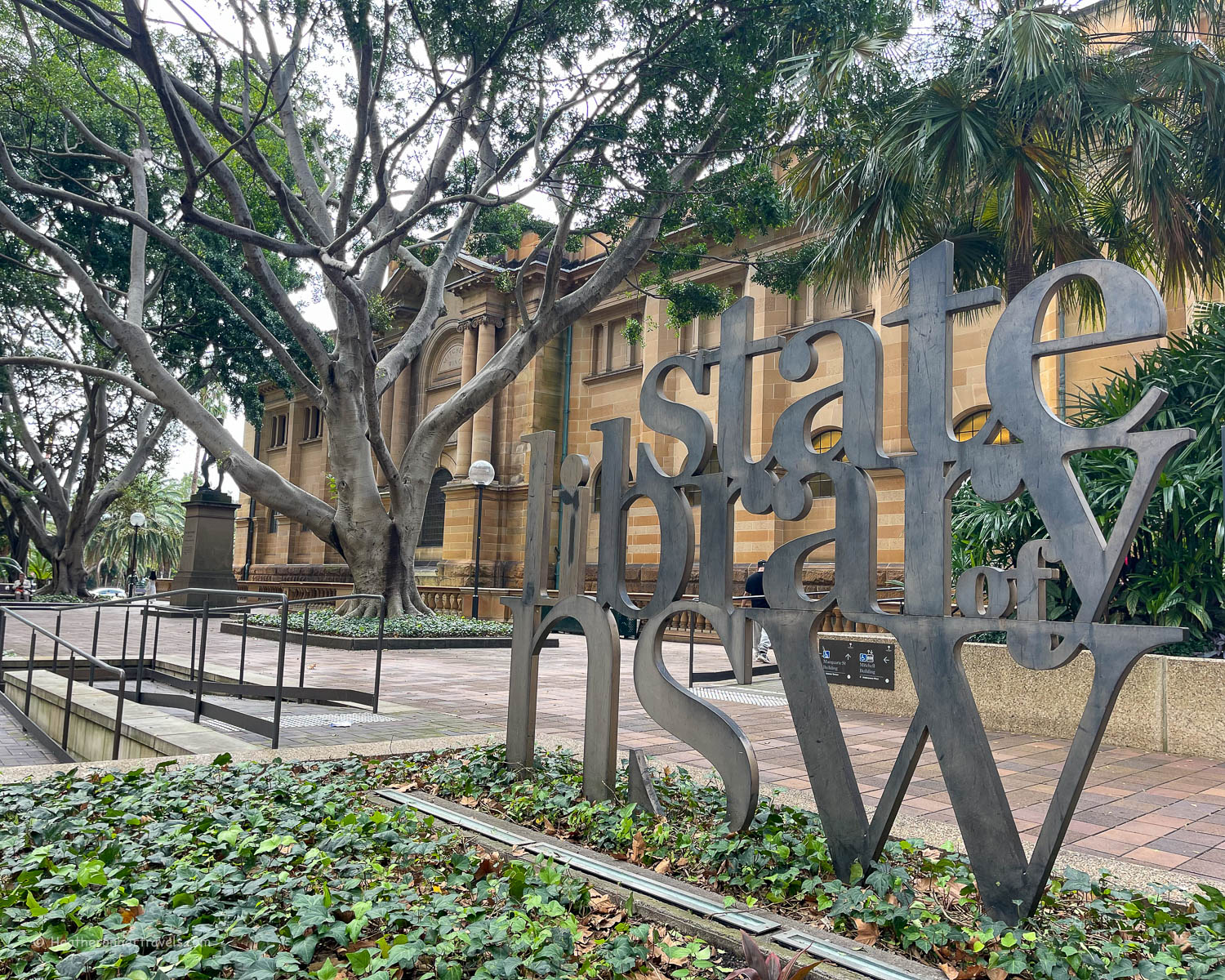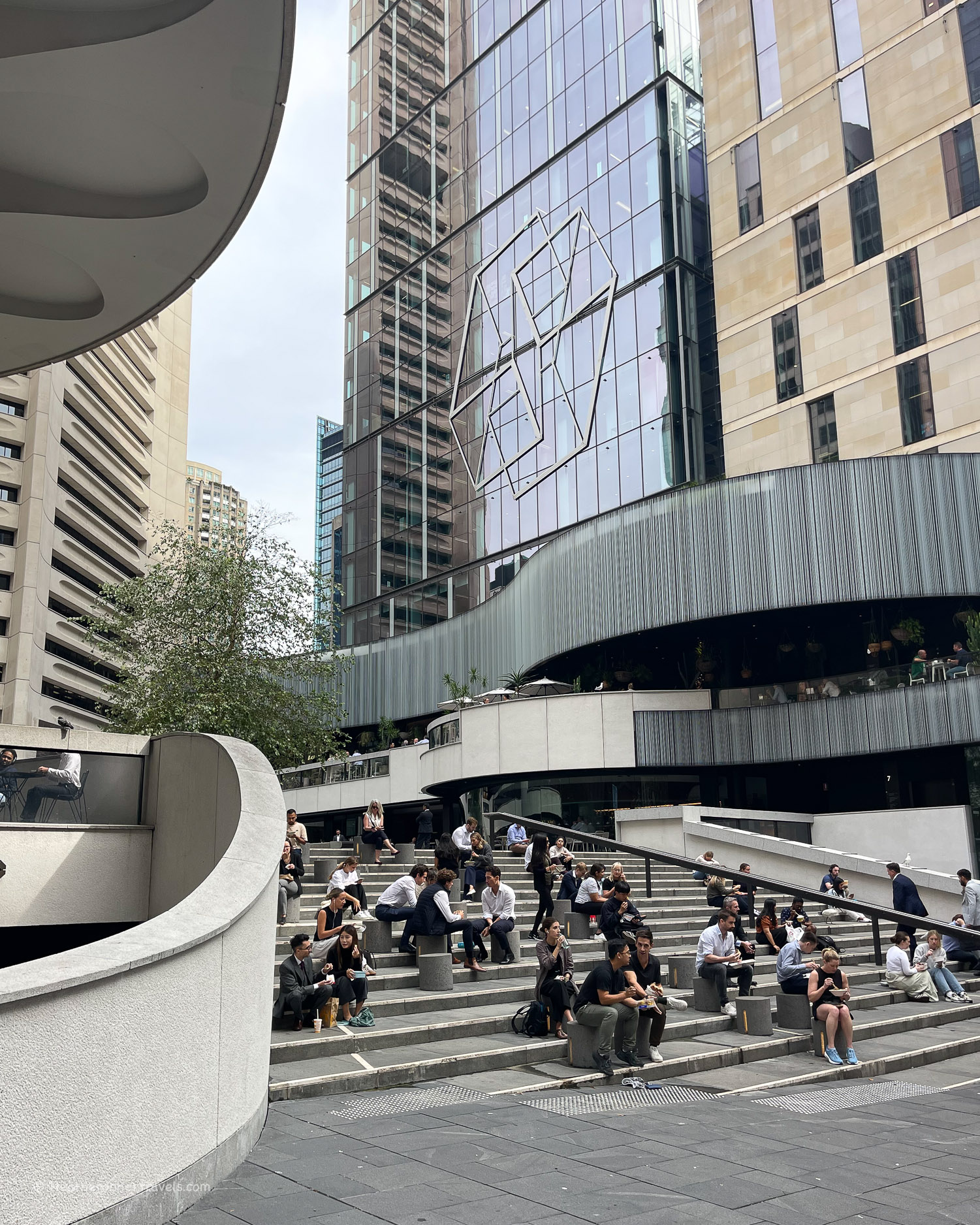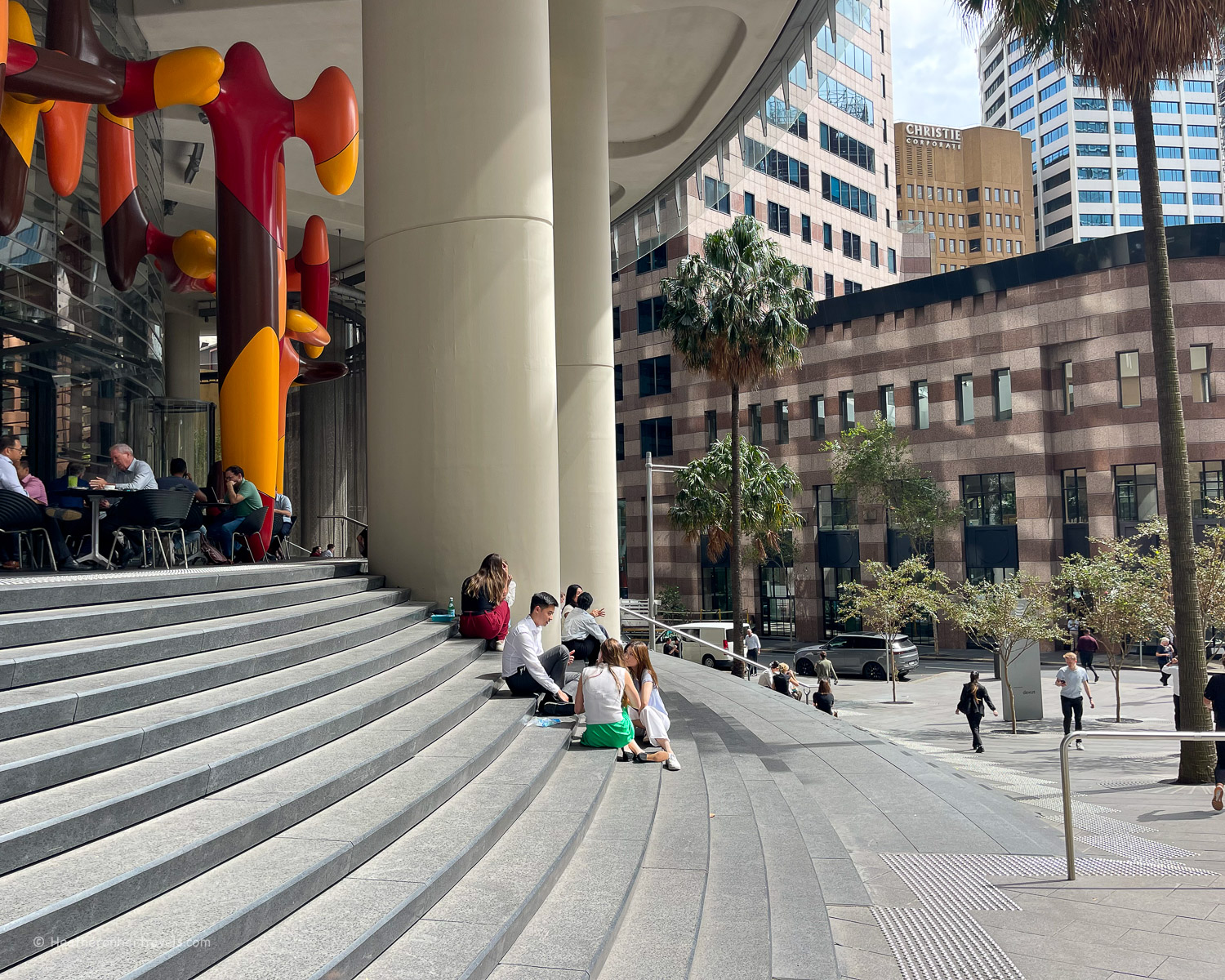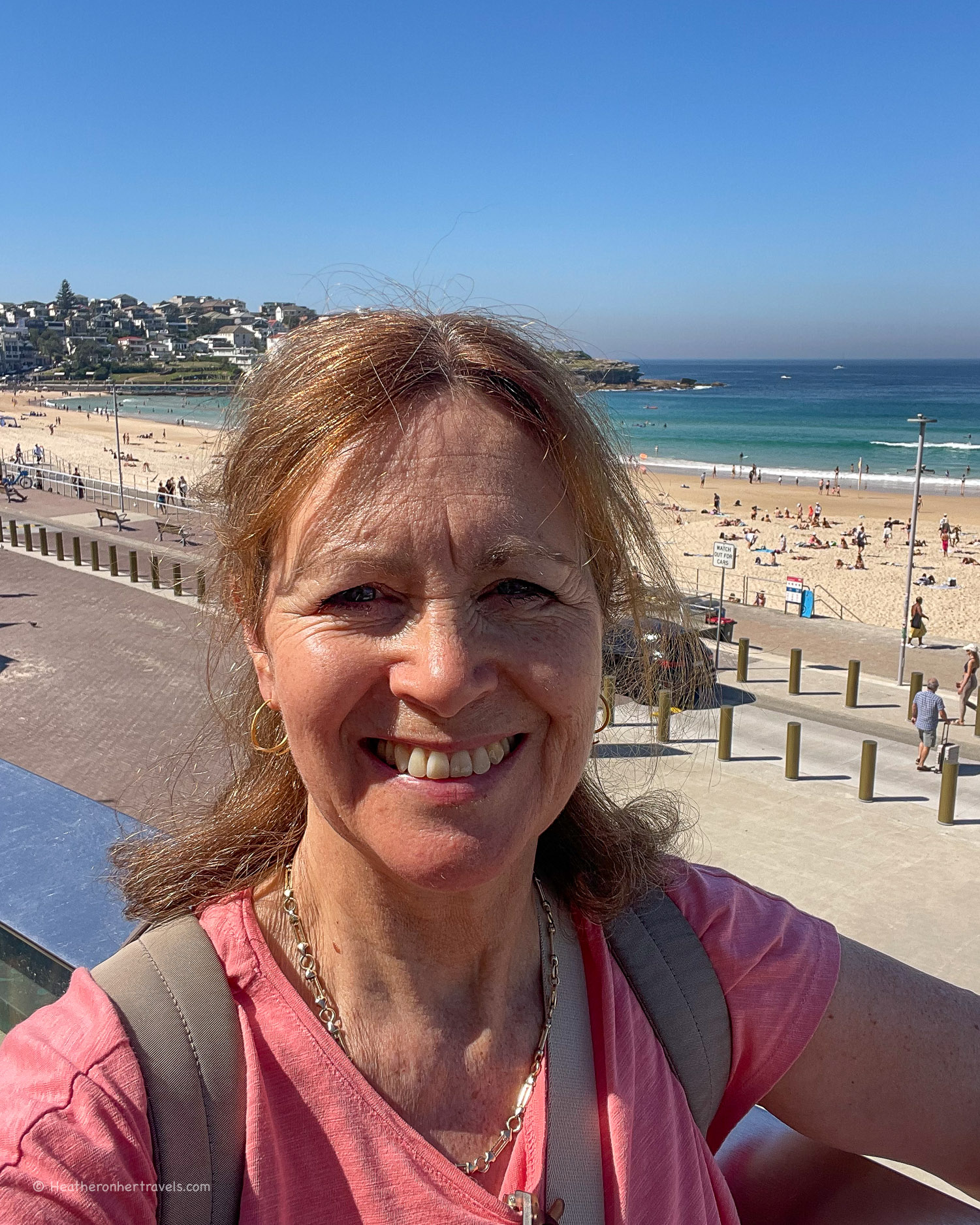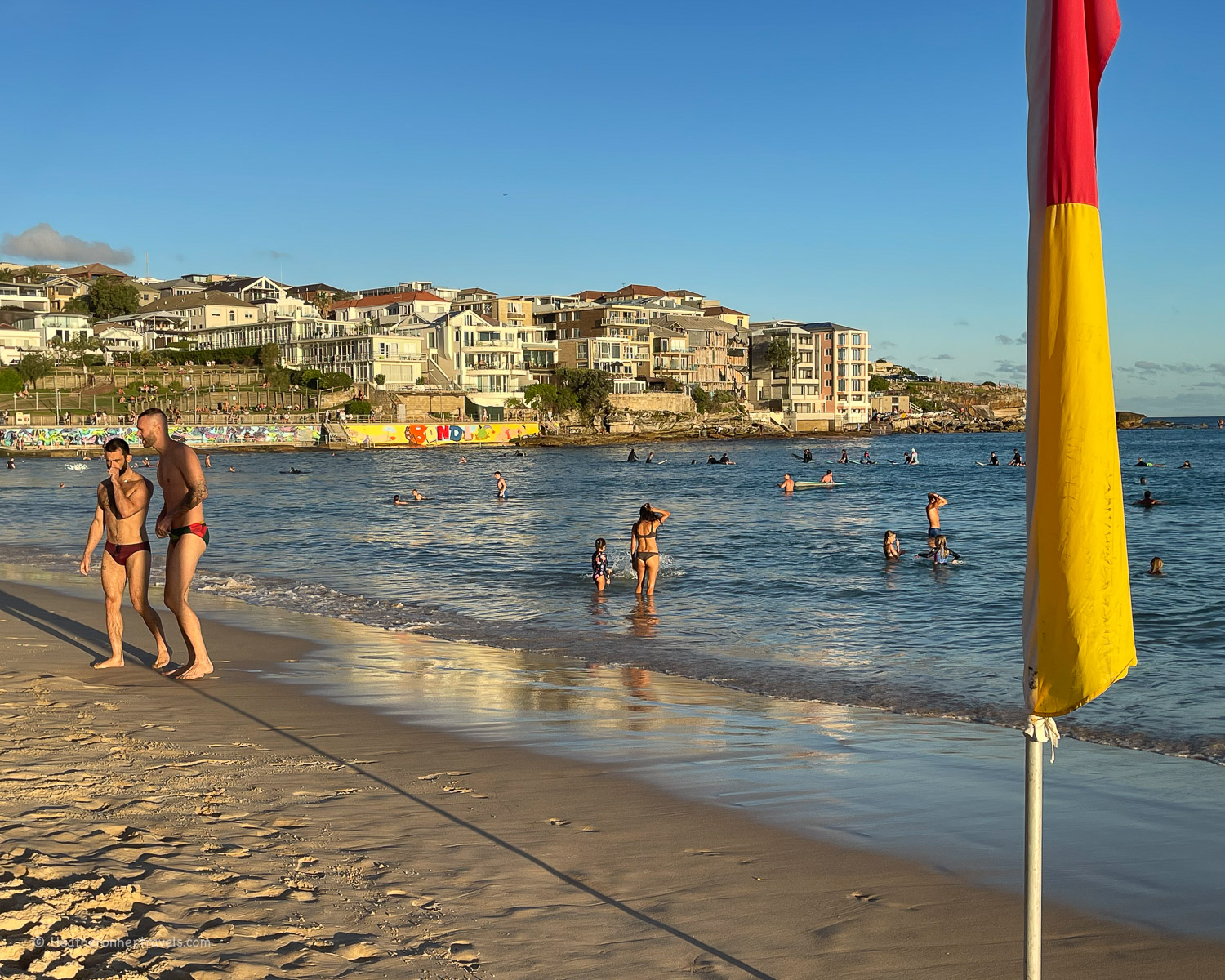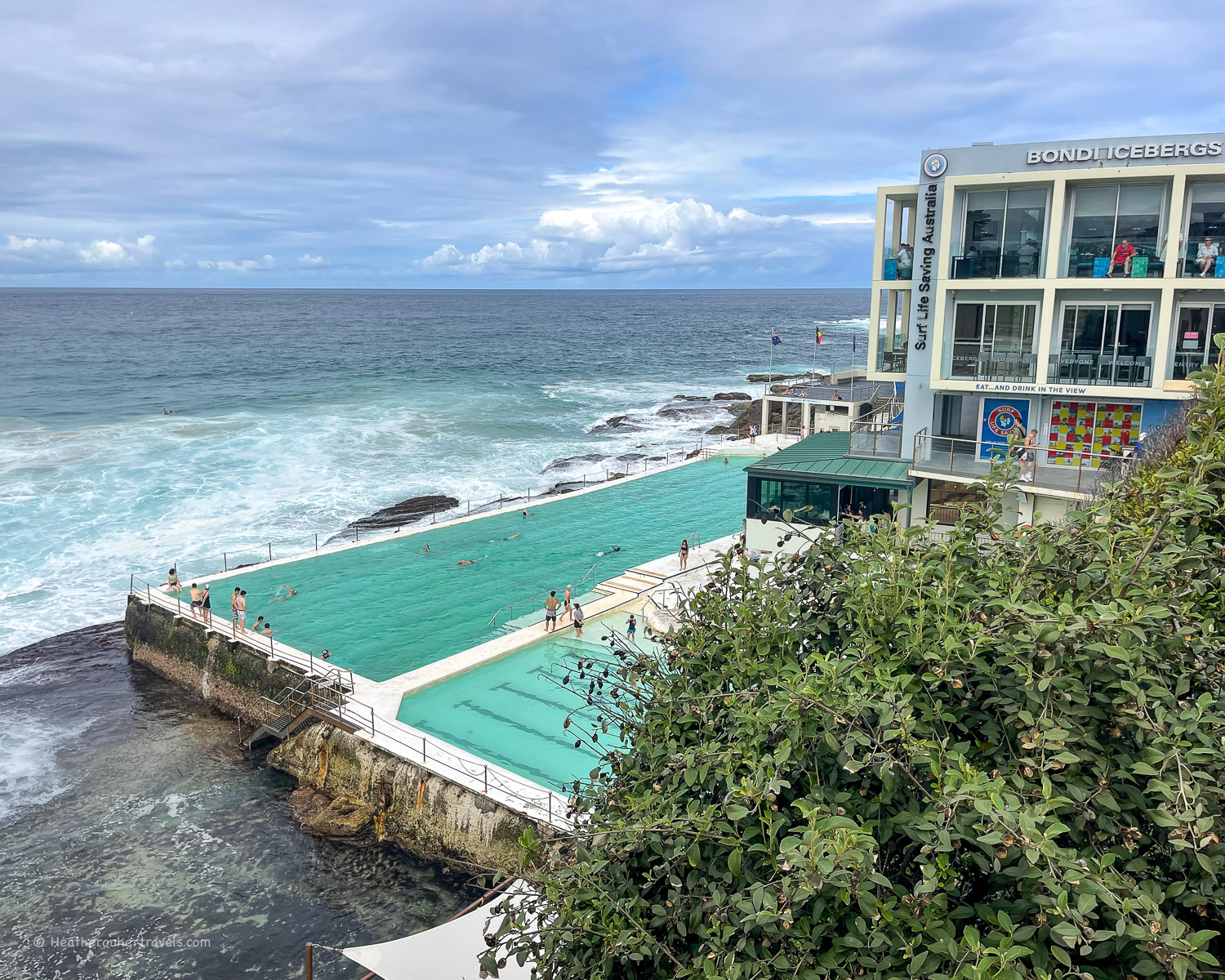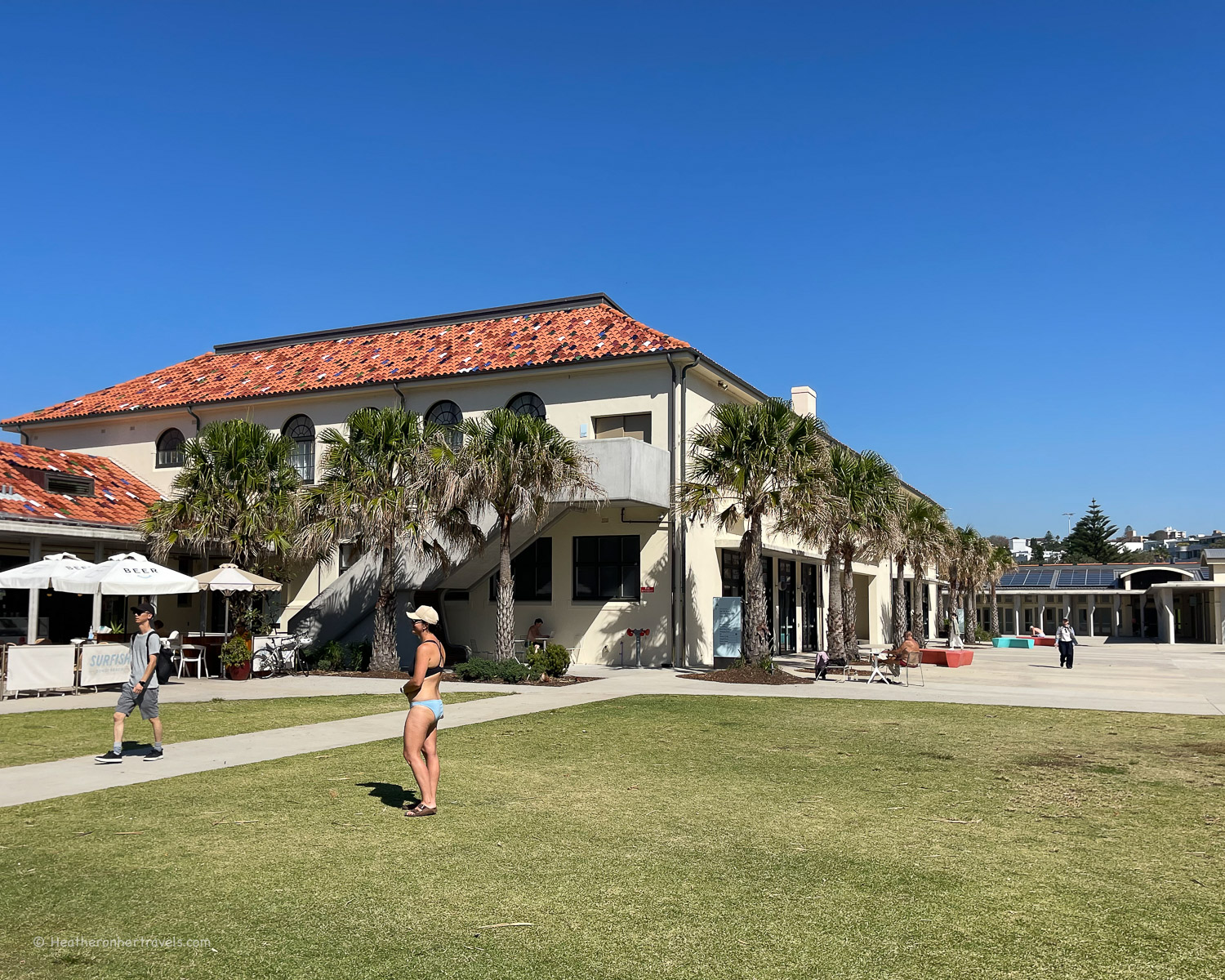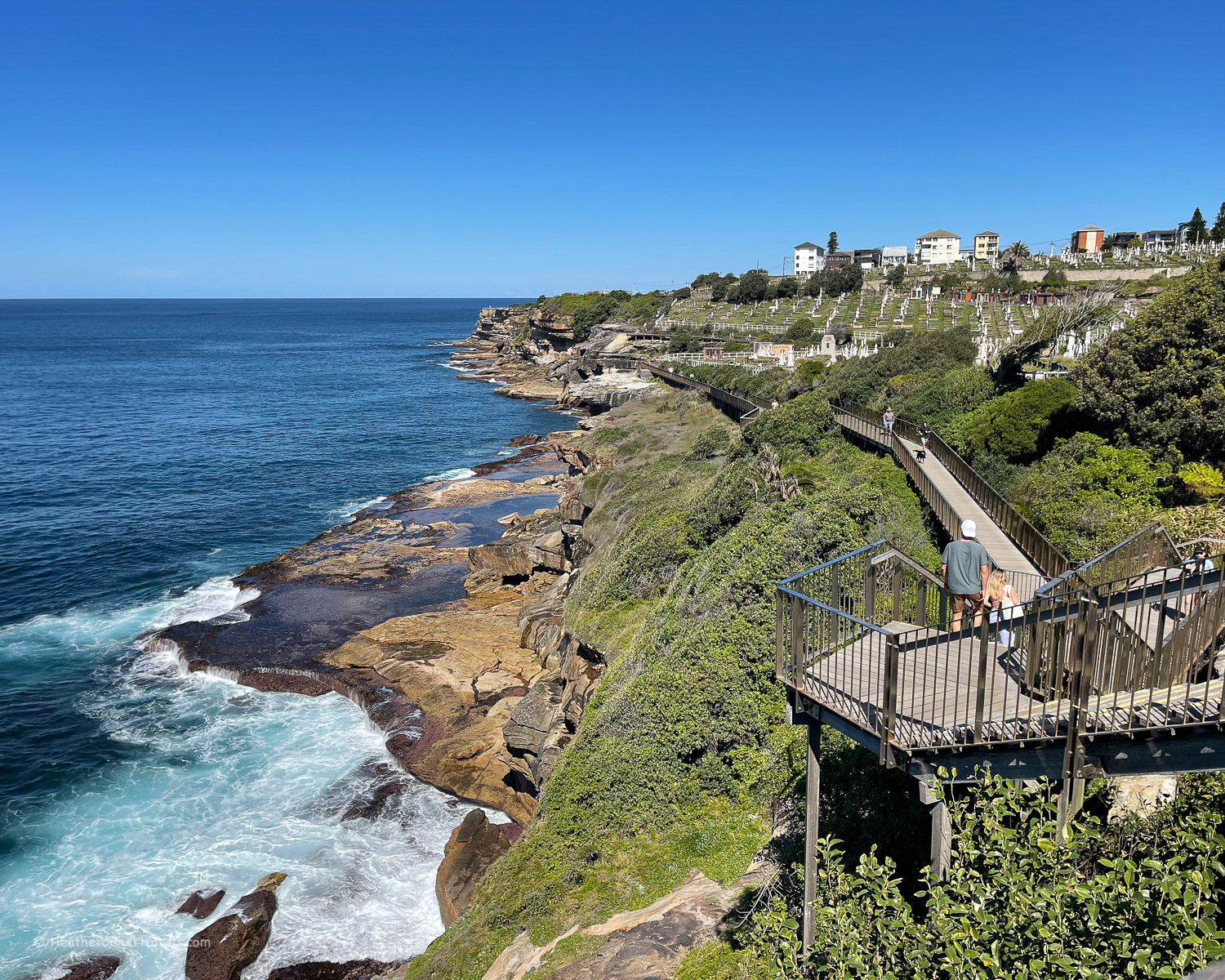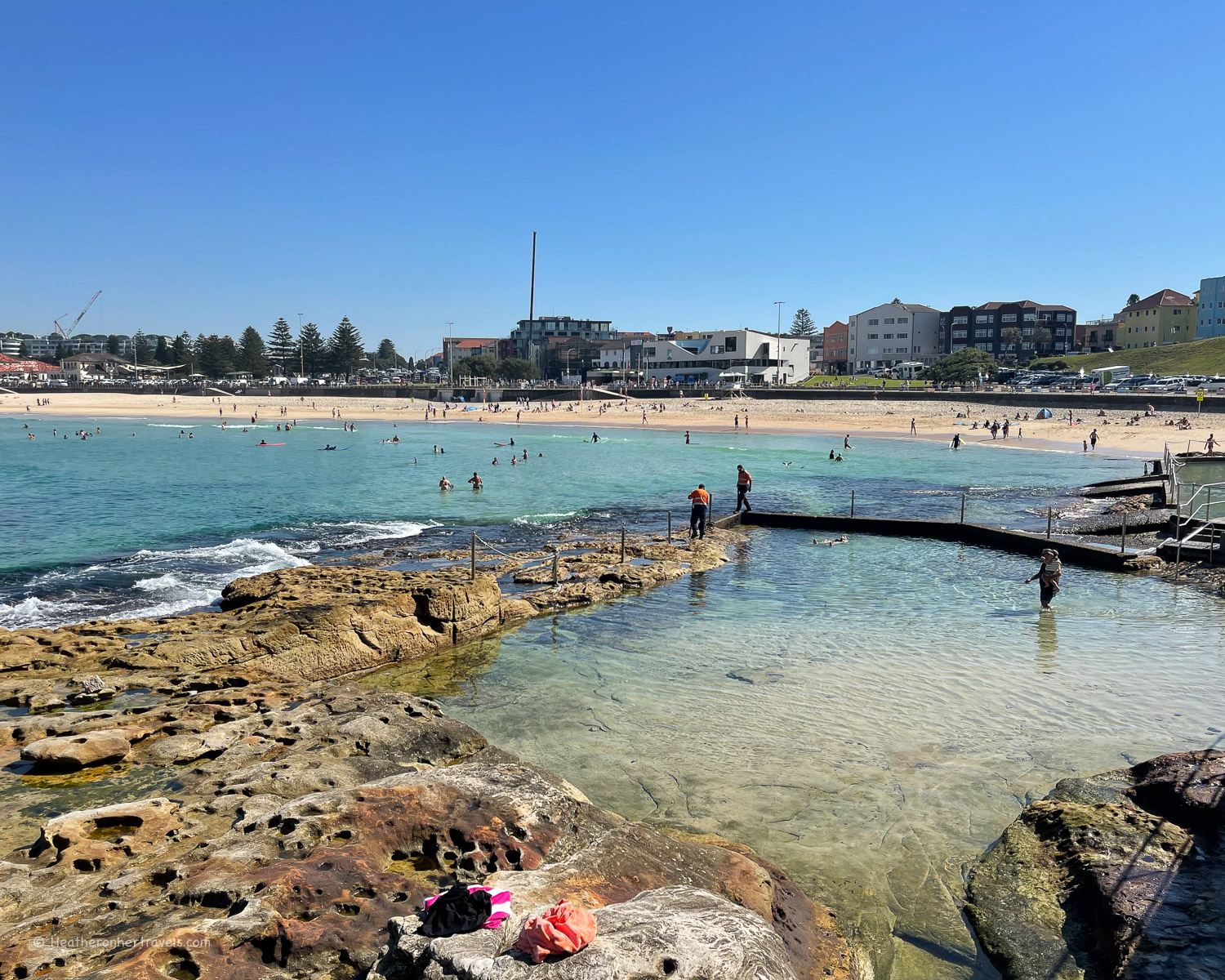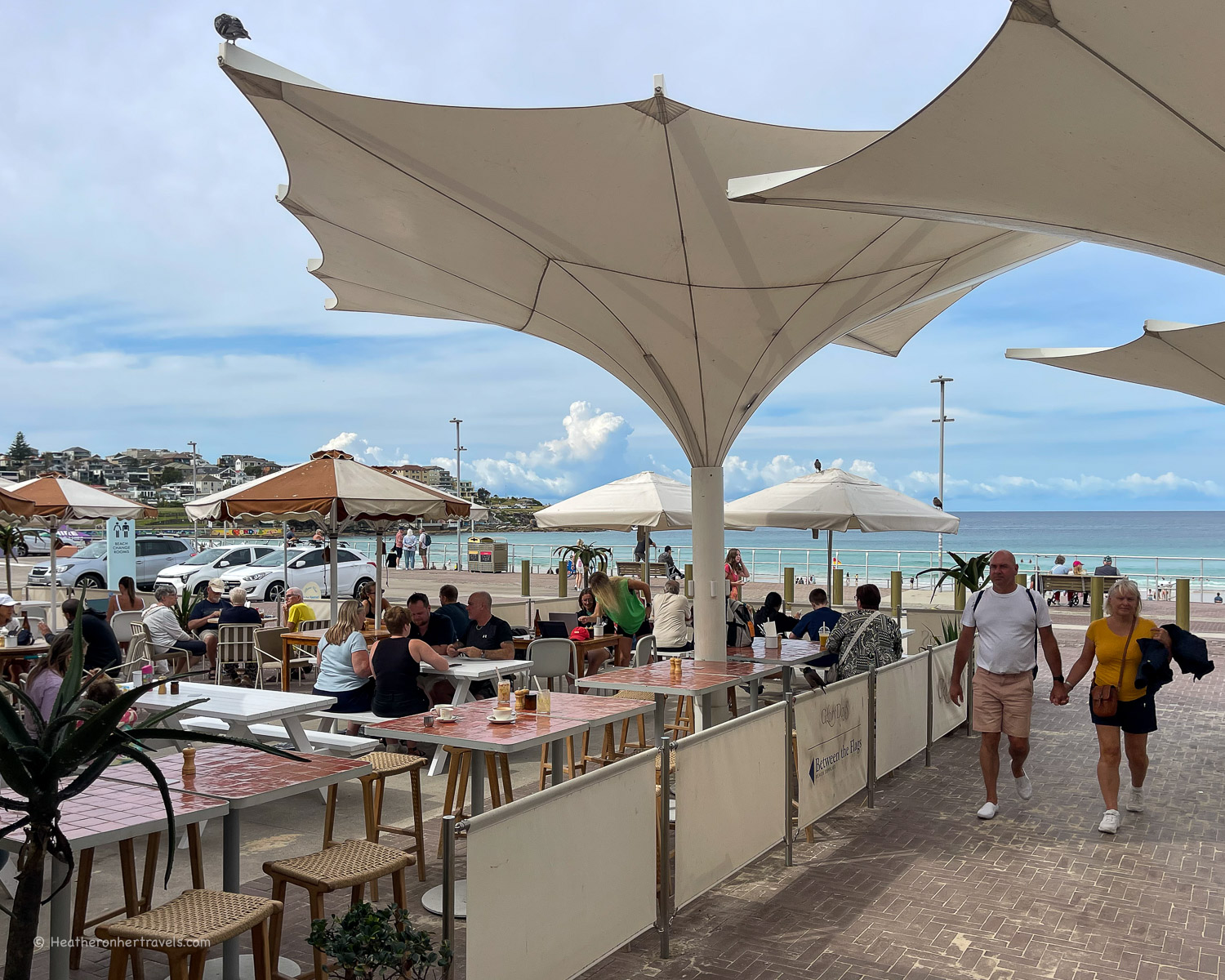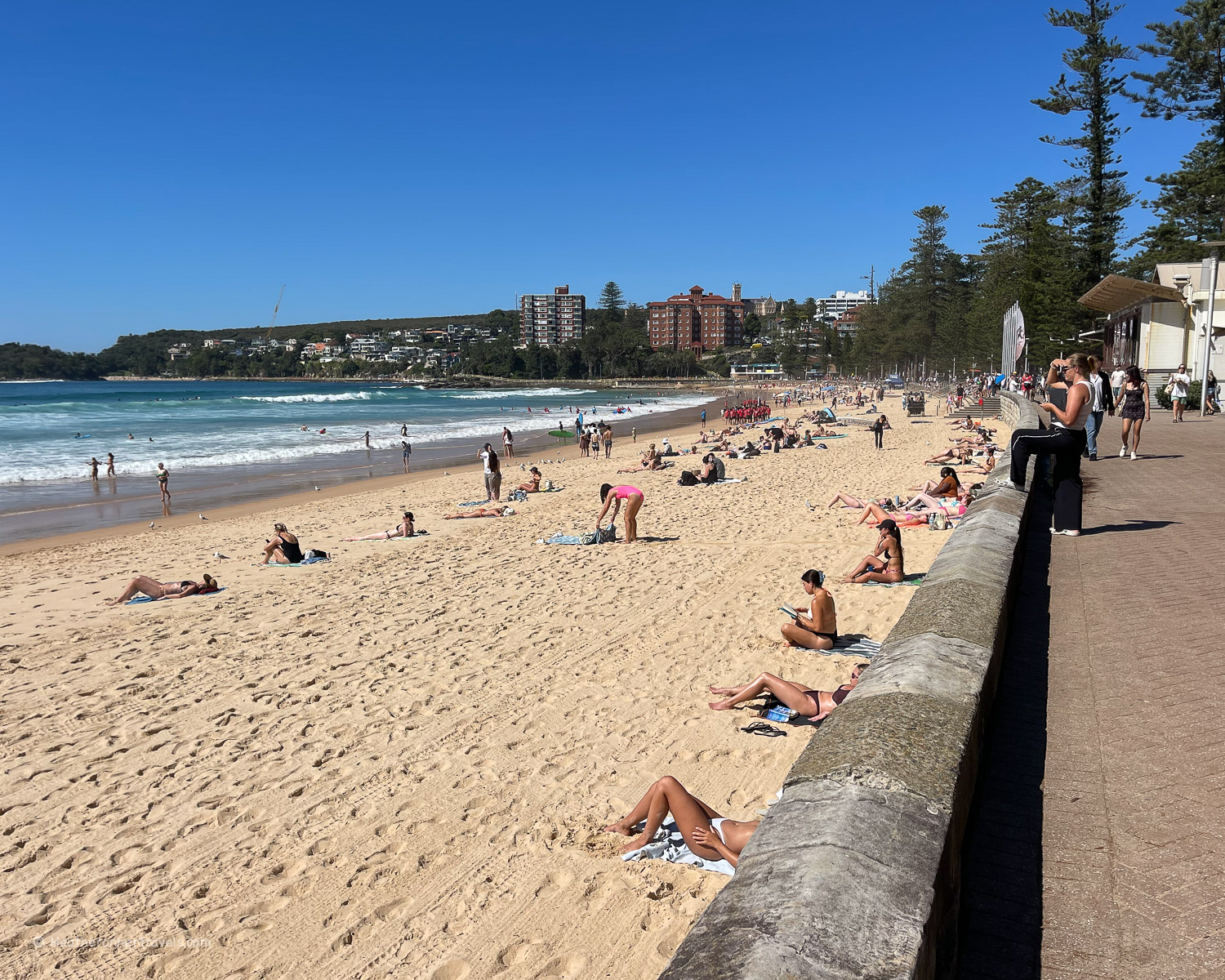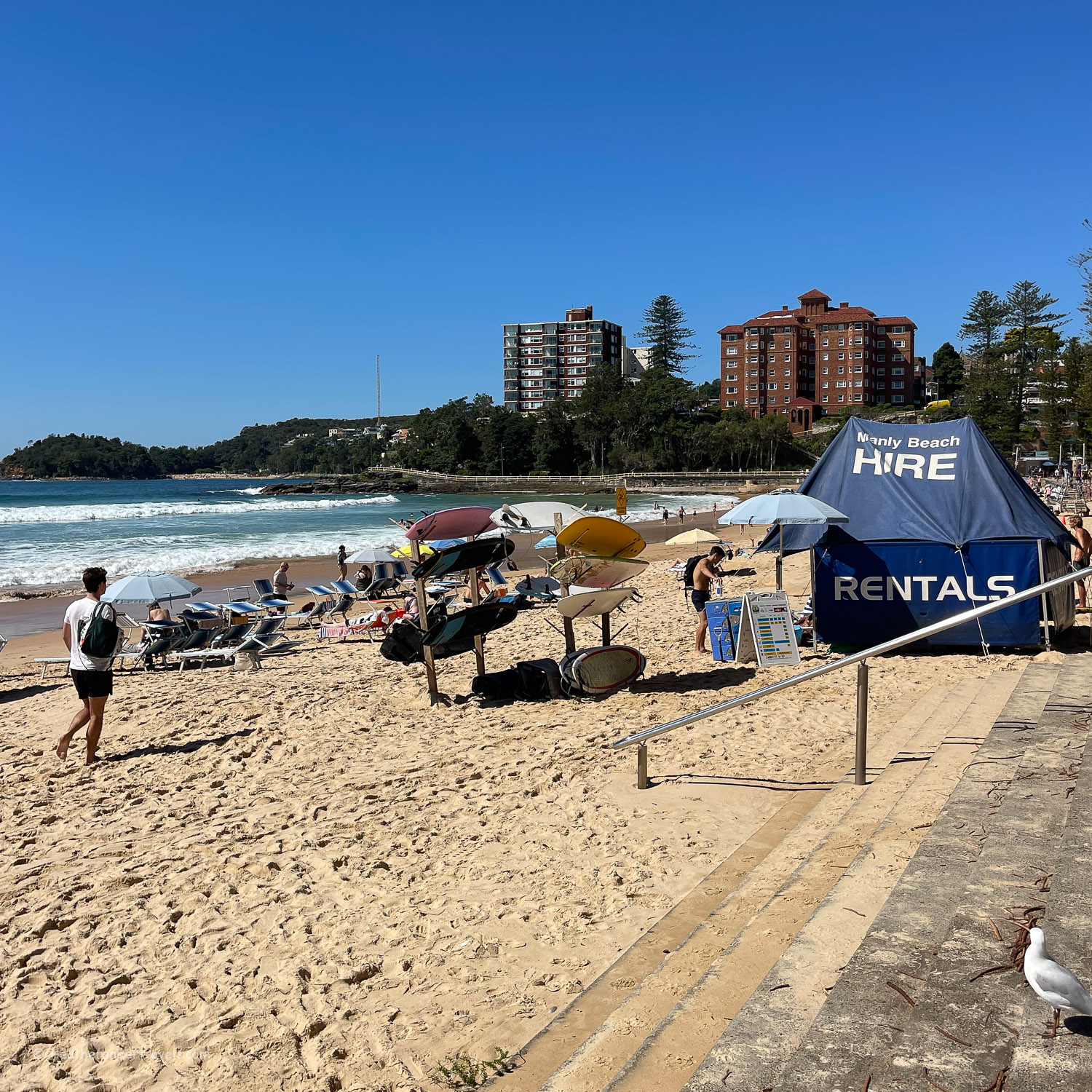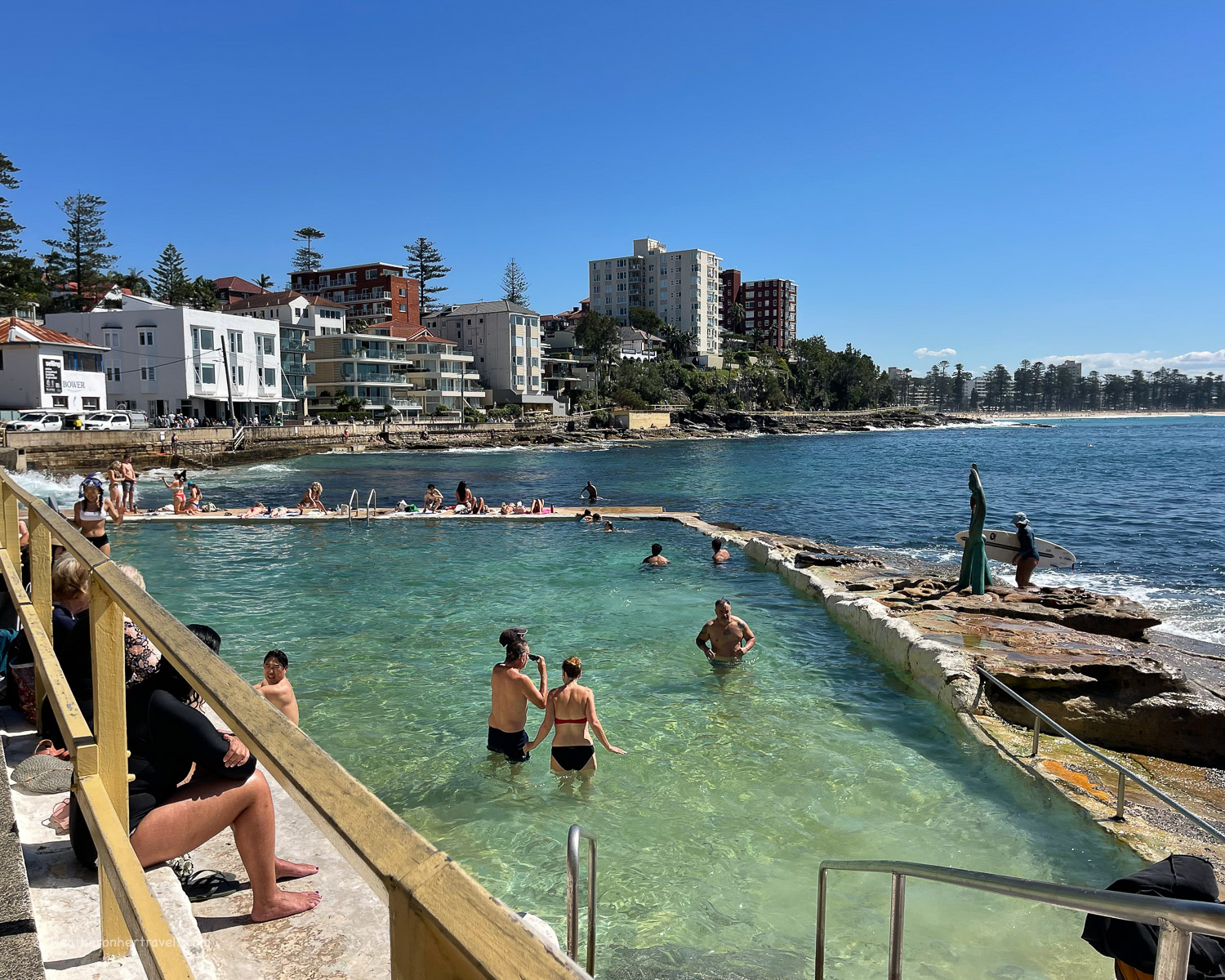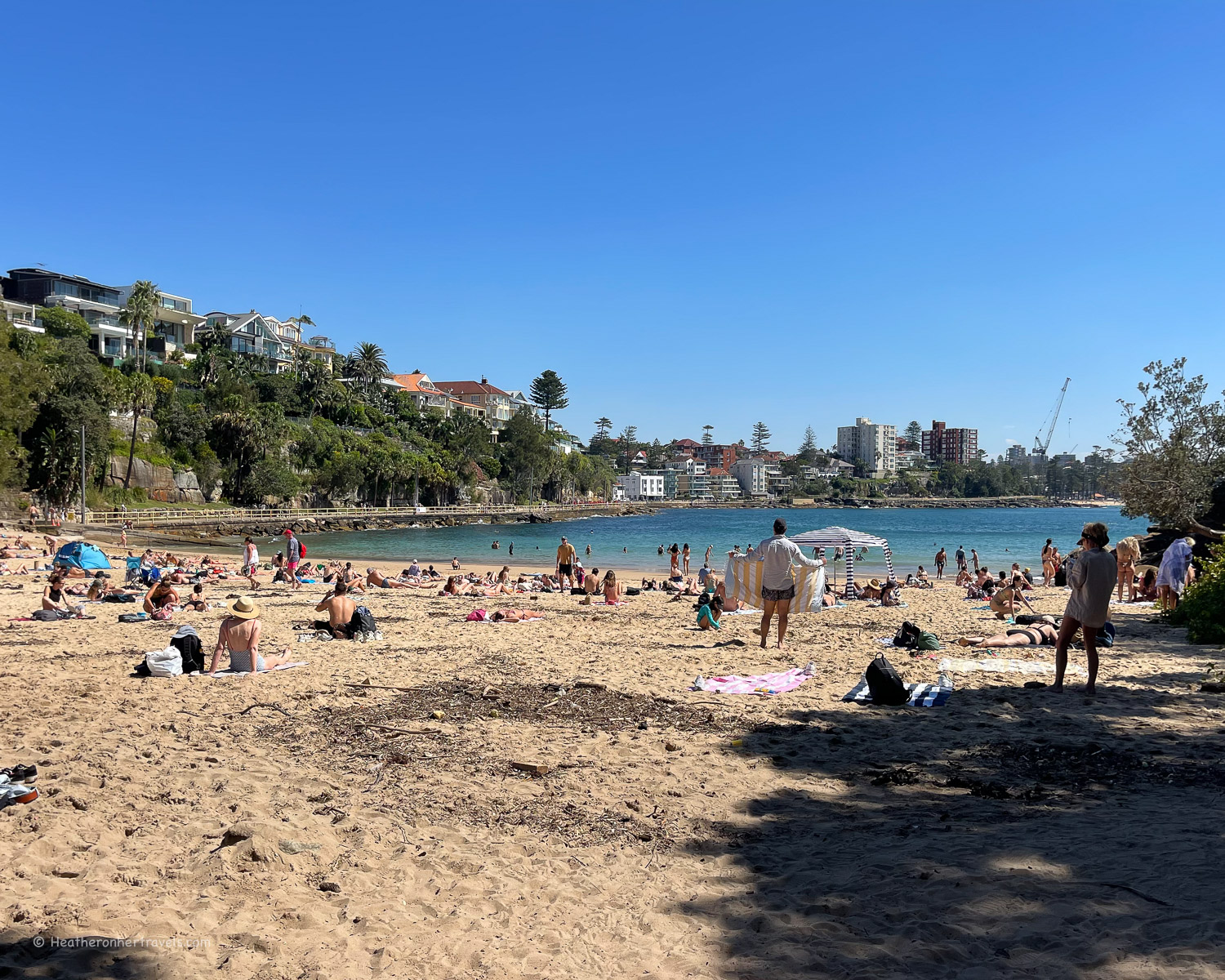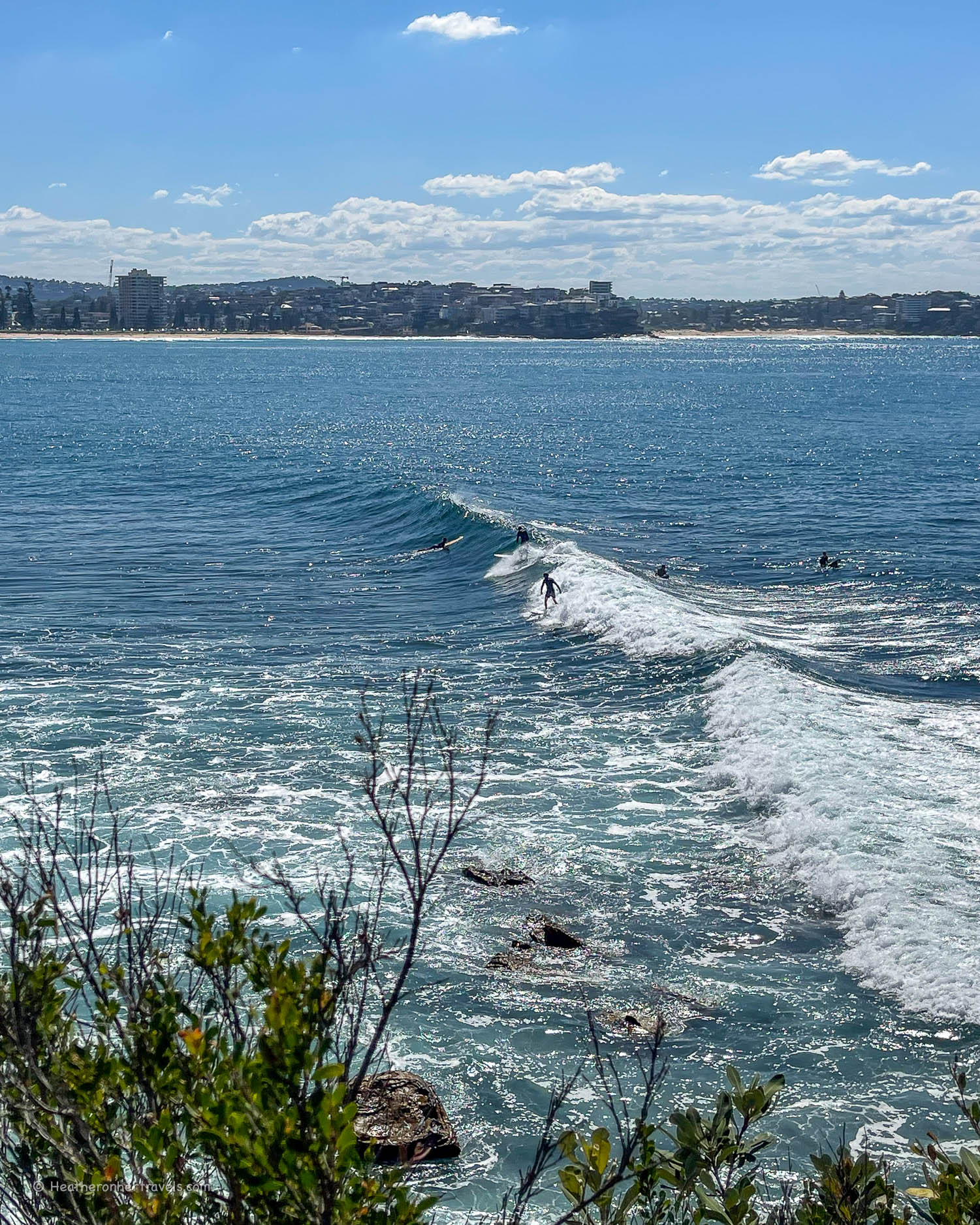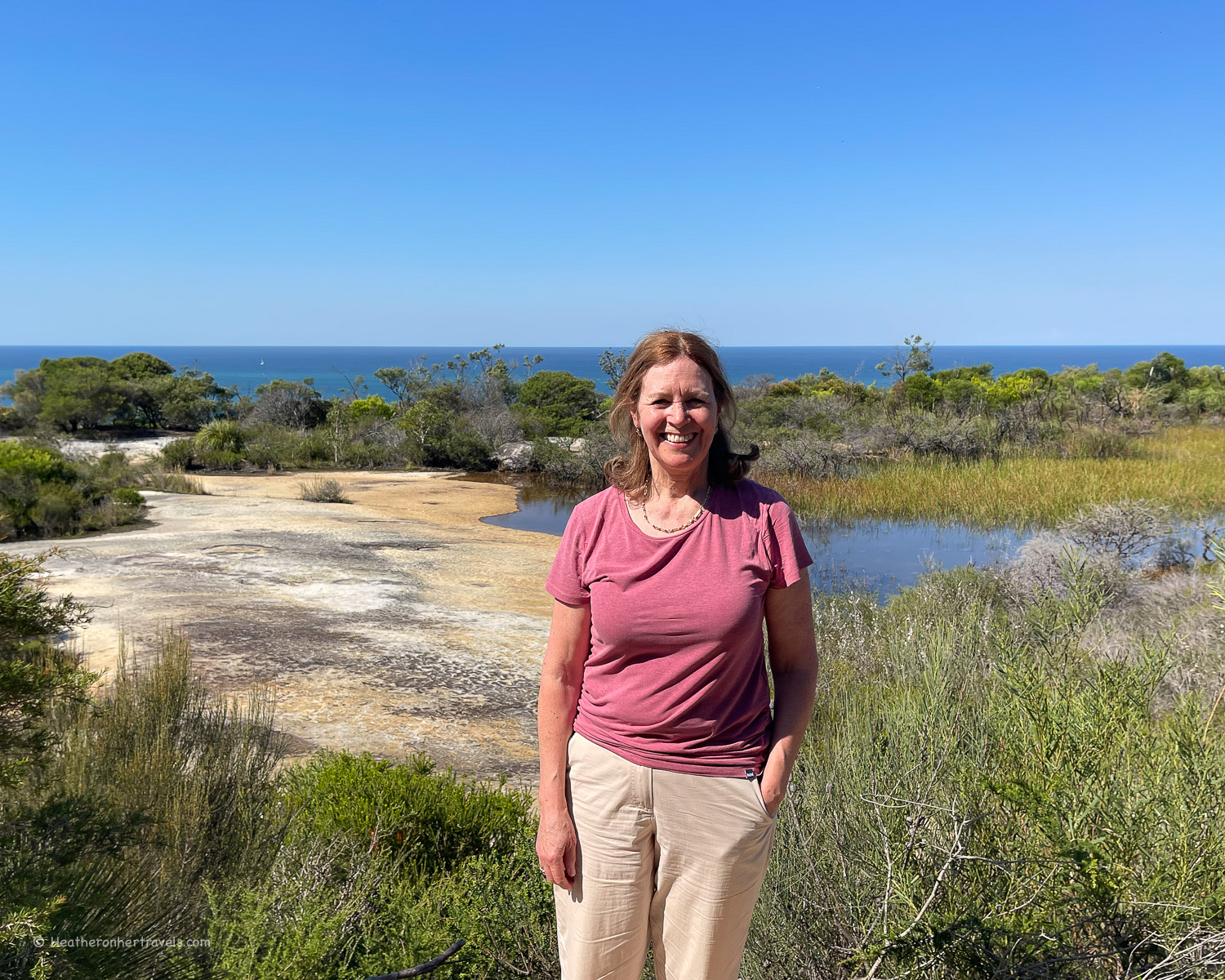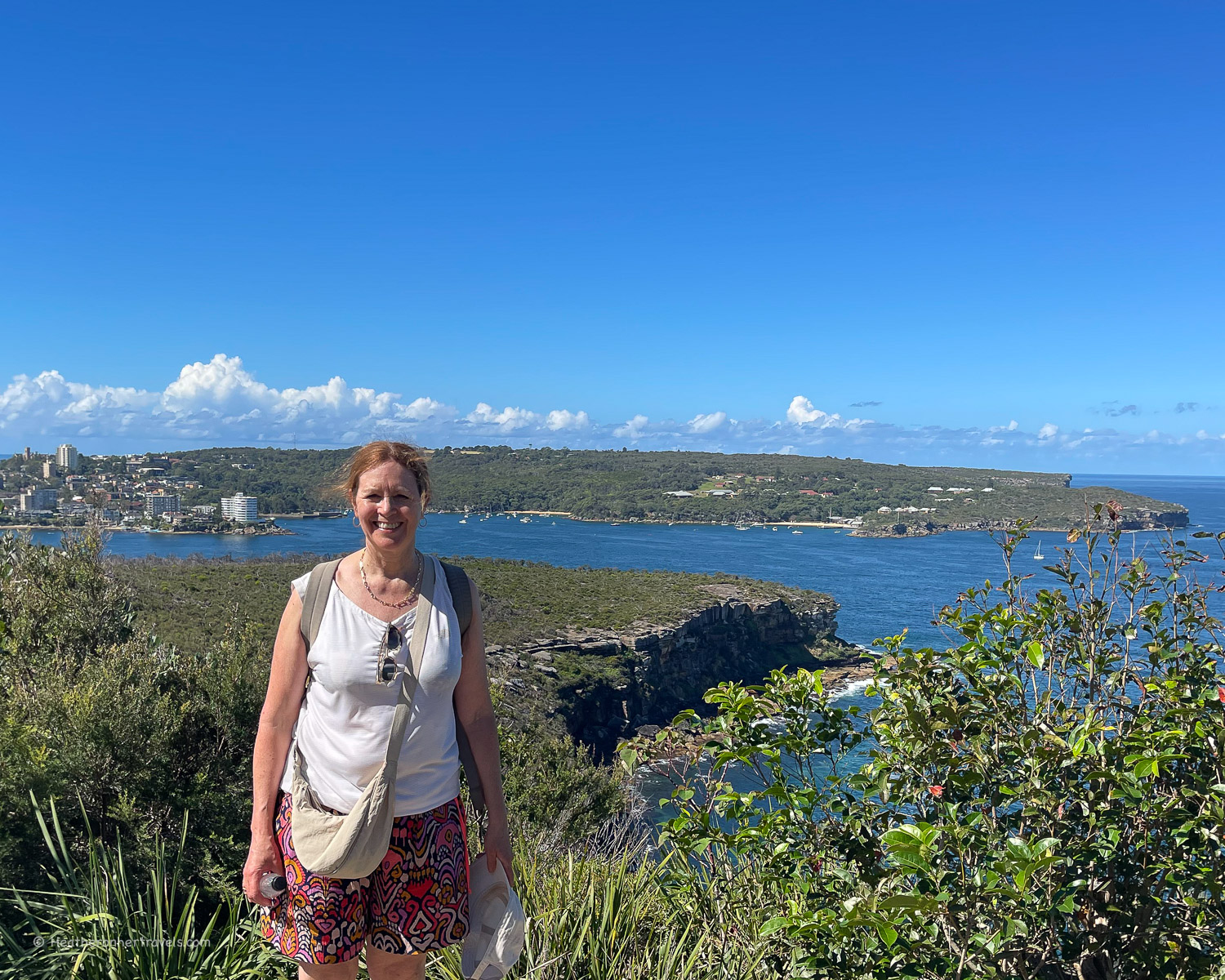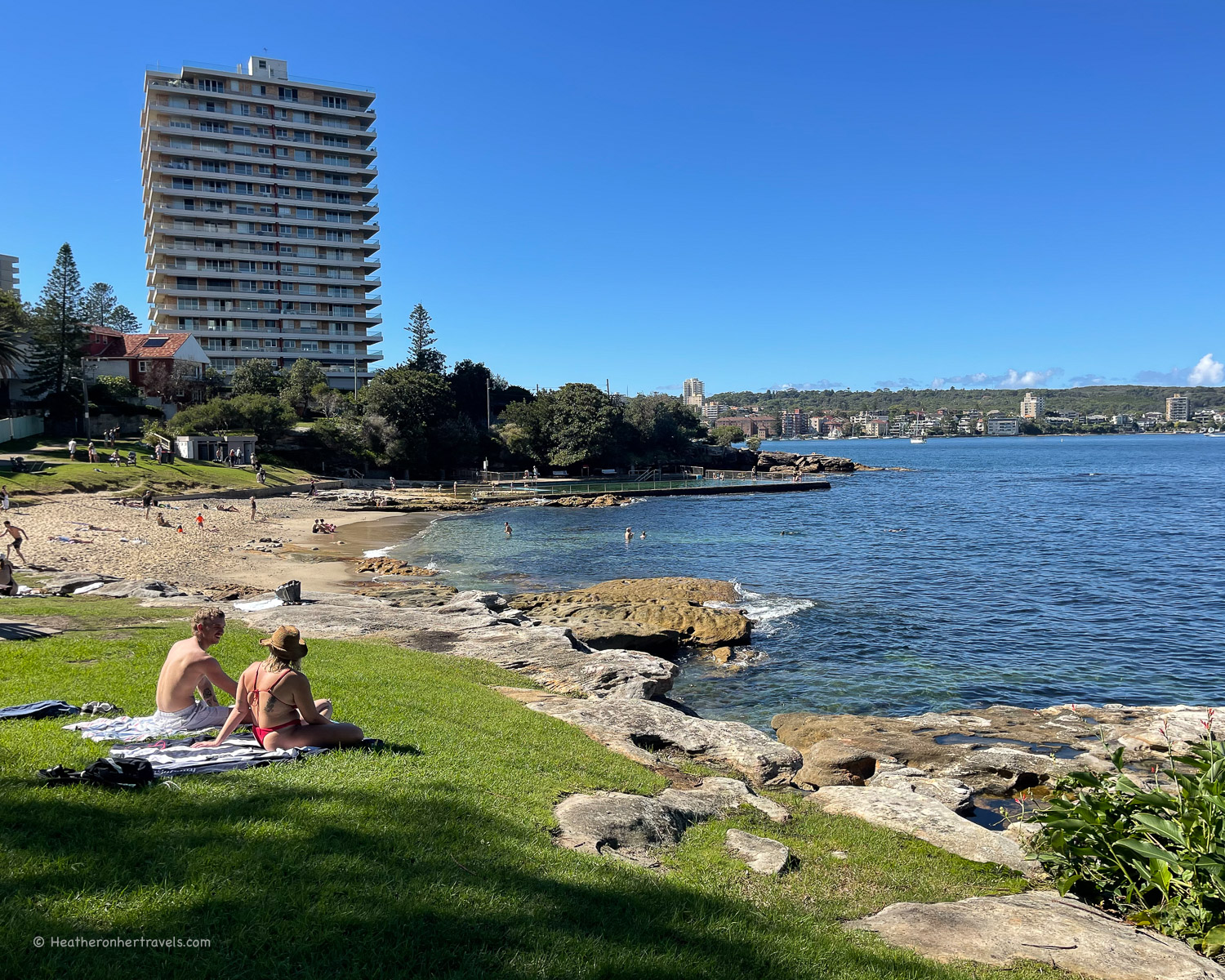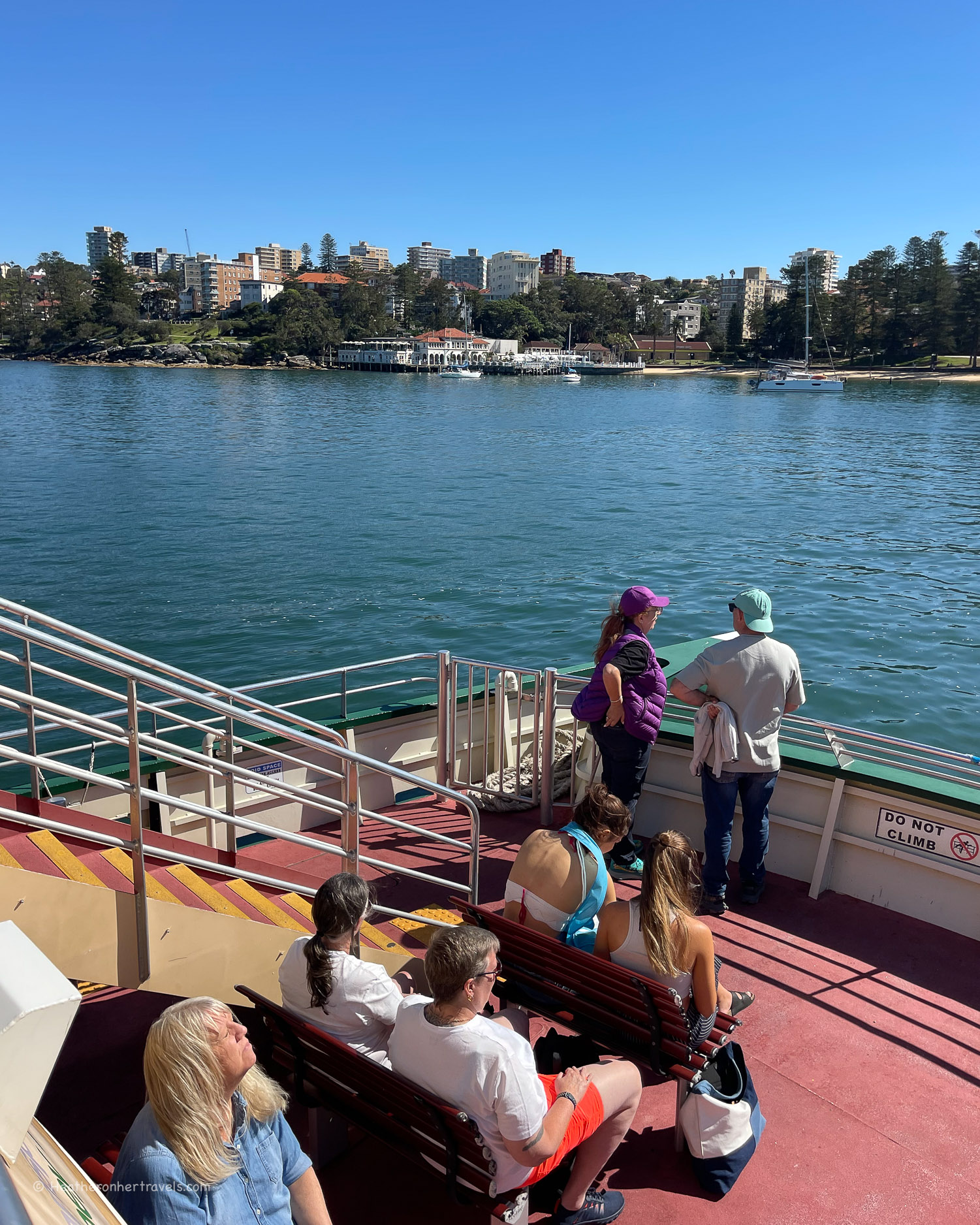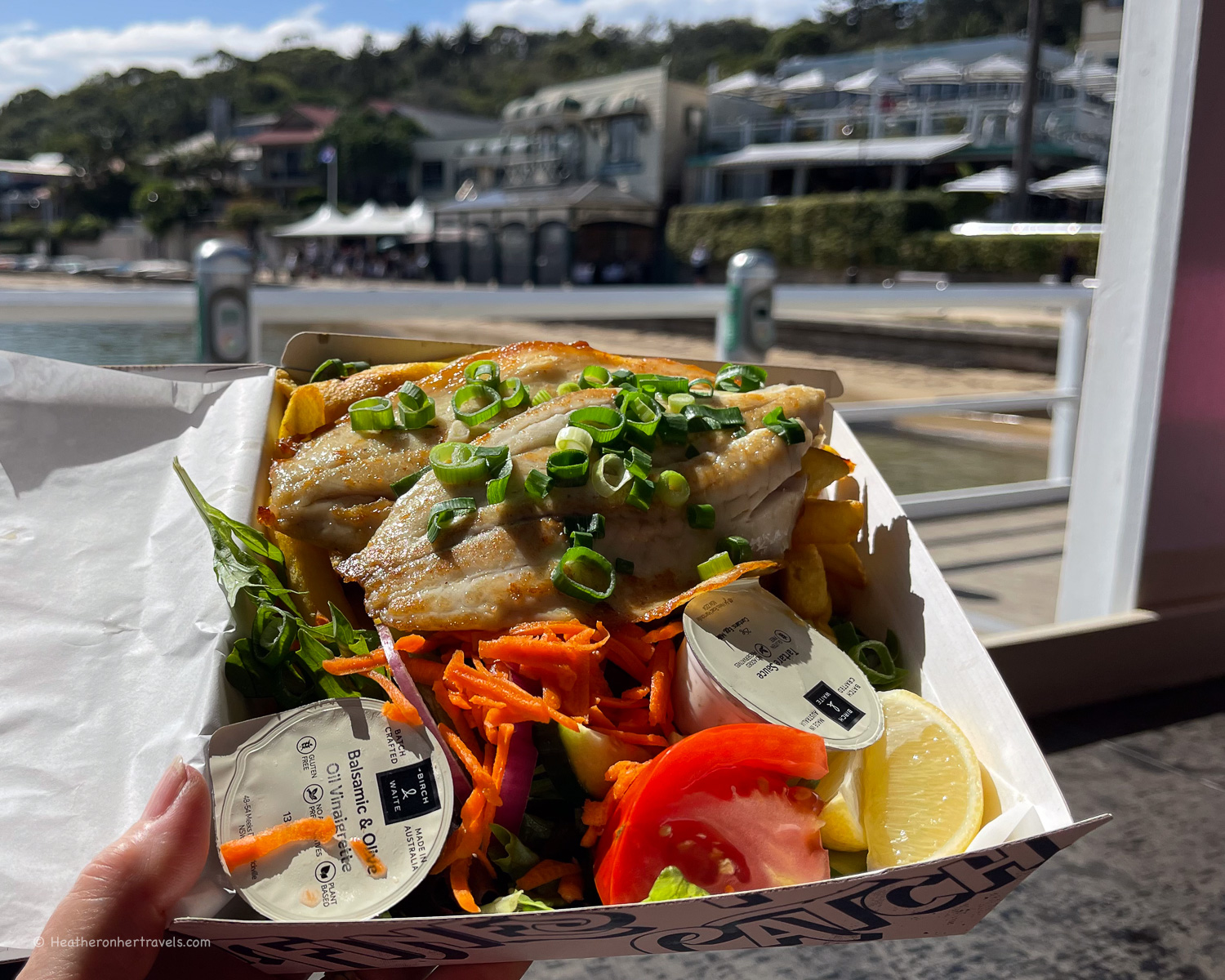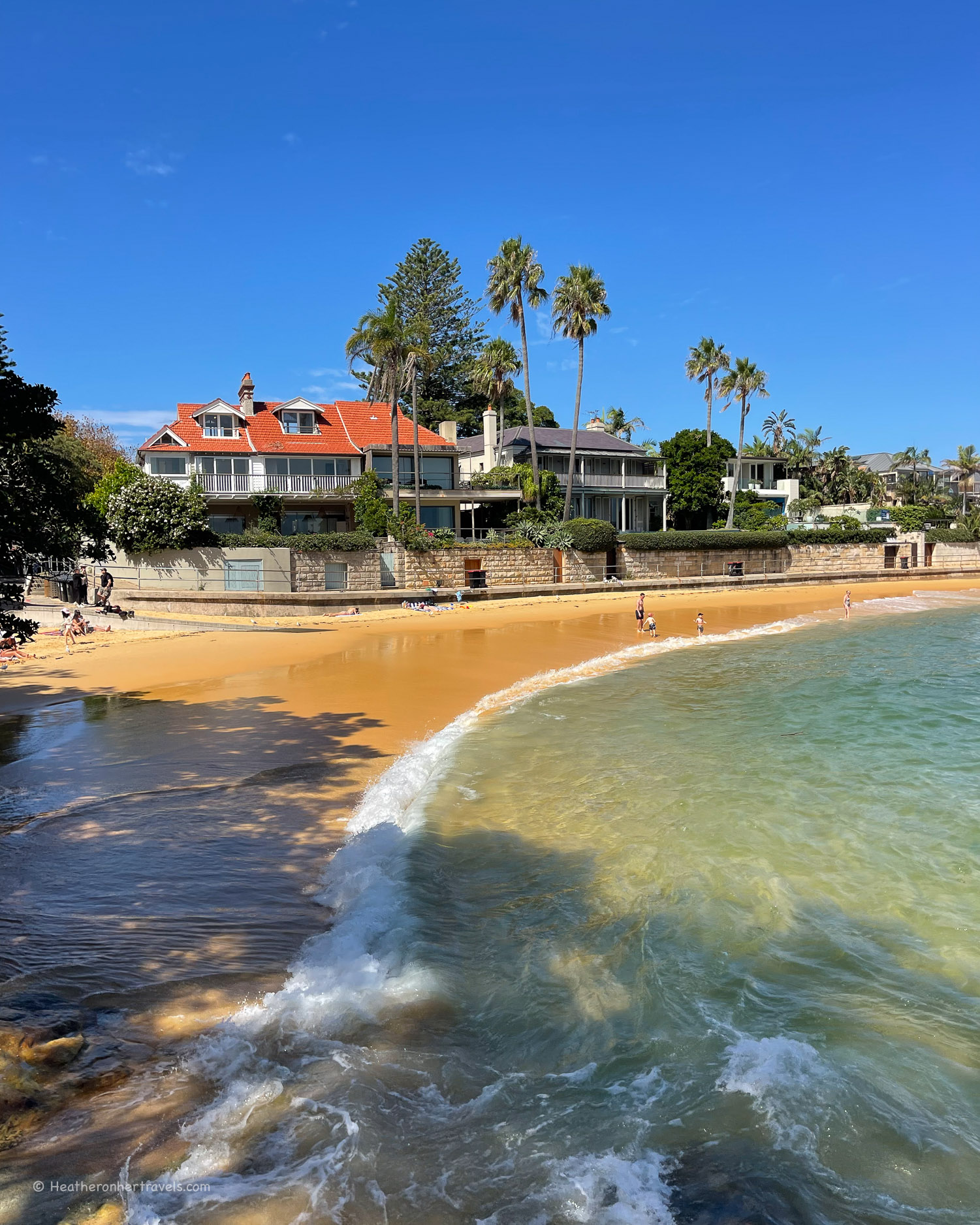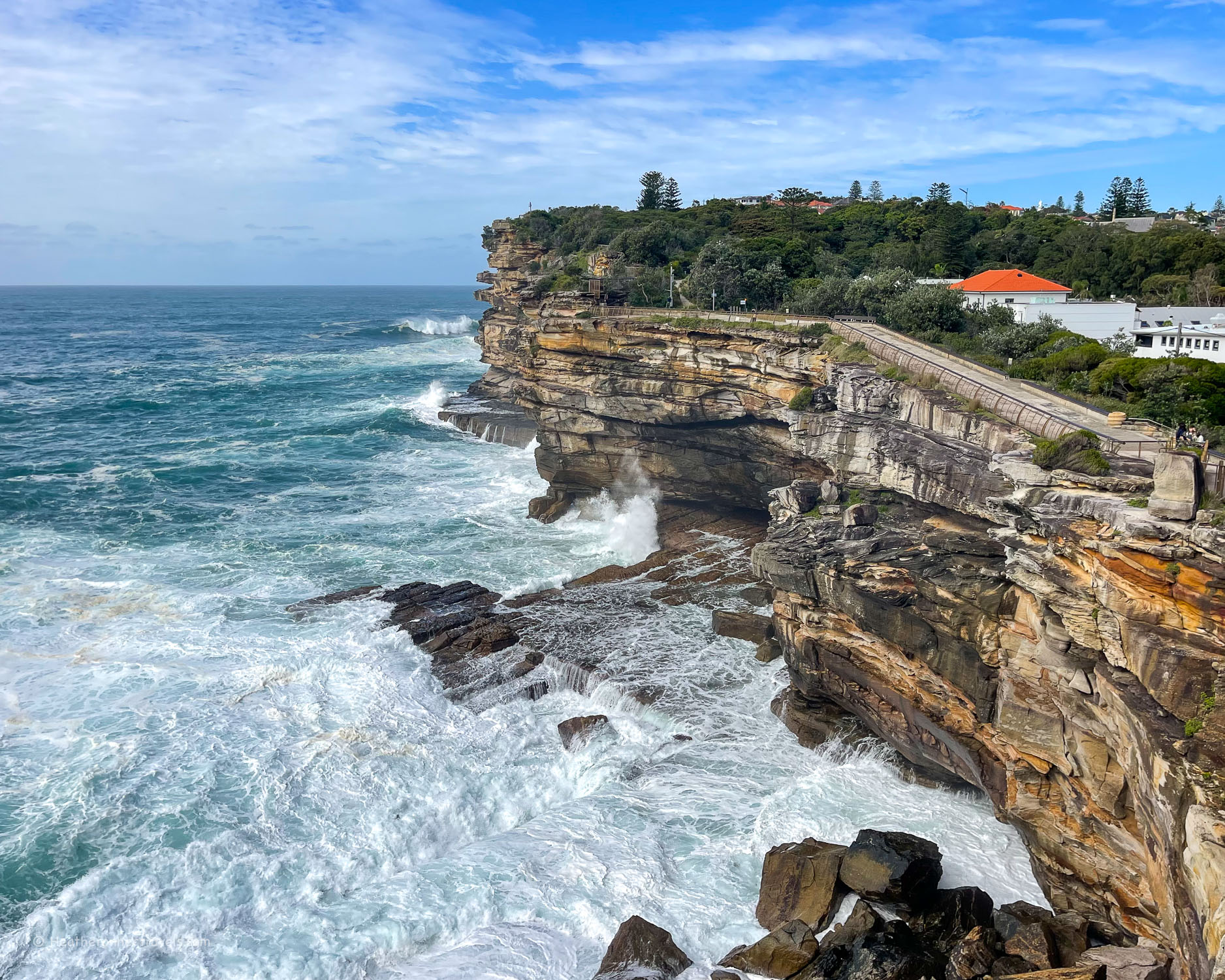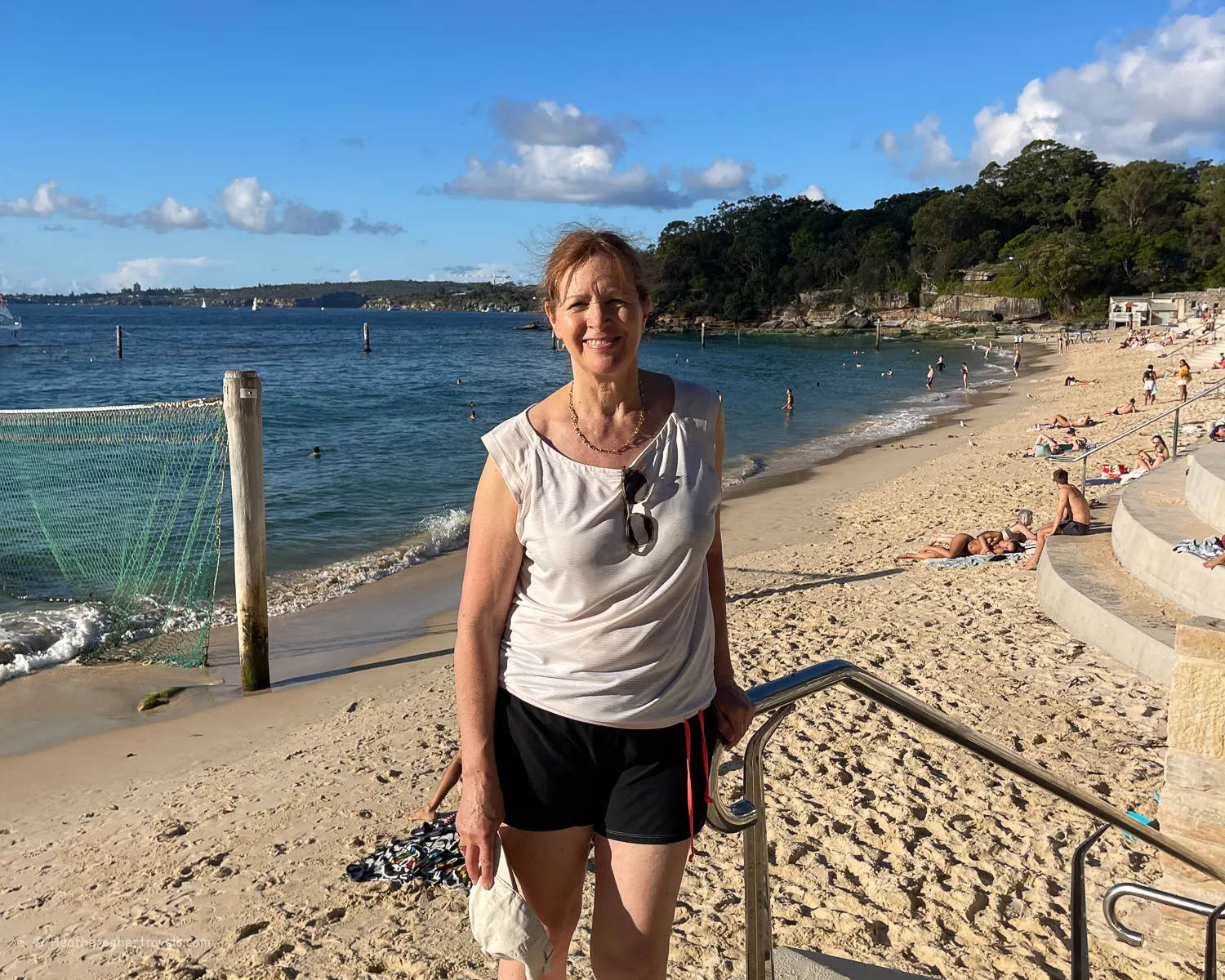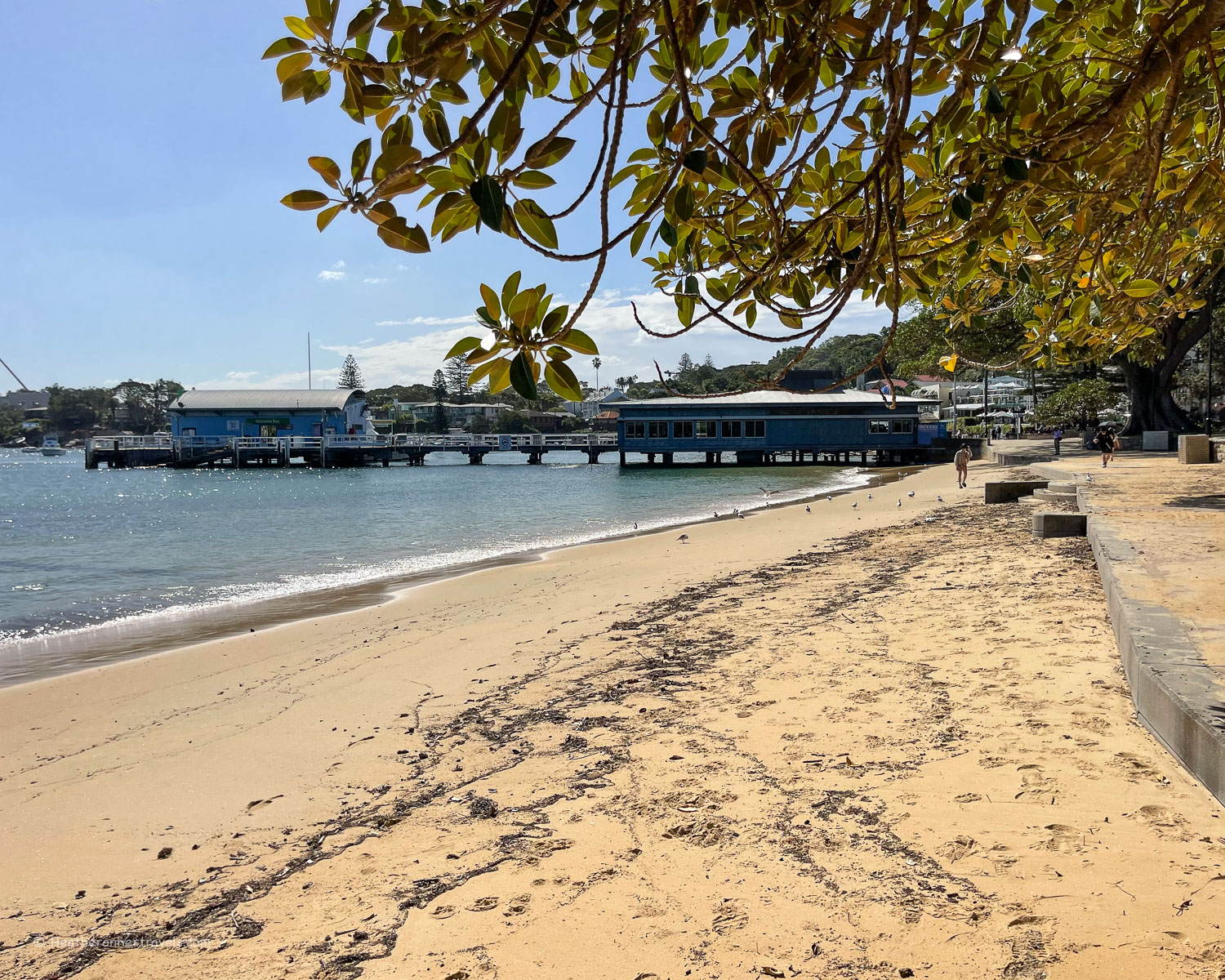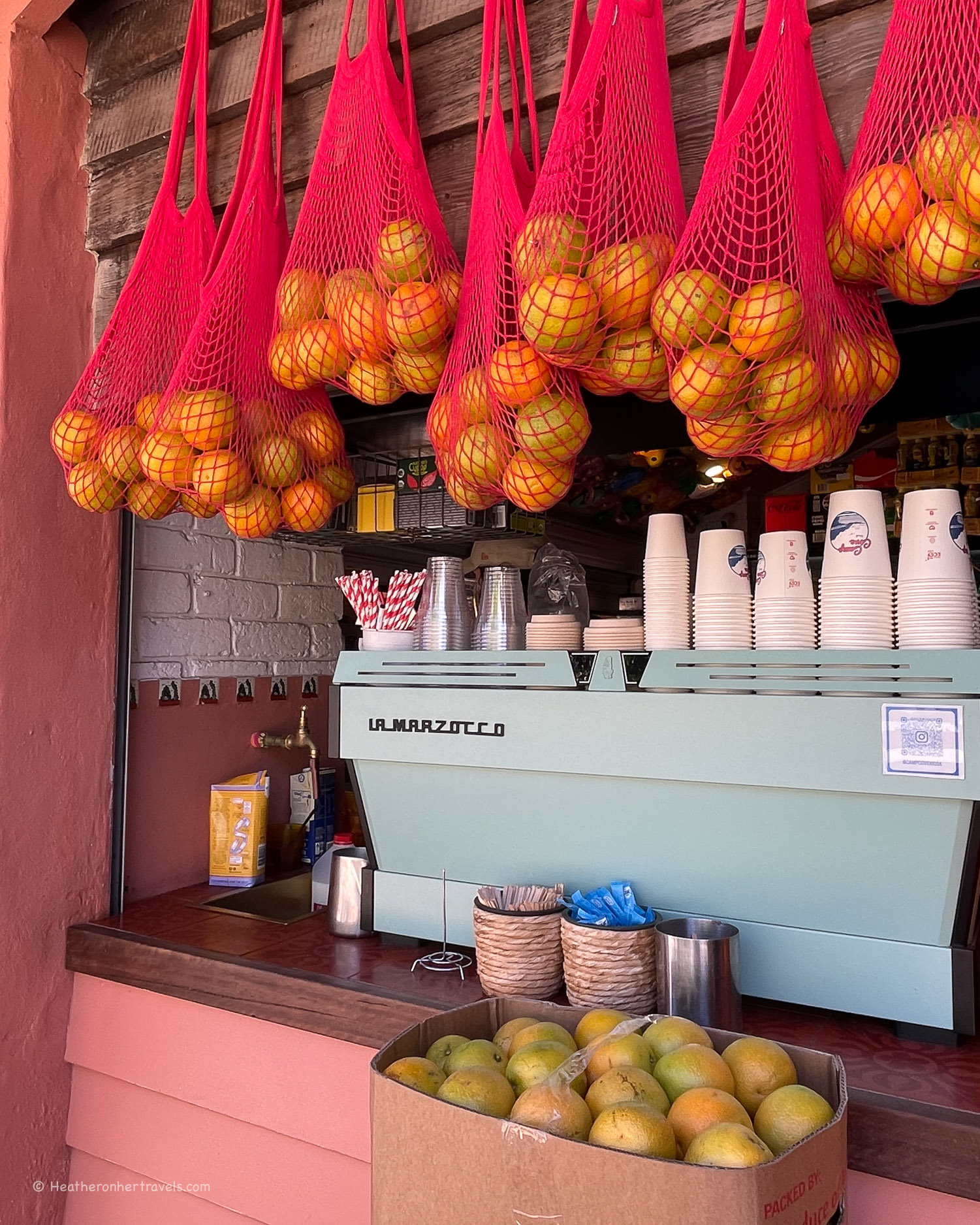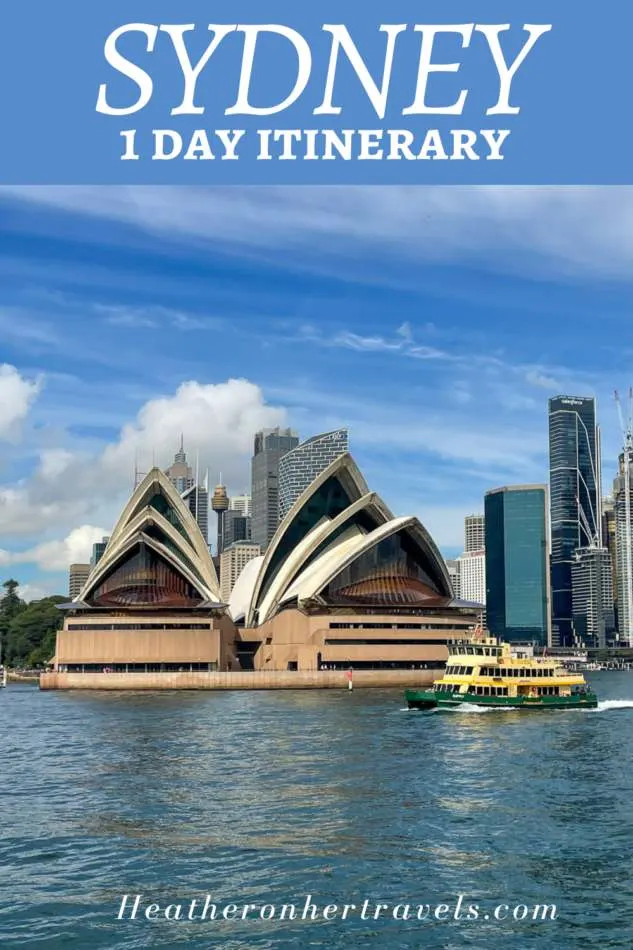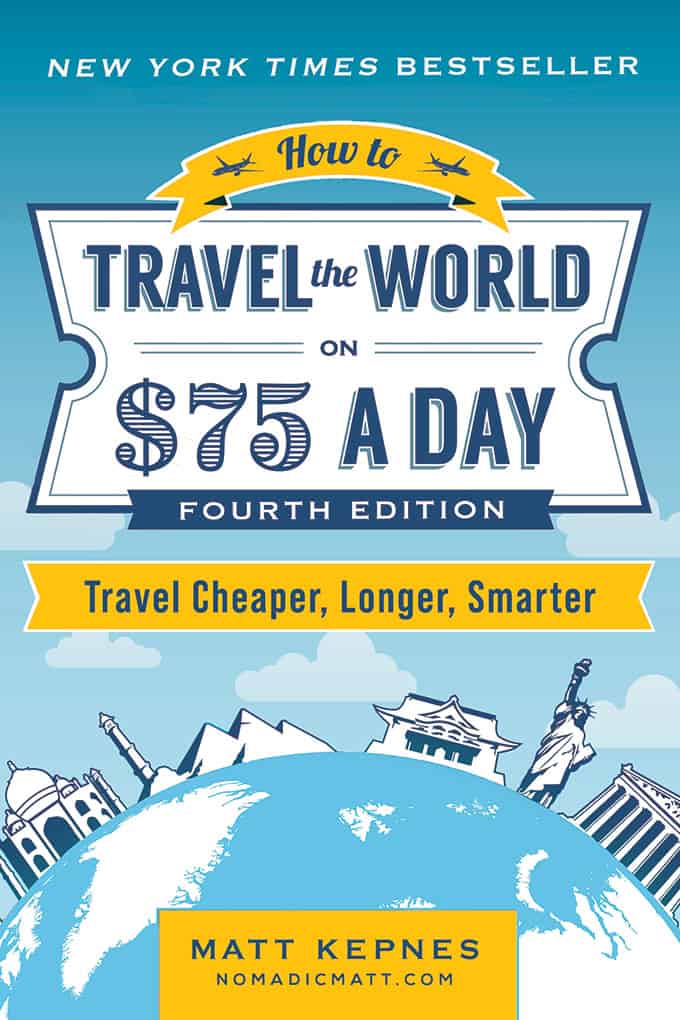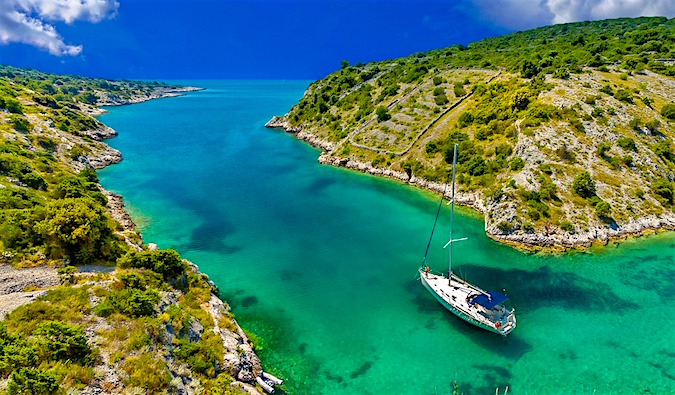Wondering when to visit Antarctica? Having personally visited the White Continent 15 times at different parts of the year, here is a month by month breakdown of what to expect and what it’s like to travel to Antarctica during the summer season of the Southern Hemisphere: November – March.
Antarctica is without a doubt, the wildest and most remote place on Earth.
We’ve been all over the world, spending 17 years travelling to 100+ countries, and we can honestly say that there is nowhere quite like here.
Only the most intrepid people make the trek down to this frozen continent at the globe’s Polar Circle. And it’s not necessarily an easy journey to make!
You shouldn’t just book a trip to Antarctica on a whim. A successful Antarctic expedition requires months and months of careful planning and preparation.
Not to mention, visiting Antarctica is expensive because it is such a rare and unique travel experience.
So if you’re going to spend your hard-earned money on this once-in-a-lifetime journey, knowing when to go is essential to your preparation as well!
Regardless of how rugged and remote the Antarctic Peninsula is, many travellers who make this trip south claim it’s the best trip of their lives.
Landscape photographers, wildlife enthusiasts, and adventure seekers flock to Antarctica for many reasons.
There are vast, untouched landscapes filled with colossal icebergs, fields of pack ice, dramatic displays of light, and icy Antarctic waters.
Penguins, whales, seals, and seabirds thrive in the Southern Ocean and down to the Antarctic Circle.
READ MORE: Discover everything else there is to know about the white continent in our detailed travel to Antarctica guide!
This continent is one of the best places in the world to see whales breaching, fluffy penguin chicks hatching, and seal pups frolicking.
If you’re ready to start planning a trip to the pristine snowy landscapes of Antarctica, it’s important to consider which month you’ll be visiting.
We’ve been at all the usual times – early season, peak season and late season – and know what to expect.
We also get hundreds of emails every year from people wanting to know the best time to go, so we’ve finally put this article together.
This article will serve as an ultimate guide to the best time to visit Antarctica! So read on for a month by month breakdown of the wildlife happenings and weather conditions of Antarctica!
| Month | Why Travel to Antarctica at that Time? |
| November | Pristine landscapes, sea ice |
| December | Stable weather, penguins building nests |
| January | Stable weather, penguin chicks, better accessibility for many landing sites |
| February | Great accessibility for most landings, good weather, whales |
| March | Peak whale watching season, beautiful sunrises and sunsets, potential for fresh snow |

When is the Best Time to Visit Antarctica?
It’s super important to research the best time to visit Antarctica before you book a trip down to the Polar Circle, so well done for finding your way to this article!
Tourists can only visit during the summer months, and it is recommended to start planning your trip at least 12 months in advance so you can figure out the best time and itinerary to go.
From November to March, Antarctica expedition cruises run frequently. But each month offers something a bit different!
After our very successful tour to Antarctica this season, we are going to be running another exclusive adventure down to the Peninsula in 2025, this time crossing the Antarctic Circle! Check out the Crossing the Antarctic Circle photography tour page if you’d like to learn more.
The best months for whale watching may not be the best months for seeing baby penguins for example.
Cooler temperatures mean massive icebergs, but warmer temperatures mean less sea ice and therefore further exploration into the Antarctic Circle.
Be sure to check out our list of what to do in Antarctica to help you prepare for your trip!
We will give a detailed explanation of each month in Antarctica and what that means for wildlife movements, trip costs, and landscapes!
Some Antarctica trips also include visits to nearby islands like South Georgia and the Falkland Islands, so we’ll mention some of the important happenings there as well.
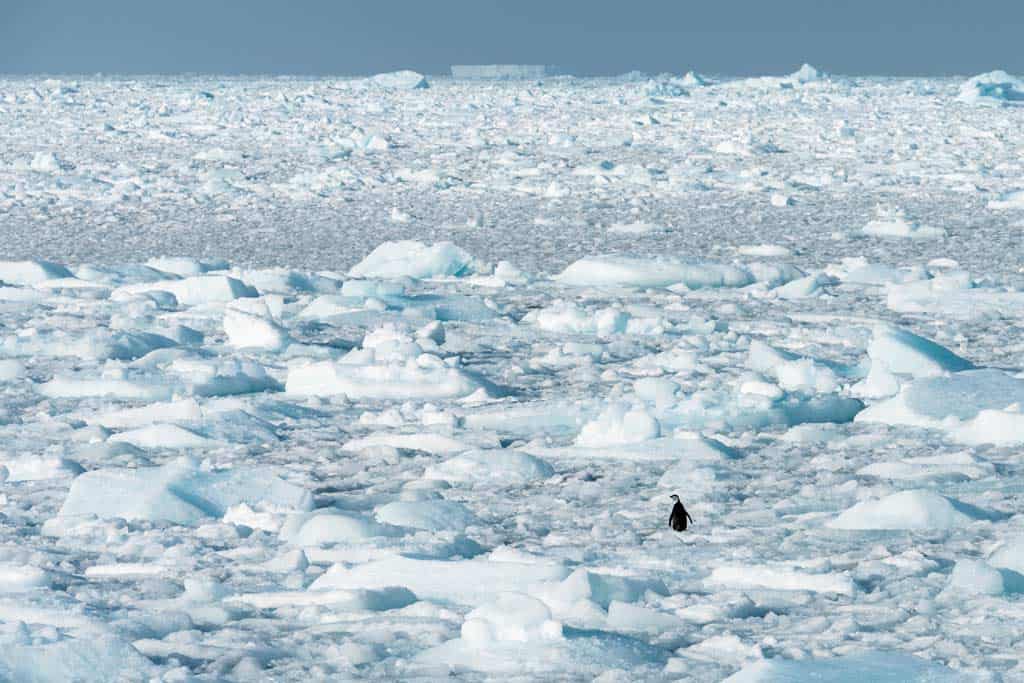
Antarctic Summer Season – Month by Month Breakdown
This guide to the best time to visit Antarctica will only cover the ‘summer months’: November to March.
Some Antarctic cruises may begin in late October, but it’s pretty rare. And the ones that do are usually on a mission into the Weddell Sea to visit the emperor penguin colony at Snow Hill, which is a very different and costly expedition.
We would recommend visiting Antarctica no earlier than November.
Many people also wonder about crossing the Drake Passage, and whether this notoriously rough patch of ocean is calmer at certain times of the year.
Unfortunately, the infamous Drake Passage can be turbulent at any time of year, so you’ll just have to conquer that obstacle regardless.
Trust us though, it’s part of the experience and despite potentially being seasick for a few days, it’s a badge of honour you can always wear proudly.
With today’s modern ships (unlike Shackleton’s Endurance) and sophisticated safety measures, crossing the Drake Passage isn’t necessarily dangerous, it’s just a bit rocky.
Just pop some motion sickness pills, relax, and enjoy the ride! You’ll be in Antarctica in no time!
Here is what you can expect when you arrive, depending on which month you visit.

November
November marks the start of the tourist season in Antarctica. That means relatively low prices and fewer tourists on the continent.
Cruise ships are just starting to arrive, and the wildlife is only just starting to become more active after a harsh winter.
Temperatures are still below freezing, snow levels are high, and icebergs are huge.
The plus side of these cold temperatures?
In November Antarctica’s landscape remains very much pure and untouched, with blankets of snow everywhere.
In a usual year, this is the only time to see significant blocks of sea ice before they start to melt over the summer.
The November sun is still quite low in the sky, which makes for spectacular sunsets.
Because of all these facts, our personal thoughts are, and many would agree that, November is the best time to visit Antarctica for landscape photographers!
In terms of wildlife, mating season is beginning for many species. Penguins begin mating and laying eggs.
You may even see some females waddling around with their eggs balanced on their feet.
In South Georgia, you’ll get to see elephant seals courting, which is a special, dramatic and confronting scene.
READ MORE: Want to see the huge king penguin colonies in South Georgia? Check out our expert guide on the best time to visit South Georgia!
And in the Falkland Islands, November is a great time to see wildflowers and active seabirds.
In late November, prices rise and tourism ramps up as the weather starts to get warmer!

December
If you had to pick the absolute best month for visiting Antarctica, December might be it.
Temperatures warm up to around 0 degrees Celsius! Yet because the summer has only just begun, you can still see some large icebergs lingering from winter.
By late December, the summer sun is in full swing. The sun rises and barely sets, leaving around 20-22 hours of daylight the further south you get.
Warmer weather and longer days mean ample time for exploring Antarctica. It also means that wildlife becomes extremely active, so get your cameras ready!
Migrating whales begin to pass through the Antarctic waters, ready to feed on nutrient-rich organisms in the cold ocean.
Humpback whales are starting to become more common, having finished their migration south from the tropics.
Penguin chicks are also starting to hatch! You can see baby penguins in early December on the Falkland Islands, though the chicks are more frequent towards the end of the month on the Antarctic Peninsula.
In South Georgia, elephant seal pups are born and courtship rituals for seabirds are common.
There is also an airstrip on King George Island that opens up in December if you’d rather fly to Antarctica than sail through the tumultuous Drake Passage.
A fair warning though – weather is unpredictable and flights aren’t 100% guaranteed, so you do run a risk that your trip may be shortened if the planes can’t land.
So in our personal opinion, December is arguably the best time to visit Antarctica, due to the warm weather, long days, and active wildlife. Keep in mind, this is also one of the most expensive times to visit Antarctica!

January
January is also considered peak season for travelling to Antarctica.
With almost 24 hours of daylight and temperatures around 10 degrees Celsius, many would consider January to be the best time to visit Antarctica.
This is the best time for land expeditions, as the snow and ice have receded, opening up more landing opportunities, and warm temperatures make hiking, Antarctica camping, and exploring more comfortable.
January means that sea ice breaks around the Antarctic Peninsula as well. So cruise ships can venture further into the continent, and the Ross Sea opens up for access.
Cruises into the Ross Sea are very exclusive. They are rare and expensive, but those who make the journey into the elusive Ross Sea can see the historic huts of previous explorers like Scott.
January is also the best time to see newborn penguin chicks on the Peninsula! These adorable critters are at their fluffiest in January, and the adult penguins are introducing their babies to the world.
You can also see penguin chicks in South Georgia. King penguins, gentoo penguins, macaroni penguins, and chinstrap penguins are common species to see on the island.
Seals and seal pups are also very active in both Antarctica and South Georgia. Fur seals are in the breeding season in South Georgia and therefore can be quite aggressive, so many operators struggle to make landings to ensure visitors keep their distance.
Whale sightings are also likely in January. Fin whales, minke whales, and orca whales make frequent appearances, though humpback whales are the most common ocean giants at this time.
READ MORE: Check out our list of the most interesting Antarctica facts we’ve learned!

February
As February approaches in Antarctica, summer is nearing its end. But temperatures are still quite high and sea ice and snow continues to shrink.
Sea ice is actually at its lowest in February. That means cruise ships can cross the Antarctic Circle with relative ease, and the Ross Sea is still open for access.
Penguin chicks are a bit older, meaning they’re more active and more inquisitive! You’ll often see parent penguins diving in and out of the water to find food for their growing chicks.
Active penguins also mean active predators. Orcas and leopard seals are easier to spot in February, as are fur seals and elephant seals.
February also offers amazing whale watching. Minke, sperm, southern right, and humpback whales are frolicking through the Antarctic waters, and blue whales might even make an appearance.
Seabirds are also playful in the late Antarctic summer. In South Georgia, you can even visit exclusive albatross nesting sites.
February offers great conditions for sailing and water activities like kayaking, though temperatures begin to drop later in the month.
One thing to consider though is that as there has been warmer temperatures and very little snow over the summer, many of the main landing sites will now be quite rocky and muddy.
They’ve also had thousands of people walk there before you, so the pristine feel is starting to fade and from a photographer’s perspective it’s not quite so unspoilt.
That’s not to say February is a bad time to go. The extra wildlife activity more than makes up for it.

March
March marks the end of the tourist season in the Antarctic Peninsula.
Temperatures start to get colder, daylight hours shrink creating epic sunrises and sunsets, and the weather starts to shift.
That also means there are fewer ships in Antarctica, and tour prices drop significantly.
By March, penguin chicks are a bit older and more curious. They’re often not afraid to walk right up to humans, so wildlife photographers will have a blast.
Baby penguins are molting as well, meaning they shed their grey fluff. Because snow cover is at its lowest since November, the landscapes aren’t as pristine in March as they were earlier in the season.
But March is by far the best time for whale watching in Antarctica!
Whales will have been feeding heavily for a couple of months now, so by March they become more playful and less focused on food.
It’s common to see whales breaching, and sometimes whales will even come right up to boats and kayaks to investigate what’s happening on the surface.
Fur seals and leopard seals are also still visible in March.
Sunrises and sunsets are more colourful as well because the sun is dropping lower in the sky again.
Don’t let the late season deter you – March is still a great time to visit Antarctica.

Can Tourists Visit the Antarctic Peninsula in Winter?
Though it’s not actually prohibited, tourists can’t really visit Antarctica in the winter.
During winter in the Southern Ocean, conditions are just not suitable for tourists to visit. The hours of daylight decrease rapidly.
By the peak of winter, the sun doesn’t rise at all, leaving the continent in complete darkness.
Temperatures are often -50 degrees Celsius, and snow and ice storms are common. Sea ice covers all the normal points of entry for ships as well.
You won’t find any Antarctica cruises running until late October, and this isn’t really a place where normal public transport exists! So tourists don’t have any reason to visit Antarctica in winter.
Read next: Are There Polar Bears in Antarctica?
Best Time To Visit Antarctica Conclusions
Many would consider late December or early January to be the best months to visit Antarctica.
Weather conditions are at their most favorable, with warm temperatures, low levels of pack ice, and long daylight hours. Wildlife is also very active, both in Antarctica and on neighbouring islands like South Georgia.
However, the early season and late season both have much to offer as well.
November is the best season for landscape photographers. The icebergs are still mighty, the snowy landscapes are still preserved, and the low sun makes glorious colors at sunrise and sunset.
February and March are the best months for whale watching! If you visit in the cooler months, just make sure you pack appropriately so you can stay warm.
So no matter which month you visit, you will find something special in Antarctica.
What is the best month to go to Antarctica?
The best month to go to Antarctica depends on what you are looking for. November is great for pristine landscapes, December and January is perfect for stable weather and penguin chicks, and February and March are the best time for whale watching.
When should I visit Antarctica?
In our opinion based on multiple trips at all times of the summer, you should visit Antarctica based on what you want to see – Unspoiled landscapes in November, abundant wildlife in December and January, and whales in February and March.



